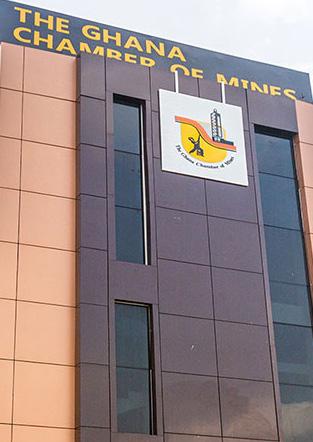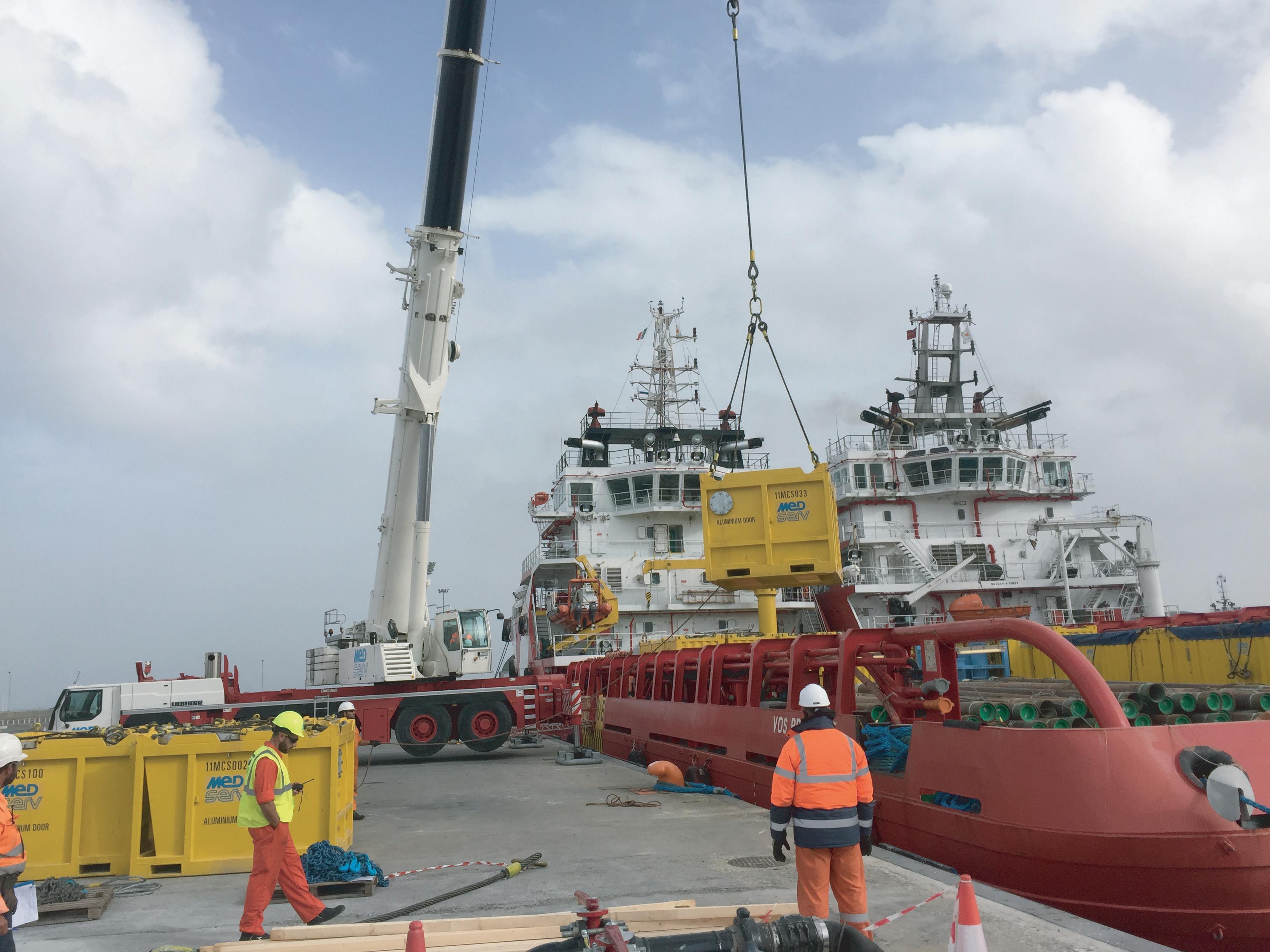




As summer draws to a close, we can look back over the last few (unusually) warm months and witness how many people are going back to work after a relaxing holiday. Here at Endeavour, we have braved the boiling office, clad with desk fans and all, to provide a wide variety of interesting features and stories. This month in particular, we have spoken to lots of new businesses, learning each of their unique tales.
This month’s stories include features from many companies who are greatly concerned with the Earth’s natural elements and enhancing the sustainability of the planet. Such stories include Proconics Engineering company, and the greener changes of E.On Energy, as well as our old friends AngloGold Ashanti. Furthermore, running with the summer theme, we have looked at Sun Metal’s green investment in Zinc, and its aim to be 100% green. This month’s Amazing World also features the spectacular natural phenomenon of Lake Hillier!
Publishing Ltd

not accept responsibility
or errors. The points of view expressed in articles by at tributing writers and/or in advertisements included in this magazine do not necessar ily represent those of the publisher. Any re semblance to real persons, living or dead is purely coincidental. Whilst every effort is made to ensure the accuracy of the infor mation contained within this magazine, no legal responsibility will be accepted by the publishers for loss arising from use of in formation published. All rights reserved. No part of this publication may be reproduced or stored in a retrievable system or trans mitted in any form or by any means without the prior
consent
In other news, we also spoke to the South Africanbased International Firearm Training Academy about the developing firearms industry across the country. Additionally African based is Nomad Tours, and their exciting new wildlife adventures. Further afield, we also spoke to DHL’s West African CEO, to learn more about their international standing. All in all, we have a variety of company stories, learning how culture and business integrate to create the perfect storm.
In a variety of our stories, we also touch upon the sustained effects of the war in Ukraine which sadly still has a large impact on businesses across the world, alongside the more subtle ramifications of the pandemic. Nevertheless, we can witness how many companies have persevered through adversity and continue to thrive!
I would also like to take the opportunity to introduce myself as the new Editor at Endeavour. We have a lot of exciting projects coming up that I can’t wait to work on. I also look forward to working with lots of new innovative businesses as well as some old-friendly faces of the magazine. Overall, I can’t wait to continue the publication’s fantastic legacy as well as bringing exciting new things to Endeavour.
by Lucy Pilgrim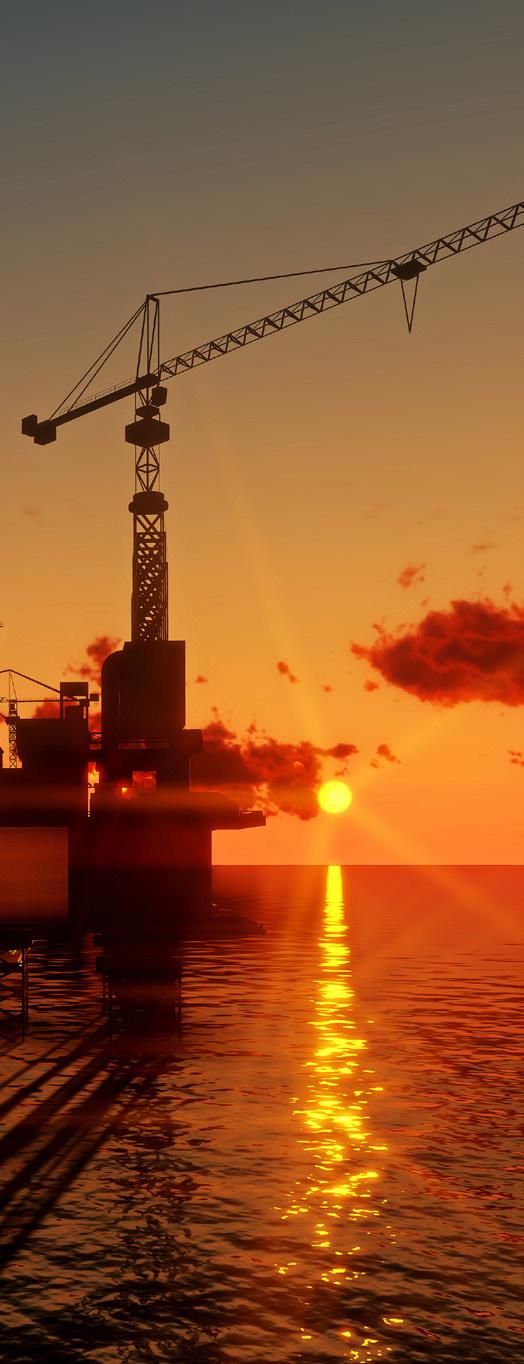
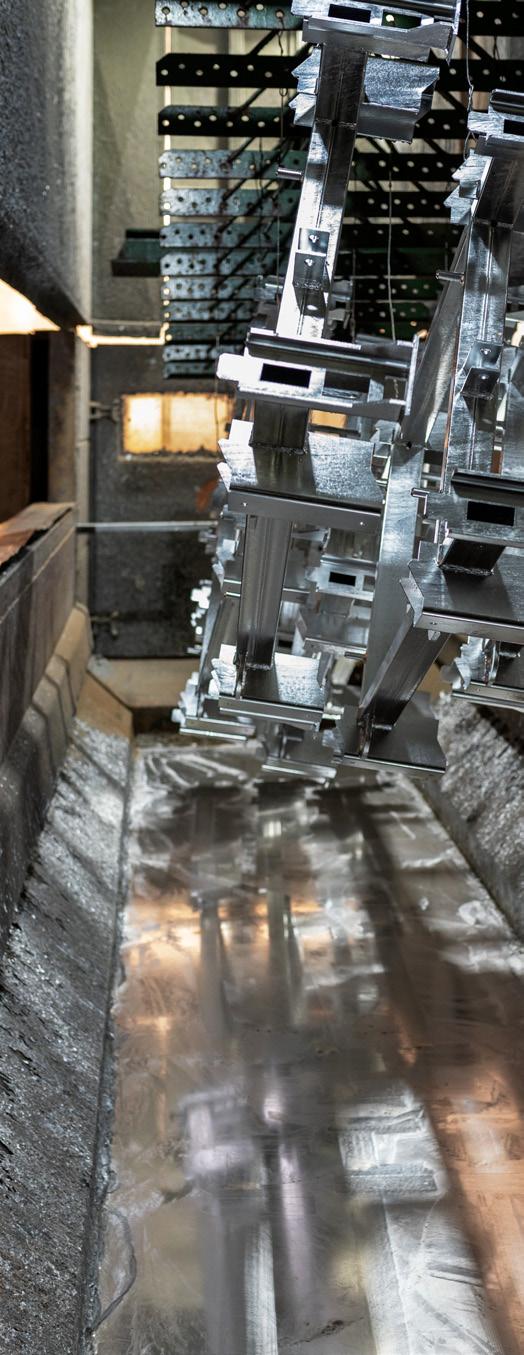

Sri Lanka says it has asked China to defer a planned visit from a military vessel.
Sri Lanka had previously approved the visit, but has defered to pressure from India to withdraw this approval.
The Yuan Wang 5 was due to arrive at the Chinese-built and leased Hambantota port in Sri Lanka’s south for five days for replenishment.
Foreign security analysts describe the Yuan Wang 5 as one of China’s latest generation spacetracking ships, used to monitor satellite, rocket and intercontinental ballistic missile launches.
The Pentagon says Yuan Wang ships are operated by the Strategic Support Force of the People’s Liberation Army.
New Delhi fears its bigger and more powerful rival will use Hambantota as a military base in India’s back yard. The $1.5bn port is near the main shipping route from Asia to Europe.
Asked about the controversy over the ship, Chinese foreign ministry spokesman Wang Wenbin told a regular news briefing that China’s relations with Sri Lanka were “not targeted at third parties”.
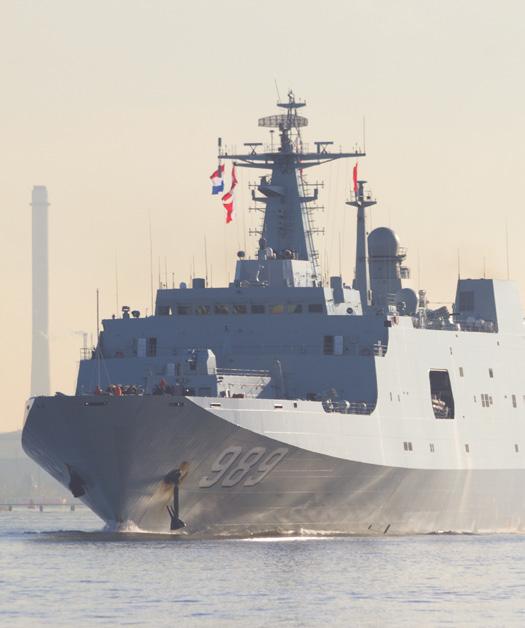
India seeks to restrict Chinese smartphone makers from selling devices cheaper than 12,000 rupees ($150) in order to aid its faltering domestic industry, dealing a blow to brands including Xiaomi Corp.
The move is aimed at pushing Chinese giants out of the lower segment of the world’s secondbiggest mobile market. It coincides with mounting concern over high-volume brands undercutting local manufacturers.
Exclusion from India’s entry-level market would hurt Xiaomi and its peers, which in recent years have increasingly relied on India to drive growth while their home market endures a series of lockdowns.
Smartphones under $150 contributed to a third of India’s sales volume for the quarter through June 2022, with Chinese companies accounting for up to 80% of those shipments.
The move shouldn’t affect Apple Inc. or Samsung Electronics Co., which price their phones higher.
In private, however, the government continues to ask Chinese executives to build local supply chains, distribution networks and export from India,
suggesting that New Delhi still very much wants their investment.
China says it has completed nearly a week of military drills around Taiwan following a visit to the island by US politician Nancy Pelosi.
House Speaker Pelosi, the highest-ranking US official to land in Taiwan since the 1990s, defied China’s warnings not to visit.
Four days of live-fire exercises were followed by anti-submarine attacks and sea raid rehearsals.
Ms Pelosi’s brief trip incensed Beijing, which views Taiwan as a breakaway province to be reunited with the mainland.
An overwhelming majority of people in Taiwan, a democracy with a free media, oppose any sort of unification with China.
The island’s government rejects Chinese claims of sovereignty and sees itself as distinct from the mainland. Beijing seeks to isolate the island internationally.
Taiwan has accused China of using the drills as practice for an invasion.
The sea and air operations were successful, said China’s military, which vowed to keep patrolling the Taiwan Strait.
The Tunisian judiciary suspended the dismissal of 50 judges by President Kais Saied.
On June 1 Mr Saied, who took over all powers a year ago, dismissed 57 judges by presidential decree, accusing them of corruption and obstructing several investigations.
Fifty-three judges filed appeals with the administrative court.
The suspension of the dismissals for an unspecified number of judges was announced by administrative court spokesman Imed Ghabri.
The other magistrates, who are facing criminal charges, have not benefited from the suspension decision.
The dismissal of these magistrates had been denounced by several NGOs, including Human Rights Watch and Amnesty International, as a “direct attack on the rule of law”. It led to a month’s strike by magistrates.
The report notes that the disruptive impact of the COVID-19 pandemic could threaten 2020 - 2022 statistics.
The Tracking Universal Health Coverage in the WHO African Region 2022 report shows that healthy life expectancy - the number of years an individual is in good health—increased to 56 in 2019, compared with 46 in 2000. While still well below the global average of 64, the global healthy life expectancy increased by only five years over the same period.
Improvements in the provision of essential health services, gains in reproductive, maternal, newborn and child health, as well as progress in the fight against infectious diseases all helped to extend Africa’s healthy life expectancy.

On average, essential health service coverage improved to 46% in 2019, compared with 24% in 2000. The most significant achievements were in preventing and treating infectious diseases, but this was offset by the dramatic rise in hypertension, diabetes and other noncommunicable diseases and the lack of health services targeting these diseases.
Over 800 inmates have escaped from a prison in eastern DR Congo after gunmen staged a jailbreak in which two policemen were killed.
A group of unidentified Mayi-Mayi attacked the central prison of Kakwangura in the town of Butembo. Two policemen on guard duty were killed.
The Mai Mai are members of Congolese selfdefence groups.
According to a prison source who requested anonymity, of the 872 people held in the prison, only 49 remained.
Presented by the jihadist organisation Islamic State as its branch in Central Africa, the Allied Democratic Forces group is accused of being responsible for the massacres of thousands of civilians in eastern Congo and of having committed attacks in Uganda.
Healthy life expectancy in the African region has increased on average by 10 years per person between 2000 and 2019, a World Health Organization (WHO) assessment reports. This rise is greater than in any other region of the world during the same period.
The ADF is said to be one of the most deadly groups in the eastern region of the DRC, which has been torn apart by violence for nearly 30 years.

The US decision to back NATO expansion and impose sanctions is under fire from China’s ambassador for Moscow.
The Chinese Ambassador to Moscow has accused the White House of seeking to “crush Russia”, as they are accused of being the “main instigator” of the war in Ukraine. Ambassador Zhang Hanhui stated Washington pressurised Russia through repeated expansions of the NATO alliance, and supporting Ukranian forces who are aligning with the European Union, rather than showing support for Moscow.
In an interview with Russian state news agency TASS, Zhang was quoting saying the following: “Their ultimate goal is to exhaust and crush Russia with a protracted war and the cudgel of sanctions.”
Zhang’s reasoning follows on from Russia’s own justifications for its invasion of Ukraine, which has led to devastation across the entire country and thousands of deaths.
A presidential candidate from Panama posted an urgent message on social media after his helicopter crashed in one of Panama’s jungles.
Dimitri Flores, an independent candidate hoping to stand for election in 2024, posting the video from the site of the helicopter crash in the mountains of western Panama.
The politician stated that several were injured in the crash after the helicopter was said to be carrying 6 people.
In the video, Flores urges whilst in great pain that “The helicopter crashed” and “we have to thank God that we are alive.” He further described that “there are broken legs, arms, wow”, until making a final plea “try to send for me”.
The remains of the orange helicopter can be seen in the video, protruding through dense branches.
Details of how the helicopter crashed have not been given, but Flores explained that the accident happened at 4,500 ft [1,400m] in the mountains, after [the area of] Cieba and reaching Jaramillo.”
The Civil Aviation Authority of Panama posted on Twitter that the aircraft had already been located and said that rescue operation was under way.
The US highly believes that American journalist Adam Tice, who was abducted ten years ago, has been held by the Syrian government, states President Joe Biden.
Former US Marine, Adam Tice, was taken captive near Damascus on the 14th August 2012, whilst reporting on the country’s civil war, says his family.
Biden has recently said that “we know with certainty that he has been held by the Syrian regime” and that he called on Syria to “work with us so that we can bring Austin home”.
Syria completely denies such allegations. President Bashar al-Assad has not confirmed his government is holding Mr Tice, whilst other top Syrian officials have previously denied detaining the American reporter. Overall, no group has taken responsibility for the reason behind his disappearance, and his location is not publicly known.




The UN Security Council has held an emergency meeting to discuss the situation in Gaza.
Several members have raised concerns during a temporary ceasefire between Israel and Islamic Jihad, a Palestinian armed group.
The ceasefire has followed three days of Israeli air raids on the territory.
Russian Ambassador Vassily Nebenzia stressed the council was “deeply concerned by this turn of events, which could lead to the resumption of a fully-fledged military confrontation and a further worsening of the already dire humanitarian situation in Gaza”.
At least 44 Palestinians — nearly half of them civilians, including 15 children — were killed after Israel began a series of bombardments of Islamic Jihad positions in Gaza. Hundreds of people in the territory were injured.
The armed group fired thousands of rockets in response, but most were intercepted or blown up. Israeli emergency services said three people were injured by shrapnel and 31 others slightly hurt.
The fighting was the worst in Gaza since last year’s 11-day war that killed at least 250 people.
A Turkish drillship has departed to search for gas in contested waters in the eastern Mediterranean, nearly two years after Turkey ceased its offshore gas explorations in the area.
The Abdullhamid Han drillship set sail with the blessing of President Recep Tayyip Erdogan, who said that the ship would operate 34.2 miles off Turkey’s coast in an area within the country’s sovereign territory.
The eastern Mediterranean, with its substantial natural gas potential, could become a catalyst for regional and wider disputes after the Russian invasion of Ukraine triggered a global energy crisis.
Gas explorations have been continuing in Cypriot offshore blocks since gas fields were discovered in the early 2000s.
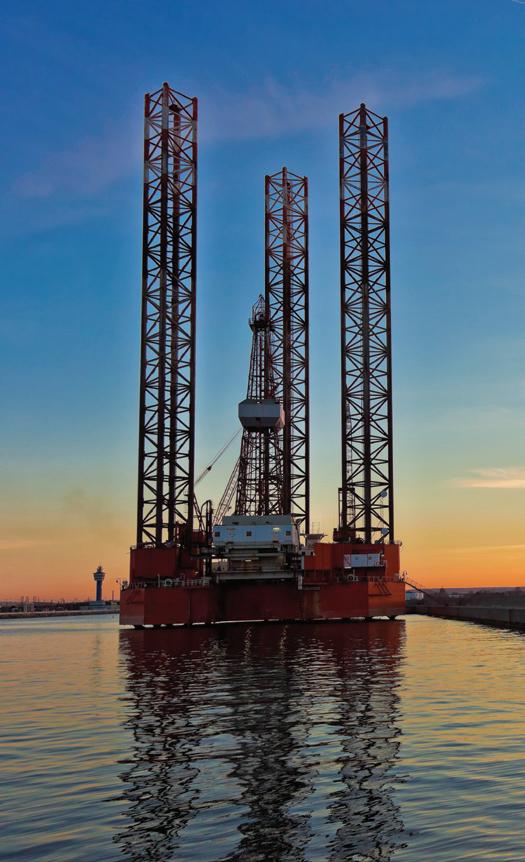
But Turkey – which in 2019 spent $40bn on gas import and does not recognise Cyprus as a sovereign state – has asserted its “sovereign right” to drill for energy reserves off the island.
Palestinian health officials had been issuing warnings of an imminent stop in the provision of medical services due to the lack of fuel needed to operate the electricity generators in hospitals and health facilities across Gaza.
The Strip’s only power plant had shut down days after Israel stopped the planned transport of fuel into the territory.
At least 15 children were among the 44 people killed in the Gaza Strip in three days of Israeli bombardment, according to Palestinian health ministry officials.
Mohammad Abu Salmiya, Shifa’s director, said the collapse of the health sector was an inevitable result of the 15-year Israeli blockade imposed on the Strip.
Now, he has added, the electricity crisis has worsened the situation, describing it as “at a critical stage”.
Over 1,000 firefights are combatting a ‘monster’ wildfire in the South-western region of France, destroying thousands of hectares of land and forest, according to officials.
The blazing flames near the city of Bordeaux has wiped a number of homes and forced over 10,000 residents to flee.
“It’s an ogre, it’s a monster,” as stated by firefighter representative Gregory Allione on France’s RTL Radio.
Throughout the summer, France, alongside many other European cities, have witnessed onslaughts of deadly wildfires, triggered by droughts and record temperatures across the continent. For example, more than 1,000 deaths have been linked to the heat within Portugal and Spain.
The fire in Bordeaux follows on from the huge wildfire in France’s Gironde region, about 30 km south-east of Bordeaux.
Ryanair chief executive Michael O’Leary announces that Ryanair will stop offering flights at hugely low prices due to the greatly increased cost of fuel.
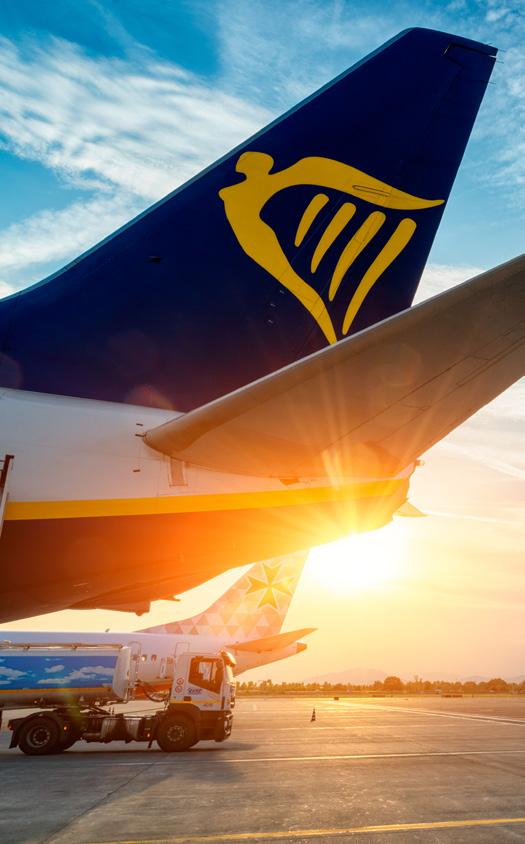
The well-known airline Ryanair has admitted to no longer being able to offer $10 airfare prices. O’Leary told the BBC that Ryanair’s prices would rise from around $40 (£33.75) last year to approximately $50 over the next five years.
O’Leary further stated that there’s “no doubt that at the lower end of the marketplace, our really cheap promotional fares – the euro fares, the $0.99 fares, even the $9.99 fares – I think you will not see those fares for the next number of years.”
The big increase in fuel costs that is pushing up airfares, can also be seen in the rise in the cost of energy bills, eating into many people’s disposable incomes. However, the airline chief has said that despite that, he predicts that customers will seekout lower cost flights rather than cut back on flying all-together.
Establishing the peak of the current global inflation has been an arduous task for many
economists and bankers across the world. Can we however begin to cross our fingers for a lowering of prices?
Data released recently would suggest so, as it indicated that some measures of inflation have cooled in the world’s two largest economies. Such news is likely to spark the debate over whether the worst could be over after a year of rampant price increase.
In comparison to the US, where consumer prices did not rise in July, the same cannot be said for the EU, where households can still expect to seem energy prices rise over the coming Winter. Within the UK in particular, which has very little storage capacity for gas, consumers must prepare to see their energy prices heavily rise in the run up to October when the current price cap expires.
A silver lining can be found however in the fact that core inflation (the number that measures inflation while excluding the price of unstable components like food and fuel) has started decrease in the US and UK.
 Written by Lucy Pilgrim
Written by Lucy Pilgrim

In recent years, the firearm training industry has greatly developed on a global scale, due to the consistent increase in firearms purchases. Subsequently, there has been an even greater need for the training of firearm instructors.
Based in South Africa, International Firearm Training Academy (ITA) is a service provider which specializes in the professional training of firearms instructors. Established before firearm training was formally recognised by South Africa’s Department of Higher Education and Training, ITA is the top service provider in the country and partners with over 280 accredited training centers that have access to their training system and materials.
In comparison to most industries, the firearms industry is still relatively young in South Africa and has only been recognised as a professional industry for approximately 15 years. In 2001 the Government’s Education Department implemented the National Qualifications Framework (NQF) which allowed for the recognition of prior learning (RPL) by higher education institutions across the country. The framework included the recognition of the expertise and skills of firearms instructors, allowing these individuals to obtain formally recognised qualifications in their field. The establishment of a recognised profession was vital in formalising South Africa’s firearms industry, which has seen significant growth in the last 10 years.
As one of the country’s oldest firearms training providers, ITA offers a variety of high-quality training programmes that are on par with international firearms training standards. Company owner Nikki Pretorius discusses some of the factors that contribute to ITA’s market-leading status in South Africa: “ITA was established many years before other training providers in the market, and ITA’s founder André, worked with the Standards Generating Body (SGB) when it came to re-write the Unit Standards for the formal firearms training qualification. In addition to this, ITA is the only lead service provider in South Africa that offers training for all the unit standards that make up the full Certificate in Firearm Training (SAQA Qualification ID 50480).”
ITA’s origins can be traced back to 1993 when the founder, André Pretorius, travelled to the United States and enrolled in the National Rifle Association’s (NRA) Firearms instructor training courses. Upon completion of his training, André returned home to South Africa as one of the country’s most highlyqualified firearms trainers in the country. Not to mention also the youngest at the time!
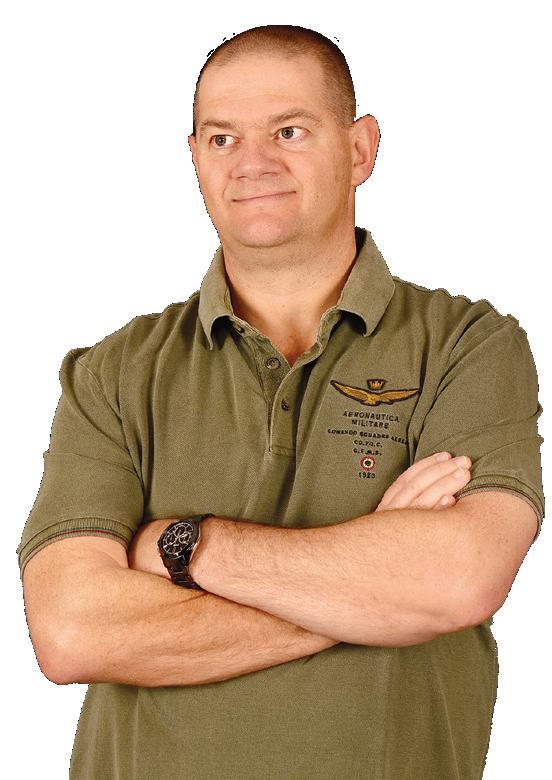

Nikki explains how throughout Andre’s twodecade tenure with ITA, “he worked closely with other firearms professionals to not only develop ITA as a business but to advance the standards within the local firearms industry. His work with firearms experts of various disciplines (such as ballistics, policing, ex-military personnel, outcomes-based educational, and other firearm instructors, etc.) established ITA as a market-leading firearm training provider.”
Andre’s strategic efforts for the company extend to his work with the South African government, in the implementation of industry changes that were necessary when the Firearms Control Act was adopted in 2000. This is further demonstrated through his significant role in establishing a professional industry body, known as the Professional Firearms Training Council (PFTC). This particular process was vital in ensuring that quality assurance standards were met and that a clear guideline was established for the professional training of firearms instructors and the creation of training materials for the industry.
The legacy of Andre’s contributions live on in both the firearms industry and in ITA, reinforced by the experts he originally partnered with and supported by his wife Nikki, who stepped into ITA’s leadership role after Andre’s passing in 2017.
Nikki’s dedication to his legacy and determination to sustain ITA’s market-leading position, have resulted in a dramatic career change. From the onset, one of Nikki’s main goals was to enhance her skills and knowledge in order to effectively lead the business. During her first year at the helm, she qualified as a firearms instructor, then as an assessor and is constantly upskilling herself on the shooting range and expanding her firearms know-how.
These firearms-related skills are complemented by her honours degree in corporate communications as well as her branding and marketing background which have aided in her enhancement of ITA’s training materials. ITA’s “new look” training manuals were launched in 2019, garnering a positive response from their training partners and from learners. As a highly motivated individual, Nikki continually seeks ways to advance the business, going so far as to obtain a National Diploma in Occupational Directed

Educational Training and Development Practices. This affords her the knowledge to personally ensure that ITA’s training systems and materials comply with SAQ’s requirements for educational materials and learner programs.
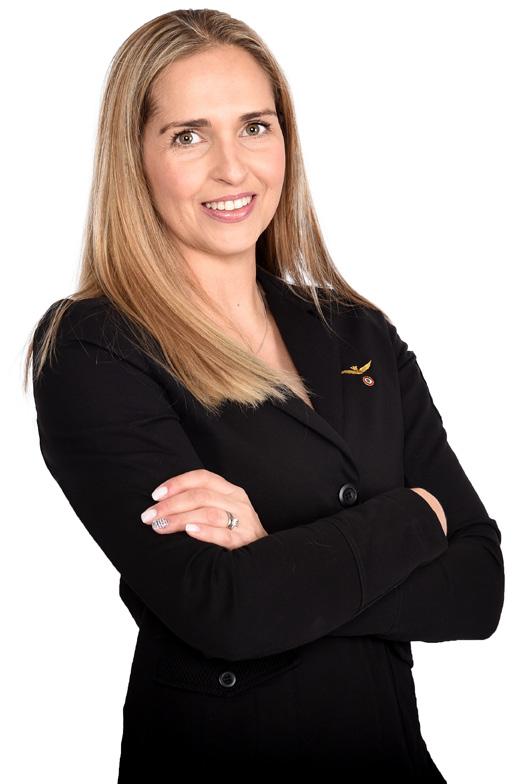
The company’s training offering is extensive and includes courses for private citizens wanting to license a firearm for self-defence to the full Firearms Trainer professional qualification. Another key area of business is the training of security personnel. The country’s private security industry is massive and security officers are legally required to maintain their competency and qualification.

Learners who receive training from ITA or an ITA-accredited training centre, receive safe and professional instruction that ensures they are competent with their firearm and compliant with law. As a supporting mechanism for the practical implementation of firearm-related laws, ITA sets itself apart from its competitors by maintaining a standard of excellence in its training systems and materials thanks to their advanced understanding
of the firearms educational system and through the use of adult learning methodologies in their programmes.
Most of ITA’s programmes are accredited by the PFTC and are compliant with the South African Qualifications Authority’s (SAQA) respective requirements for full qualifications and unit standards.
While ITA’s main operations take place in South Africa, their training system is used in other African countries such as Namibia & Kenya. Here the accredited training partners utilise the ITA training system even though there are no formalise processes that govern firearm training and no formal qualifications in the use of firearms that are recognised by the respective governments and these countries.
Moving further afield, ITA’s materials are also used in Abu Dhabi and Dubai, by ITA Counsellors – an ITAoriginated title given to high-level firearms training facilitators who specialise in Instructor Training.
The success of ITA and that of South Africa’s firearms industry is not without its challenges however. Factors that may appear distant and unrelated to a country at the southernmost tip of
Nikki PretoriusAfrica can have a significant impact on businesses within its borders.
The global lockdown in 2020 resulted in supply chain issues that had far-reaching consequences across the world. In addition to this, the price of raw materials increased and raised the cost of goods such as paper. Businesses like ITA rely on printed training materials due to the fact that firearms training must take place in person.
The recent situation in Ukraine is also a perfect example of how a major conflict can have a knockon effect on business in distant countries. The war in Ukraine has added an extra challenge for South Africa’s firearms-related business in acquiring ammunition and the components for reloading ammunition, such as primers, powders, as well as other key firearms components. These items have not only become far harder to source but have also been subject to a significant price increase.
ITA owner Nikki however, is positive about the future of the business and South Africa’s firearm industry:
ownership in South Africa continues to grow, whether it be private citizens licensing a handgun for personal protection, or security officers entering the booming private security industry. South Africa needs professional Firearms Instructors to accommodate the increase in learners we’re seeing at training centres around the country.”
With an ambitious leader and the support of firearms experts, ITA is sure to stay at the forefront of South Africa’s firearms training industry.
“We have some projects in development right now that I am very excited to launch to the industry with the next 6-12 months”, says Nikki.
Whether you’re a firearm novice or an experienced marksman, professional training is a must for all firearm owners. International Firearm Training Academy are the experts when it comes to professional firearms training in South Africa. Alongside their accredited training partners across the country, they provide firearm owners access to a high standard of training programs.
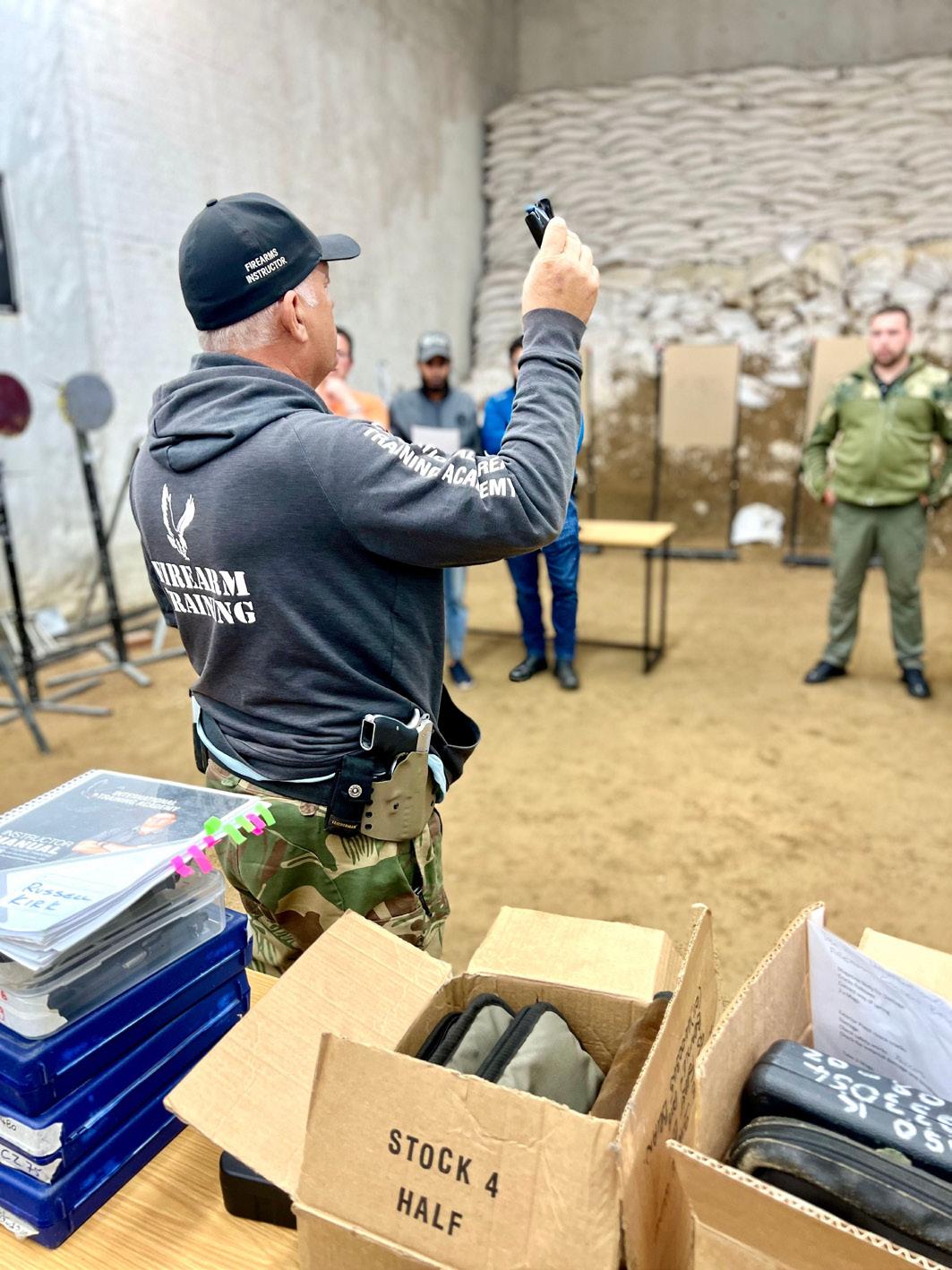

 Written by Lucy Pilgrim
Written by Lucy Pilgrim

The gold mining industry has for centuries dominated on a global scale. As it currently stands, the industry conducts projects across every continent (except Antarctica). AngloGold Ashanti, in particular, is one of the largest independent gold producers in the world, employing thirty-thousand people on average. First formed in June 1998, AngloGold initially began their interests within the Anglo American Corporation of South Africa. However, they now have investment projects in areas such as Australia, Zimbabwe, South America, conducting global gold mining projects across nine countries.
So, what does AngloGold have to offer to its shareholders? Significantly, AngloGold Ashanti boasts not only the production of gold as its main focus, but also silver (Argentina) and sulphuric acid (Brazil), as by-products of its gold production, thus providing a greater variety of investment to its shareholders. In a nutshell, exploration is a cornerstone of the business. By establishing and maintaining a long stream of economically viable and competitive projects, AngloGold is able to maintain long-term mining projects. Such investments are efficiently maintained by a skilled workforce to enable cost-effective and safe operations, that is only encouraged by its clear goals of diversity within the global community. Moreover, exploration programmes like Greenfield Exploration and Brownfield Exploration, enable AngloGold to expand projects, such as their ore reservoir, and to maintain consistent standards of drilling. This enables AngloGold to efficiently prioritise certain projects that have the highest potential for success.
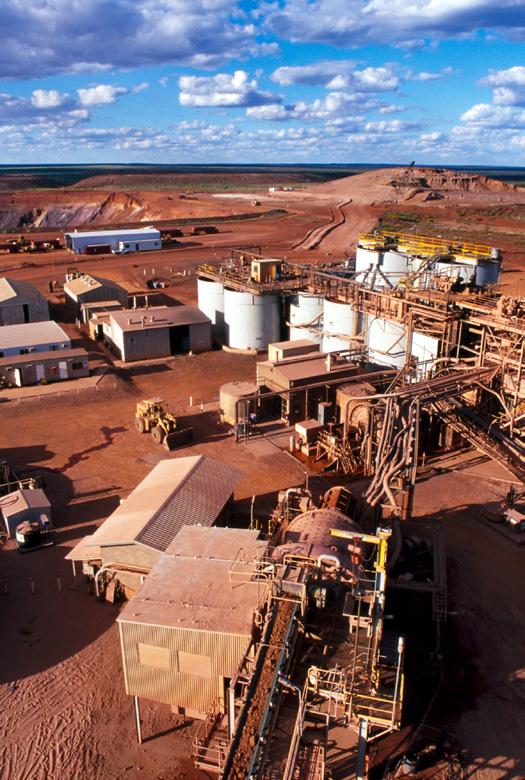
As well as offering the sale of product and financial management, AngloGold also has a great green initiative, achieved by developing and maintaining constructive stakeholder relations to support regulatory and social licenses. Such environmental measures mean that AngloGold consciously mitigate their environmental impact and manage closure responsibly. In an interview in 2018, the Managing Director of AngloGold, Eric Asubonteng, spoke of the importance of remaining sustainable within long-term projects.
Commenting on the Obuasi Mine located in Ghana, Eric stated that from the end of 2015 they began the reconstruction and development of the mine, that was at one point not viable. Nevertheless, not giving up on the key resource, the mine was made viable through “key agreements from the government of Ghana, including securing environmental permits” which means that the mine can commence for potentially another 21 years.
Eric further highlighted that even when the Obuasi mine wasn’t producing in the period between 2012 and 2018, the company still upheld their Corporate Social Responsibility (CSR) principles. This meant that the hospital, and the school, as well as other key areas of infrastructure, were kept open. Last year, AngloGold’s commitment to sustainability

and the community can be witnessed in the health outreach day in the Binsere community near the Obuasi mine. With many of the attendants being women, everyone received medicines, free treatment and advice on how to live a healthier lifestyle. Interventions such as these are one of the many health projects that AngloGold are holding to address health related issues, therefore, demonstrating the positive effects they are having on the local community and wider regions.
With commitments such as these, it is no surprise that AngloGold has some of the most geographically diverse shareholders, including the world’s largest financial institution. This is showcased statistically, as they produced 2.472Moz of gold and employed an average of 30,561 people in 2021. Economically, AngloGold achieved a market capitalization of $8.8bn at 31 December 2021. This is evident of the “upwards trajectory” of production within Ghana and the west African subregion that Eric hoped for back in 2018. Consequently, in 2019 the Obuasi mine achieved its first pour, signaling the
successful start of its redevelopment into a modern, mechanised mining operation.

Gold, as the primary focus of the company, is a naturally occurring metal. It is particularly unique due to its qualities of being exceptionally malleable and ductile, and does not corrode or tarnish. In terms of investment purposes, gold has a longterm store of value which is independent of other assets. Additionally, gold as an investment product can protect and enhance the performance of an investment portfolio and reduce volatility. Subsequently, interest in the gold mining industry shot up recently, as the demand for gold increased by 10% in 2021. This is an effect of the rebound of consumer markets during the first year of the pandemic in 2020. This means that the gold mining industry has had the chance to restore its level of business to pre-pandemic levels.
A further dedication of AngloGold can be seen in the company’s values and vision, demonstrating steps towards making sure that the communities and societies that they operate in are better off for their services to the mining industry. With promises such as this, AngloGold ensures that it is held

accountable for its actions with a clear corporate responsibility towards sustainability. In order to achieve this, the key ESG (Environmental, Social and Governance) principles are integrated into every part of their business.
Their clear commitment is evidenced through the environmental efficiency of the company, with sixty per cent of the water is reused, alongside a forty-three percent reduction in carbon intensity between 2008 and 2018. Within the 2018 interview Eric believed that the Obuasi mine did not impact Ghana in a “negative way”. In fact, the region gained “many advantages”, such as political and economic stability.

This is particularly shown in their efforts towards the local community, shown in the $18 million expenditure in community investment. A university completely dedicated to mining further highlights just how dedicated AngloGold is to the furthering of an already rich history of mining within the local regions. Additionally, from a workforce perspective, AngloGold perseveres towards diversity and
inclusion in the workplace and the ethos to treat each other with dignity and respect. Therefore, as we can see, AngloGold clearly value a commitment towards care for the local community and each other.
With well-established connections across the globe, alongside a rich history in the gold mining industry, AngloGold Ashanti promotes effective, successful, and profitable business, all while simultaneously maintaining a commitment to the local communities across the globe. Plus, its eager passion and dedication to sustainability and a key green initiative, making it the perfect down to earth but professional business for an ever-expanding gold mining industry.
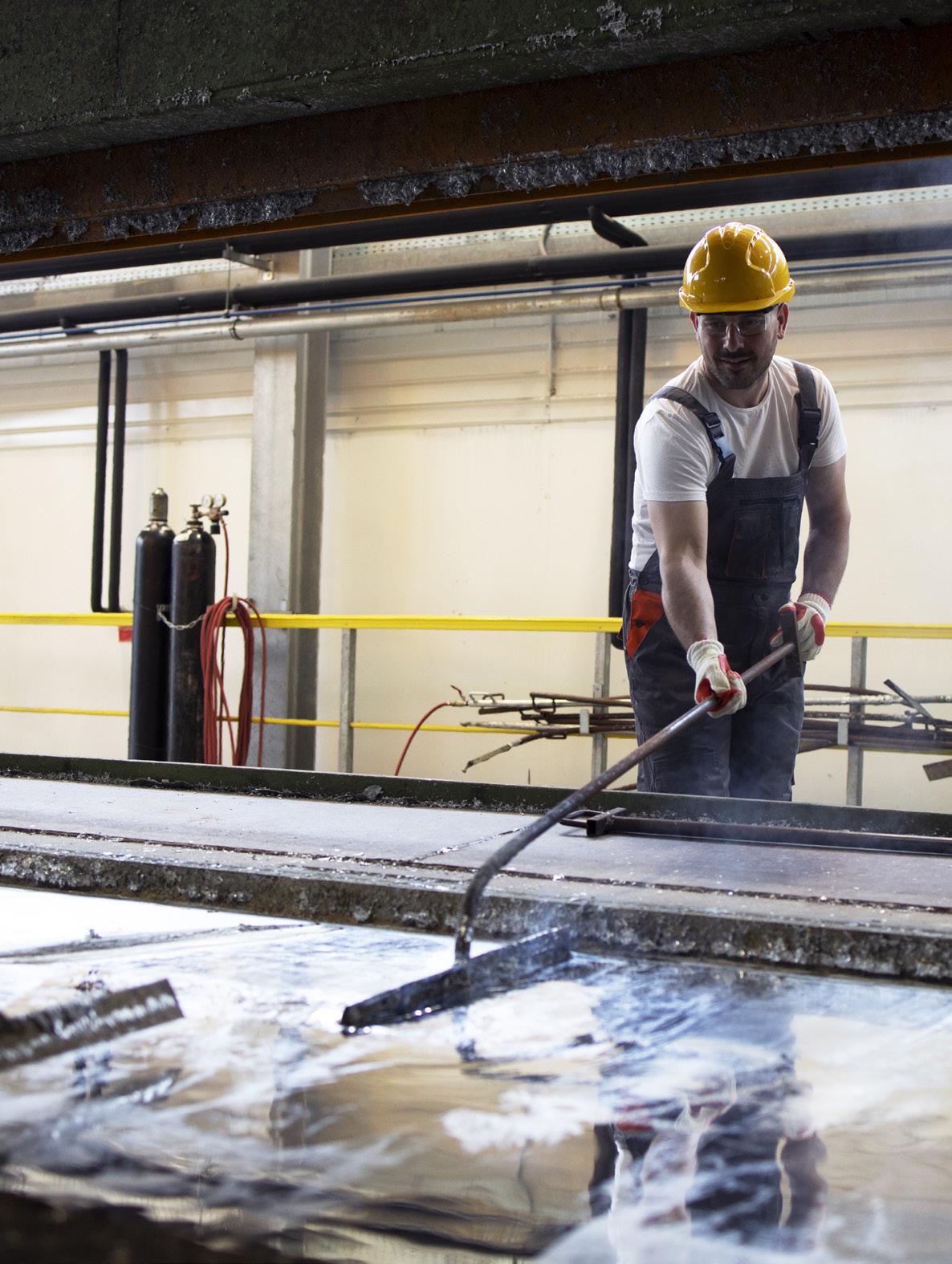 Written by Alice Instone-Brewer
Written by Alice Instone-Brewer
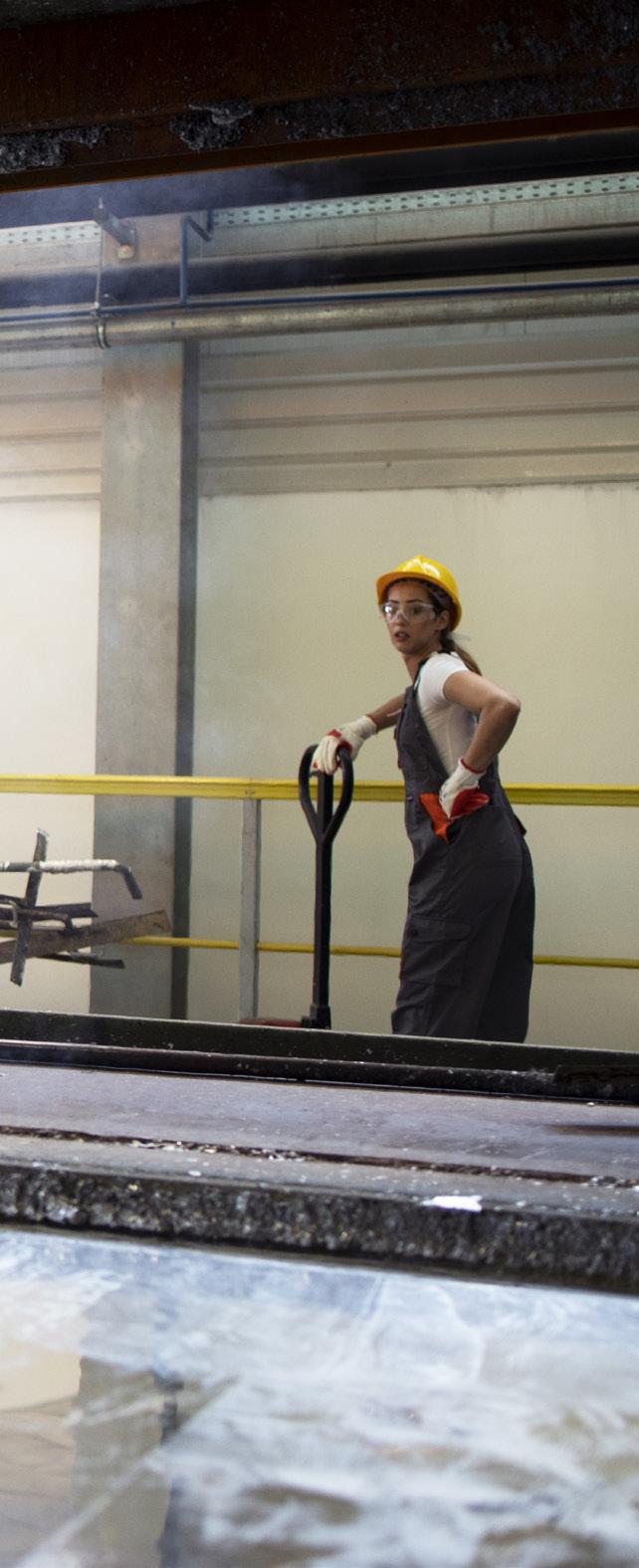
Where would we be without Zinc? Not only is it a metal essential for the green revolution, but it is used to modify or prepare a whole range of other crucial metals. An alloy in making brass and bronze, and a galvanising agent needed for iron and steel, zinc affects many of its relatives in the metals family. No wonder, then, that it is currently doing so well in the market, or that companies such as Sun Metals Corporation are so interested in it. However, simply profiting is not the extent of Sun Metals’ aims: driven by ambitious values, this company aims to transform its production to be 100% green by 2040. This would make it the world’s first all-green zinc producer, and it can be done, then others can follow.
The average price of zinc recently reached the highest it has been in 10 years. Whilst it has dipped from this peaked, it is still extremely high, much to Sun Metals’ joy. Based in Australia, but a subsidiary of the South Korean-based Korea Zinc Co, this zinc producer has a wide global reach, and in recent years, has expanded its footprint and team in order to keep up with this demand. Even more exciting is the nature of the company’s growth: already striving to be as clean and sustainable as it can, the company intends to go further, and push exactly how green zinc production can be. With Australia often under scrutiny for lacking sufficient focus on sustainability, moves and examples such as this are filled with promise for the wider industry and, as a result, the world. We took a closer look at the company to see how it is living up to these inspiring claims.
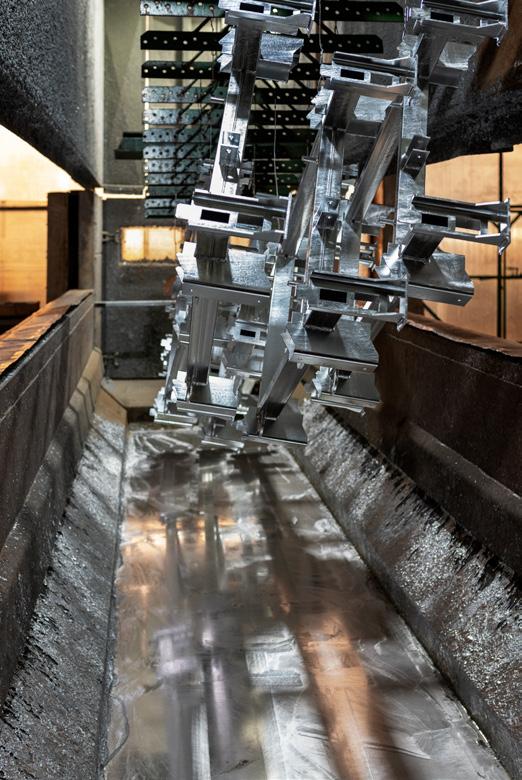
Sun Metals operates in Townsville, Queensland in Australia, from which it sells its many zinc and other by-products both locally and internationally. This reach goes both ways: as well as exporting globally, the company also imports zinc concentrates from many countries, including Europe, the USA and South America. The company describes itself as one of the most technologically advanced zinc refineries in the world, producing special high-grade zinc metal, zinc alloy metal and by-products of sulphuric acid.
Currently benefitting from a strong zinc market – a welcome shift after the high freight costs and the impact of mines facing closure during Covid –the company is moving forwards with an ambitious expansion that it already had I the works. Currently, its refinery is able to produce 230,000 tons of zinc metal, but once works are complete, the new target is 300,000 tons. Much of this increase is thanks to new, more efficient technology developed by parent-company Korea Zinc. If it reaches this target, the company will rank as the 6th or 7th largest zinc refinery in the world. That’s an ambitious target, and puts into clearer view just how ambitious it is to also strive for its other aim: to be 100% green by 2040.
It has been no small investment: once complete, it is predicted that the work will cost AU$455m (that’s over US$328m). It was originally projected to be completed in 2021, but due to Covid, works slowed. The greatest challenge was that of a workforce: with national travel closed, people were
unable to move between the states, which limited the talent pool from which the company could draw when it came to this specialised construction work. Likewise, international travel was closed, which impacted the sourcing of materials and equipment. Perhaps one of the greatest hiccups, however, was the inability to have anyone from Sun Metals’ Korean parent-company visit the site to guide and advise in how to implement this brand-new technology.
All of this caused challenges, but Sun Metals did not let them become roadblocks. Ingenuity and communication can work past most things, and whilst works slowed, they did not cease. In fact, the company remained so productive during COVID-19 that it was recognized by the Australian Trade and Investment Commission as a strategic investor in 2020.
The real prestige, though, is this move to green. Sun Metals is the first finery in the world to join the RE100 initiative – an initiative that is bringing

together the world’s most influential businesses, joined together in a common cause to all strive for using 100% renewable electricity by 2040. On top of this first, if Sun Metals succeeds in its aims, it will be the world’s first ‘green zinc’ producer. Why? As with most things in business, the motive is partly strategic. This move will prove profitable as well as being cleaner – so why do anything else? As the company explained to us, 30% of the cost of zinc smelting comes from electricity. Due to the current electricity shortage in Europe, the cost of electricity has risen, which led to some of the largest smelters in Europe reducing their production by up to 50%, or closing altogether until the situation stablises. This lack of supply has contributed to the current high price for zinc, and it also highlighted to Sun Metals the need to move away from traditional electricity. However, whilst profit was a catalyst, it is no longer the full story. Back in 2021, we spoke with company CFO Michael Choi about Sun Metal’s plans, and he explained how this move, once it began, worked its way into the team’s hearts: “It started from trying to manage the cost of electricity, and then
PO Box 5148
Innovative material developments and lining techniques make STEULER KCH one of the leading suppliers worldwide in the field of Industrial Corrosion Protection.
STEULER KCH AUSTRALIA serves the Australia-Pacific region, offering surface protective and refractory systems, including design, specification, material supply and full installation service.
we started thinking about sustainability. Everyone talks about ESG these days (Environmental, Social, and Governance), and people are realising how important that is. The change or the boom hasn’t really happened in smelting companies yet: we are the first.”
Pursuing its intended move towards renewable energy in bold strides, Korea Zinc established Sun Metals a sister company, Ark Energy, in 2021. Ark’s aim was to decarbonise the energy supply for the entire group, with Sun Metals as its starting point. In conjunction with this company, Sun Metals is currently investing in green hydrogen. However, this isn’t where the company’s engagement on this issue began: Sun Metals has already built the largest (125MWac) integrated industrial-use solar plant in Australia, and in 2018, invested in and built its first solar farm.

Regarding hydrogen, feasibility studies began the same year that Ark Energy was founded, and with financial support from the Australian government to make the development viable, the
company decided to build a hydrogen hub in North Queensland, starting from a pilot plant in Townsville named Sun HQ. Supplying Korea Zinc and Sun Metals as its first priority, the hub will also, in time, expand to be able to export supply elsewhere – or, this is Sun Metals’ plan. First, this will be distributed domestically in North Queensland, and after this, further exports will head to North-East Asia.
Between all of these, 86% of the company’s energy has already been covered by green sources, surpassing its interim 2030 target of 80%. Closing this 14% gap by 2040 seems extremely manageable, when viewed in this context: Sun Metals isn’t just talking the talk, here, but investing significant funds in genuinely and successfully walking the walk. Where it succeeds, we can only hope that others will follow – and with profits and stability to show for it, why wouldn’t they?

 Written by Lucy Pilgrim
Written by Lucy Pilgrim
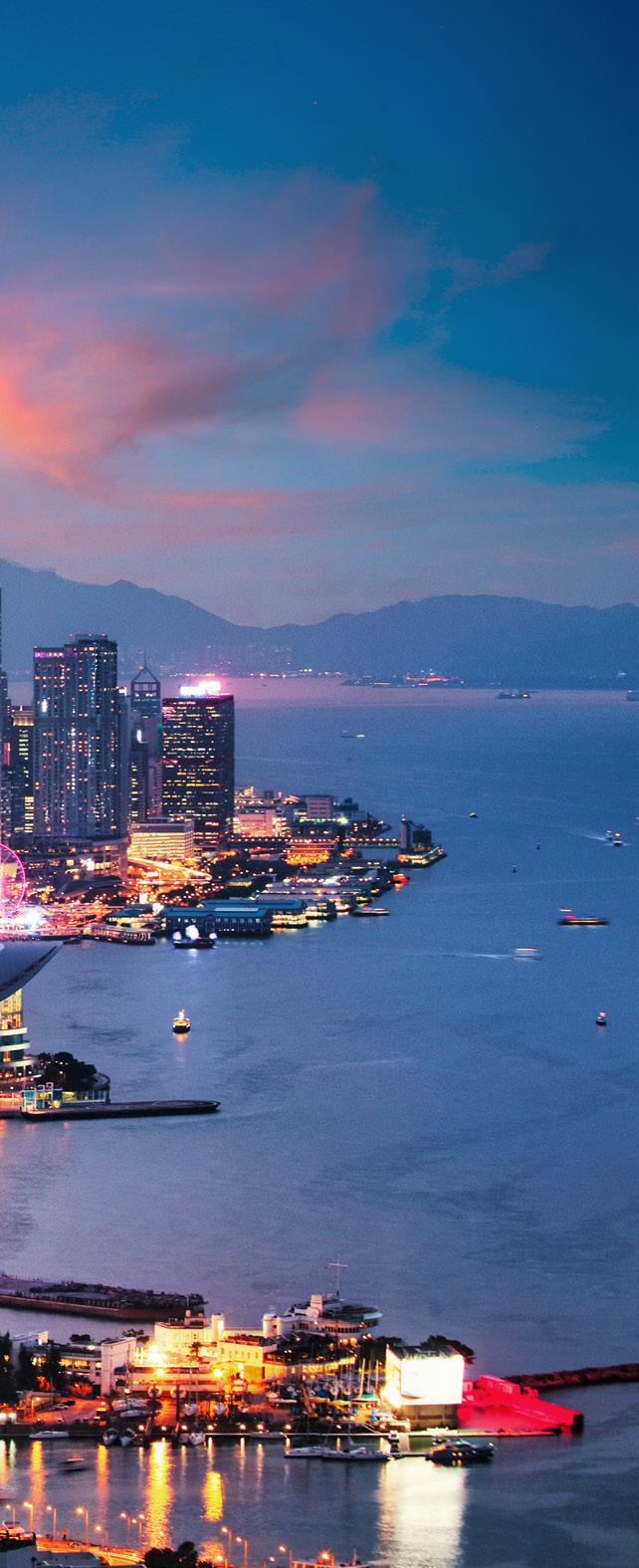
Have you ever wondered how the highly advanced city of Hong Kong receives their water supply? Located on Gloucester Road in Hong Kong, the Water Supplies Department (WSD) provides a fresh and wholesome supply of fresh drinkable water to the 7.5 million people of Hong Kong.

When we consider our own water supply, often not much thought goes into where the water comes from, and the specific requirements that the water must meet before it becomes drinkable. This is however a key focus of the WSD, whose emphasis is on sustainability, as well as meeting supply and demand. To be able to maintain Hong Kong’s water supply, they developed a two-pronged approach with a key emphasis on managing freshwater demands and building resilience in the supply. Put simply, this is achieved through diversification of their water resources, so that they are prepared for the major impacts of climate change over the near future. As part of their strives toward sustainability, WSD aims to reduce the per capita freshwater consumption by ten per cent by 2030. This goal will only be achieved with a set of forward-thinking demand management measures. Such measures include water conservation, waterloss management in both government and private water mains, as well as increased utilisation of lower-grade water (such as seawater and recycled water, used only for non-potable purposes).
WSD demonstrates a great emphasis on providing safe drinking water. In order to reach such aims, they take precautionary measures to avoid contamination of their water supply. Such precautions are packaged in the Action Plan for Enhancing Drinking Water Safely in Hong Kong, set in motion in September 2017. Additionally, the WSD also released a Water Safety Plan Subsidy Scheme in July 2020. This was used to implement a plan, so that property owners and management agents of private residential or composite buildings could put in place a Water Safety Plan for Buildings, which could effectively facilitate the management of water safety risks.
As you would expect from a business that puts sustainability first, they have a clear set of core values. Fundamentally, the WSD key vision is to excel in satisfying customers’ needs for the provision of quality water services. This means that alongside the importance of an eco-conscious business, they first and foremost aim to meet the demands of Hong Kong’s water supply. With this in mind, it is understandable that WSD holds a customerorientated approach in high regard. This is also shown in their guarantee to make the most effective use of their resources
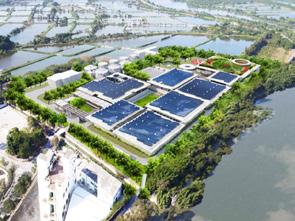
and technology to continuously improve their resources. Consequently, the WSD key values can be summarised as such:


So what does the WSD do, and how do the different systems work? Well, its key role is to operate and maintain fresh water and seawater supply, alongside distribution systems that maintain a reliable water supply to the customers. Statistically, the freshwater supply system covers a total of 99.9% of Hong Kong’s population. In regard

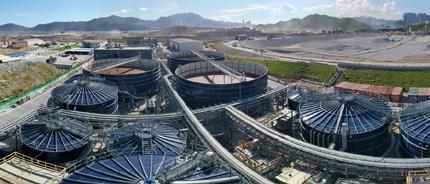
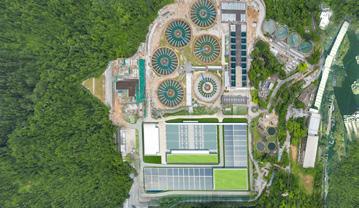
to seawater, the supply network for flushing covers approximately 85% of Hong Kong’s population. Now down to the technical details. The freshwater supply consists of three main elements; the viz collection of raw water, water treatment, and finally distribution. The raw water collected from the reservoirs at Dongjiang is delivered by a large network of transfer mains for water treatment. Next, treated water is pumped through a large pipe main to service reservoirs. Finally, from there the water naturally flows to the various allocated buildings, be it residential, commercial, or industrial. On the other hand, the seawater supply system is completely separated from the freshwater supply system. The former usually uses a ‘balance tank’ configuration. Ultimately, the sea water is then pumped to the customers, with any leftover water delivered and stored in service reservoirs.
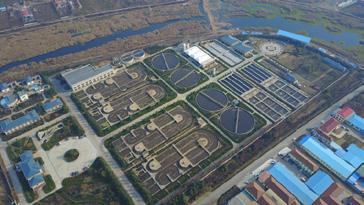

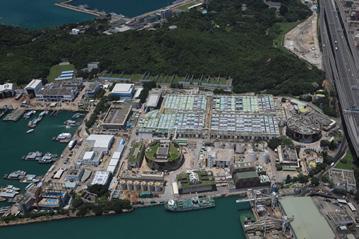
The beginnings of the WSD have a long and established history of supply and demand. The WSD was first set up over a century ago in 1902, when it was first known as the aptly named Waterworks Office. Today, however, the WSD has come a long


way, as it now employs approximately 4,500 people, with an annual budget of HK$8,404.0m (2018-19). When looking at the history of the WSD more closely, we can see how they have achieved such success, through major developments within the business over the past century-and-a-half. The development of the first water well took place in 1851, as it was commissioned by the Chinese Government for public water supply. Small ponds were also constructed on the upper parts of the mainstream river to store water for public use.
By 1863, however, the Pok Fu Lam reservoir was constructed, with a capacity of 9,000 cubic metres and a further aqueduct was completed. What we can witness, however, is how quickly the water supplies begin to develop, due to the fact that by 1877 the second Pok Fu Lam reservoir was constructed with a capacity of 310,000 cubic metres.
A further cornerstone of the water supplies construction can be witnessed in 1910 with the building of the first impounding reservoir in Kowloon. This development is significant because it revolutionised the way in which water was supplied to the bustling Kowloon district. Furthermore, in 1930 even greater advancements were made in the completion of the first cross-harbour pipeline. This was built in order to relieve Hong Kong’s water shortages. Laying 6000 ft of pipeline along the seabed was a great feat, but was completed in an incredible fifty-seven days.
Moreover, in 1968, authorities chose Plover Clover, in Tolo Harbour, to construct Hong Kong’s first man-made lake, named Plover Cove Reservoir. Overall, these particular projects cost HK$407,000,000. After many developments, such as the launch of the Replacement and Rehabilitation Programme of Water Mains, more administrative tasks were undertaken to ensure that the water supply met the demand of the growing population. Such cases include the implementation of Total Water Management in 2008. This ensured that there was a balanced supply and demand of water that supported water conservation and sustainable development.
Finally, in 2015 the WSD celebrated the 50th anniversary of the Dongjjand water supply to Hong Kong, in which a commemoration ceremony was held. Therefore, within this vast chronology, we can see how the supply and demand of fresh water had many technological developments, to keep up with Hong Kong’s ever-growing populous.

Are you not quite sure how to maintain the freshness of your water? Then no fear! The WSD helpfully provides some tips and tricks to keep your water clean. The WSD recommends that for regular and domestic use of water, you should run the tap for at least two minutes after long periods of stagnation, like overnight for instance. Such a precaution is used to ensure that there are no sediments remaining in your drinking water that make it undrinkable. The WSD further recommends that if you have just moved into a new property, you should run your drinking water tap every morning and every night for approximately 15 minutes. Such a precaution is advised as hot water can potentially increase the number of impurities that might come from pipes and fittings. To avoid this further, it is advised you do not drink or cook from the hot tap.
Additional steps you can take to maintain the cleanliness of your water involve tap hygiene. According to WSD guidance, you should regularly clean your domestic taps, including the showerhead. Specifically, both the outside and the inner part
of the spout should be cleaned on all your water appliances. Another vital piece of information given by the WSD is to make sure your kitchen and bathroom within your home are well ventilated, to avoid developing airborne mould. Finally, if you have been noticing a smell or bad taste to your water recently, then it is advised that you put a jug of tap water in your refrigerator. In doing this, the chlorine smell or taste should eventually evaporate. Further, cover the jug and use the water within a 24-hour period to prevent any repeated bacteria growth. These Are just a few things to consider when keeping your water clean at home.
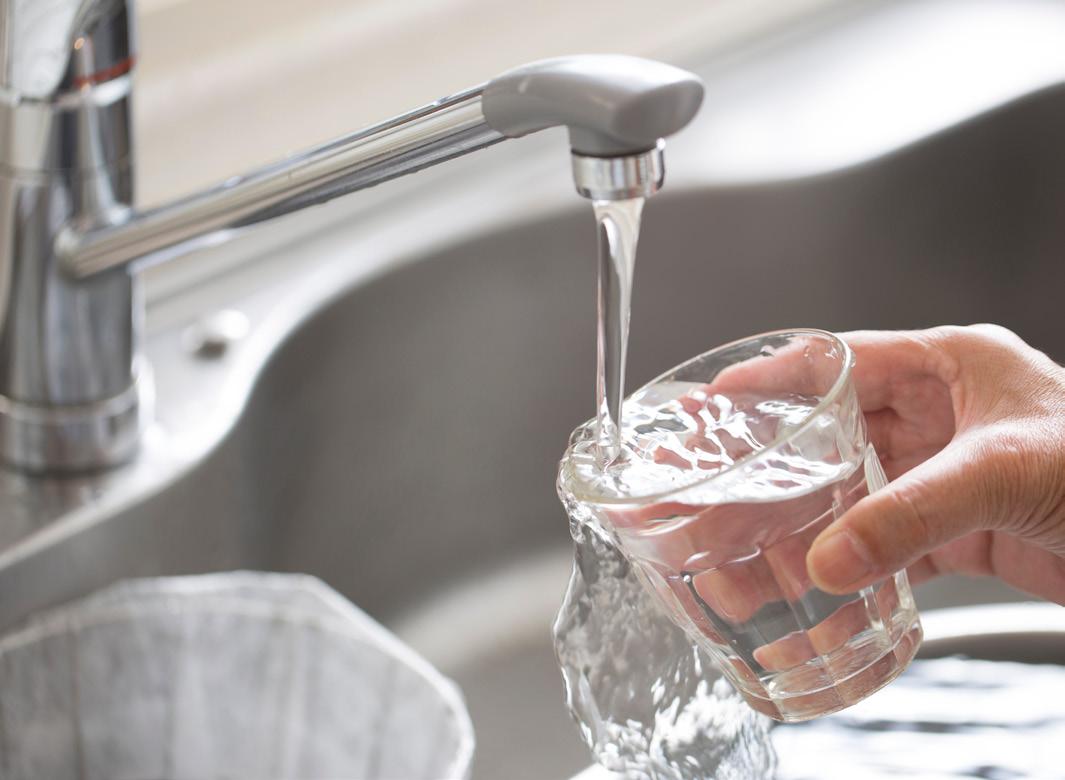
Overall, WSD has an established history of maintaining the high demands of water supply for Hong Kong, as well as key technological advances to broaden the horizons of the water supply industry. As we have seen, this is shown through key infrastructure that enables efficient and clean water for millions of people every day. Furthermore, their clear focus on sustainable and eco-conscious practise means that they can pave the way for the future of water supplies for an everchanging climate.

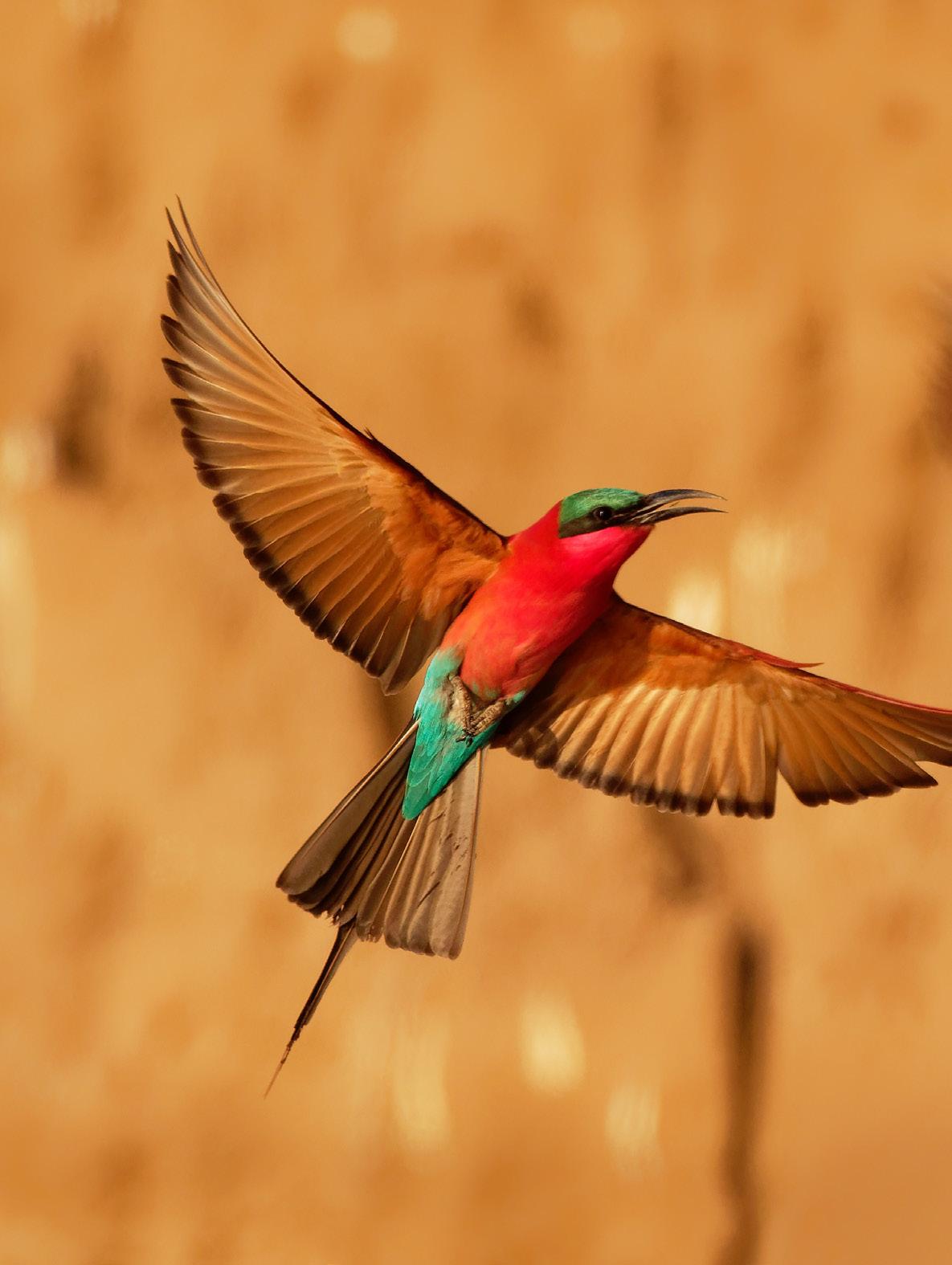 Written by Lucy Pilgrim
Written by Lucy Pilgrim

When we think of the words ‘commercial banking’, what often comes to mind is the repetitive action of crunching numbers, being put on hold, and financial jargon, three things that are not exactly ideal for the everyday customer. Hence why so many customers across Zambia turn to Zambia National Commercial Bank. Also known as Zanaco, this unique bank is forward-thinking in its mantra of innovation and evolution. This is clearly exampled through Zanaco’s long list of firsts. To name a few, it was the first bank in Zambia to introduce agency banking (and still provides the best model of the strategy), and the first to introduce mobile banking and an ATM in Zambia, all the way back in 2008. Consequently, Zanaco is a titan of the Zambian banking sector, standing as the largest financial service provider in the country.
Located in the central business district of Lusaka, the capital of Zambia, it is a pillar of

the country’s economy. The bank was first founded in 1969 by the Zambian Government. In 2007, however, the bank was privatised and placed on the stock exchange, where its profits soared. Furthermore, the bank boasts 978,000 customers, accompanied by 1,361 staff members, being the largest employer in the local area. Most significantly, the majority of the bank’s owners are Zambians, therefore their customers can be assured that it puts them, and the local community, first.
Across the globe, the recent pandemic had huge impacts on the banking sector, as it forced many banking corporations to suspend training and restrict normal levels of operation. This had monumental effects on the world’s economic growth. This also resulted in many banks having to be highly adaptable in times of pressure and make a concerted effort to evolve into the sphere of digital-banking solutions. Zanaco, on the other hand, were already one step ahead. Due to their digitalised banking strategies put in place precovid, they had tremendous growth. To the extent that it doubled. This is purely down to Zanaco’s drive towards digitalisation and the constant focus on transformation.
Digitalisation has been key to Zanaco’s success. Due to their great steps in a more technical age, they have gained great benefits, despite the persistent roadblocks put in place by the pandemic. For example, Zanaco achieved the highest-ever recorded profit at the end of the 2020 financial year, whilst the profits for the first 3 months of 2021 quadrupled, when compared to the previous year’s first financial quarter. This staggering profit was only achieved through the existence of digital banking pre-covid.
Such a digitalised vision also means that Zanaco can remain accessible to all its customers. This is achieved through a comprehensive digital baking system, which offers a plethora of options. This helped many of their customers navigate the ‘new normal’, whilst under the assurance of an easy and efficient banking experience.
Many of the regulations of Covid, such as social distancing and the reduction in the handling of cash, were maintained by the use of products like
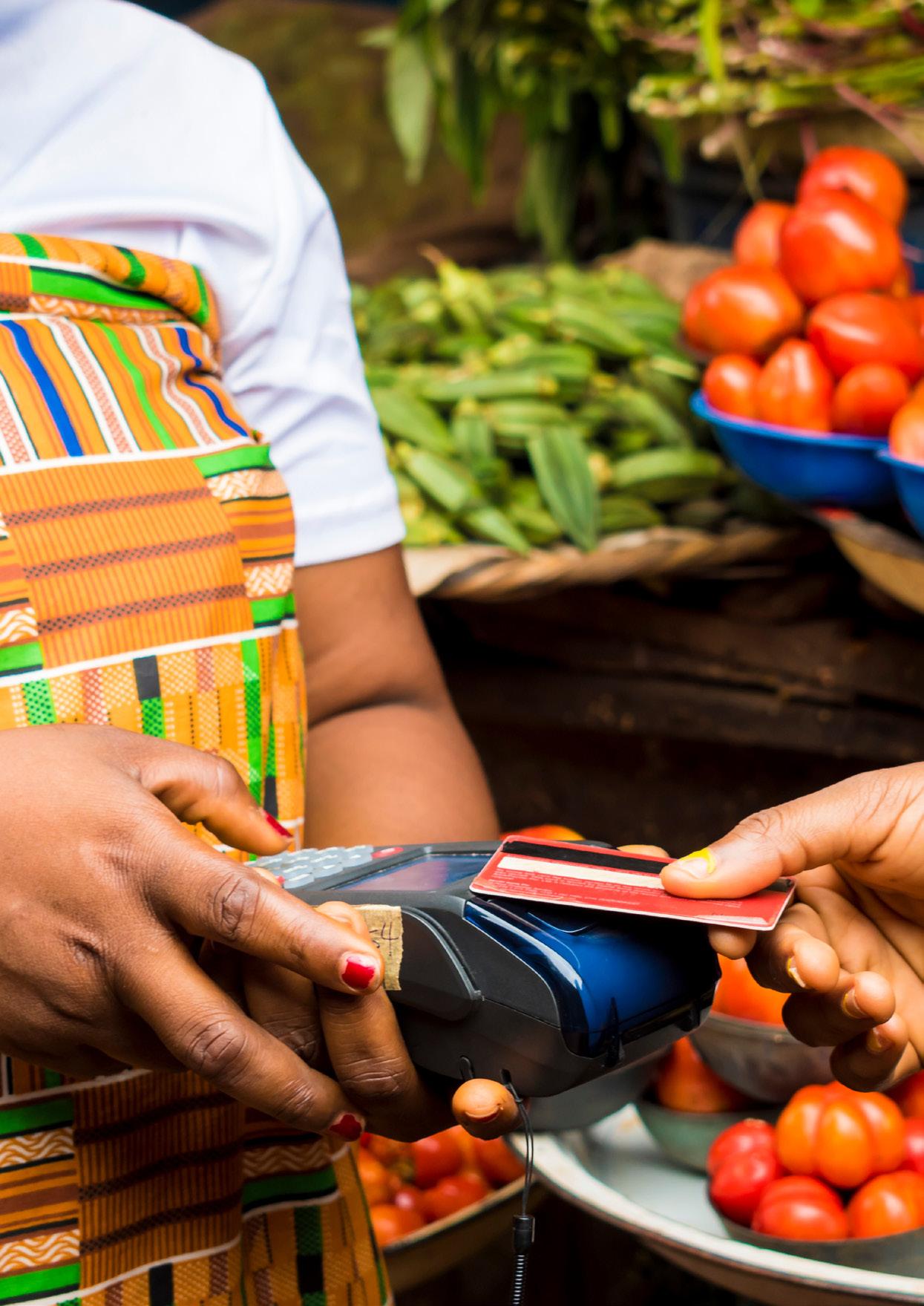
market-leading Xapit mobile-banking solution, Xpress agency banking, and Xpay payment solution.
So what about the aid of the local community? Like many financial institutions, commercial banks typically offer little to the local community. Zanaco, however, prides itself on the priority of financial inclusion. This is achieved through its endless opportunities to bank the unbanked, and provide access to a range of potentially life-changing financial solutions. This provides great benefits for the local community and those that are disadvantaged throughout Zambia.
Thus, due to how easy it is to get hold of a phone nowadays, Zanaco’s digital offerings and influence can greatly expand, to securely maintain economic growth throughout Zambia.
Another great positive to Zanaco’s digitalisation is the fact they are the only bank within the local market to have set up a dedicated innovation laboratory. This means that Zanaco is committed to finding ways to make banking easier for their primary focus; the customers. This is evidenced by the vital developments they have made in the products and services that they can provide for their customers. Therefore, it can easily be said that customer
care is also at the forefront of Zanaco’s priorities, making it essential to them that customers do not get lost in the financial jargon typically abundant throughout the typical banking sector. Transformation and constant adaptation are also achieved by recognising the newest solutions that are arising from the local financial technology (fintech) sector. This is demonstrated through Zanaco’s partnership with Digital Shared Services Limited (DSSL). Alongside other strategic partners also, they have achieved a digital marketplace that is tailor-made for the Zambian market.
Zanaco not only excels in the banking sector but also in the field of marketing and its key connections to customer care. This is shown through their committed sales team that is readily available to provide guidance on various offerings and services. They are also responsible for marketing activities and providing the option of training their customers on how to best utilise offerings to the customer’s advantage.
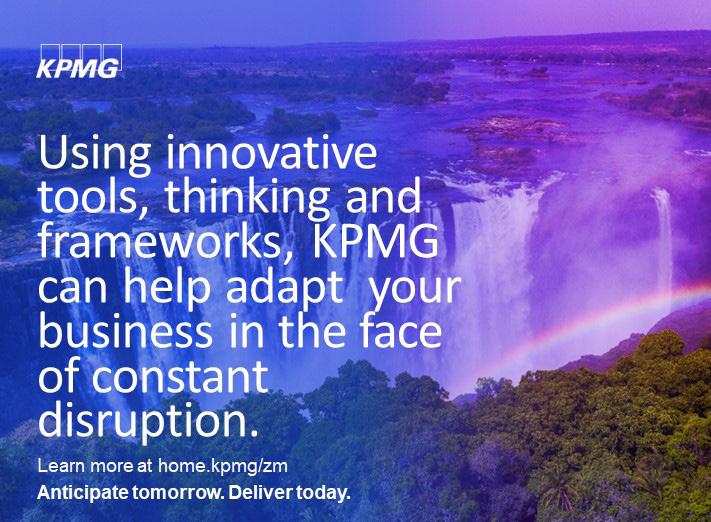
Along similar lines, Zanaco also plays a crucial role in enhancing financial literacy in the local community. This means that purely to help their customers, 10,000-plus Xpress agents had made huge advancements in incorporating business and financial management training through a variety of workshops and interactions. Zanaco can also boast that they have successfully provided education to SME (small and medium-sized enterprise) customers, alongside a technology SME ecosystem for management and financial support. These particular provisions also mean that key skills, and the capacity for Zambian economic growth, are greatly developed.
Ultimately, if you are lost on where to find the best financial services, then Zambia National Commercial Bank is the way to go. Not only is their efficient digitalisation forward-thinking, but it also makes your financial life easier. Not to mention, the benefits that can be drawn from their customer care and the aid they provide to the local community. All these factors shine through to highlight how Zanaco are revolutionising the world of everyday banking.


 Written by Alice Instone-Brewer
Written by Alice Instone-Brewer

Headquartered out of Germany, E.ON Energy has a broad global reach, supplying power to corporations and homes alike. In many countries throughout Europe, in particular, the company is a household name. As the world moves towards greener practices, eyes are therefore on companies such as E.ON to show that they are doing their part. Not only is this an issue that its customers care about these days, but, if the major power companies can’t come through, there is competition biting at their heels that can.
It is a joy to see so many small to medium companies springing up who deal solely in renewable energy, and their existence has sent a message to the market at large. In the context of this shifting landscape, we took a look at E.ON, which combine a range of energy disciplines, to investigate its efforts in renewables.
E.ON’s energy supply comes from renewable and non-renewable sources alike: coal and nuclear are on its roster, but so are hydropower, solar power, biomass and wind. This side of its operations has existed far longer than one might expect, too: its foray into wind began in the UK in 1991, and since then, has taken a leading role in Britain’s wind power industry. Its biomass operations are also extremely interesting: another UK-based innovation, the Blackburn Meadows biomass energy plant was only added to E.ON’s portfolio in 2015, this low-carbon solution makes the most of existing biodegradable by converting them into renewable energy.
Diversification is a wise move for any energy provider, ensuring that the company can fulfil its obligations to its customers without having all of its eggs in one basket. As the world moves towards a preference for green energy, this diversification is even more important, giving E.ON a valid horse in this race, and allowing it to draw on multiple sources from which to reach the high demand for energy that comes from our modern world.
Regarding this shift in the energy market, E.ON has this to say: “The energy world is transforming; it’s getting more decentralized, with network connection points multiplying and energy feedin further fragmenting. E.ON is committed to this transition to a low-carbon energy system that takes maximum advantage of renewable sources. Our platform connects consumers with a steadily growing number of distributed renewable energy producers and provides the backbone for sustainable, low-carbon e-mobility.”

The Blackburn Meadows biomass plant was, historically, a coal-fired power plant, but is now used to supply renewable energy to businesses around the Sheffield area including IKEA, Ice Sheffield, Sheffield Arena and Forgemasters’ Steel Works.) In 2017, this plant helped to lead the way on battery storage in the country: technology that means the plant can respond to the National Grid to support it with stored energy in under a second.
As for wind, the company invested £2.4 billion towards the development and improvement of the
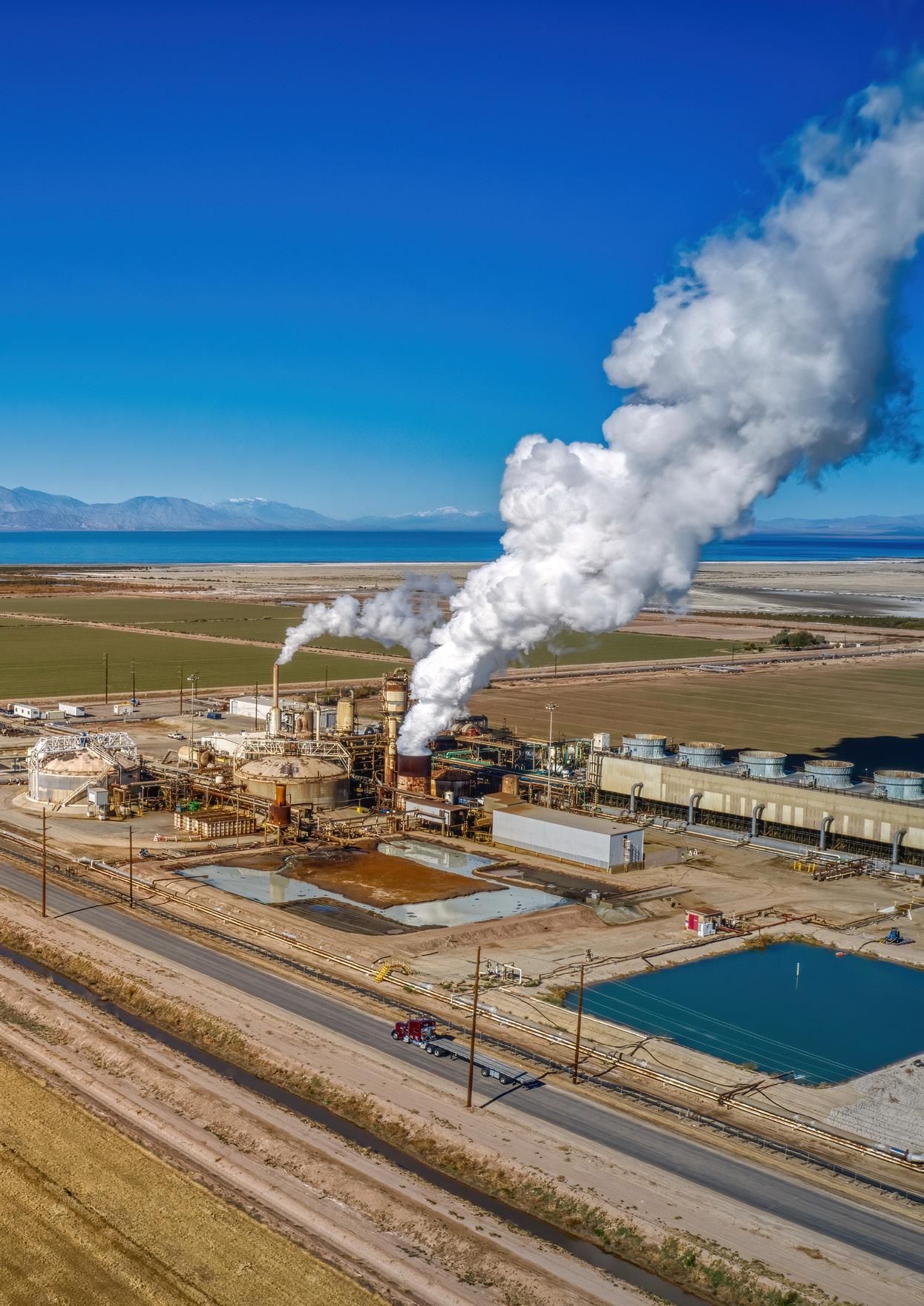
technology. The company now operates 20 such farms in the UK alone, both onshore and offshore. One of these offshore farms, located at Blyth, was the first offshore wind farm to be built in UK waters. Though it has since been decommissioned, the £4 million investment operated between 2000 and 2019 and helped to lead the way in wind power technology in the country.
Globally, E.ON has invested almost €10 billion into renewable technology, and as well as investing into the sources and storage themselves, the company has also turned its R&D attention to best handling this energy once it’s produced. As the company explains; “To manage these complex energy flows while ensuring a reliable electricity supply, we’re making our networks smarter. Connecting customers and renewable energy sources in an affordable way requires the use of innovations and intelligent technologies. For example, smart grid elements help us increase the capacity of our existing grid in order to integrate renewables, at the fraction of the cost of new lines and bigger transformers. Smart Grid investments will ensure that our grid is flexible enough to meet tomorrow’s challenges. We want to help make the energy transition a reality so that sustainable energy is available to everyone.”

E.ON’s commitment to lowering its carbon footprint inspired the company to devise a new climate strategy in 2017: “The focus is on the reduction of carbon emissions released in connection with the sale of power and natural gas to our customers. This is because these emissions constitute the majority of our CO2 footprint. This also includes reducing our own energy consumption. All of our plants and buildings will be climate-neutral by 2030, meaning they will no longer cause any emissions.”
Although not all of E.ON’s energy sources are green, the company has stated that renewables will continue to be a key focus going forwards: “Global trends – like sustainability and climate protection, digitalization and technological innovation – are altering the energy landscape. At the same time, our customers’ energy needs are changing. The result of these changes is a brand-new energy world – decentralized, green, and interconnected –that we must adapt to.”
Wind continues to be the main champion of this effort. E.ON claims that it is number three worldwide in offshore wind energy, and is confident in its
“expertise in engineering” in both this field, solar and bioenergy. Wind is so much a focus that E.ON has even established an entity dedicated to it: E.ON Wind Services. The company has this to say about itself: “E.ON Wind Services is an independent, full-service provider of operations, maintenance and other wind services. We’re one of the world’s largest owners and operators of onshore and offshore wind farms, with locations in Europe and the United States. With over a decade of experience operating our own sites, our focus is on finding customer-orientated solutions and creating service packages to fit your needs. We’re committed to finding innovative ways to improve our wind turbine maintenance.”
E.ON Wind Services has a presence in Germany, Sweden, the UK, Italy and North America. It is a trusted service provider for stakeholders across the wind industry, and as such, has long-term partnerships with companies such as Rampion, London Array, Rødsand and Papalote Creek. The company offers wind turbine maintenance, monitoring, testing, and the provision of spare parts. In summary, it exists to provide service support to wind turbine operators. These services even extend to wind forecasts and, of course, project management over wind farm construction.
Regarding its involvement in construction, E.ON Wind Services offers support both before and during this process. Their pre-construction services include reviews of the site and the proposed project, negotiation support, risk assessments, procurement assistance, and pretty much any administrative planning issue that you could think of. Likewise, during construction, they offer everything from inspections of budgets to the machines themselves. “We look at construction activities from an owner’s perspective. With an operating portfolio of over 5.3 GW, we know how important it is to set a sound basis during development and construction for a smooth operation and high availability.” The company is also proud of the fact that it is not affiliated with any turbine manufacturer, meaning that its technology recommendations are based entirely on client needs, with no bias.
Between this assistance and ongoing support once a farm is up and running, E.ON Wind Services makes it much easier to pursue renewable wind power. It can save energy producers expenses through sound advice and management, as well as timely and effective repairs and maintenance, all of which helps to make this green, clean form of energy more affordable. It will not only assist
E.ON in lowering its carbon footprint and expanding its use of renewables, but can also help others to do the same, working towards a cleaner and more sustainable world.
It is inspiring and encouraging to see these issues being taken to heart by major power companies, and whilst there is still a ways to go, we get closer to that point every day. To end on some words from E.ON, the company has this so say about its commitment to this greener future:
“The energy world is steadily becoming more distributed, digital, and decarbonised. Our grids are constantly getting smarter, which enables them to integrate more renewable energy while remaining reliable. Our innovative solutions help customers of all sizes – from families and small businesses to large manufacturers and entire cities – to use energy more efficiently, produce their own renewable energy, and thus reduce their carbon footprint.” This change on a large-scale as well as a domestic level will help to change our energy landscape, and to assist in the normalising of this new, more sustainable way of powering our lives. We hope to only see this effort grow in the future, both in E.ON and its customer base.
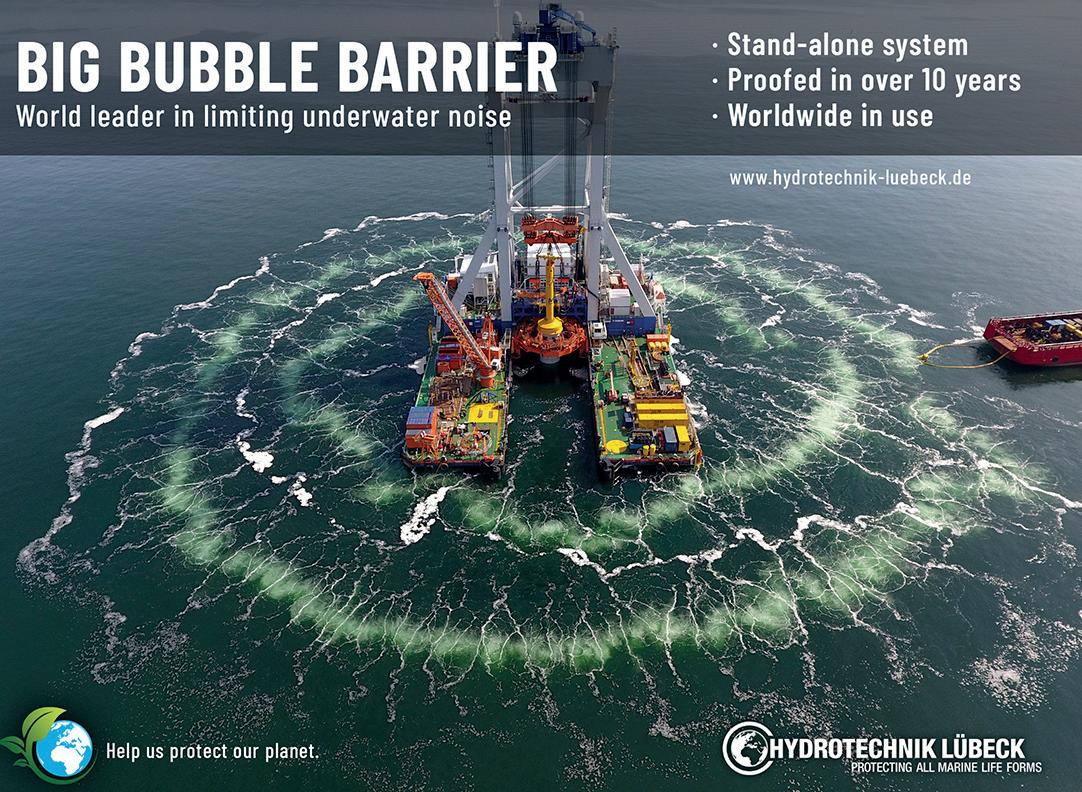
When you think of the colour pink, it’s usually associated with the likes of Homer Simpson’s favourite sprinkled and frosted donuts, the popular children’s doll Barbie, or the iconic outfit worn by Jackie Kennedy. And even when it comes to nature, flamingos, roses, and cherry blossoms spring to mind - but certainly not lakes!
Contrary to belief, such sights do exist, and Lake Hillier in Australia is one such place. Lake Hillier is nestled on the coast of Middle Island, based within the Recherche Archipelago in the GoldfieldsEsperance region which is situated off the SouthWest coast of Australia. The area is incredibly isolated and hasn’t been home to a human settlement for over 13,000 years.
Though the island is uninhabited by humans, it acts as a safe haven for plenty of creatures. Being so far removed from civilization makes Middle Island

the perfect home for a variety of Australasian species including wallabies, bush rats, and just a single species of serpent known as the crowned snake. The island has recently been the setting of a conservation effort lead by local Indigenous rangers of the Esperance Tjaltjraak Native Title Aboriginal Corporation who are in charge of managing the ancestral lands of the Kepa Kurl Wudjari Peoples, which covers 30,000 square kilometers of SouthWest Australia. The conservation effort aims to create an ‘insurance population’ of the worlds rarest and most endangered marsupial – Gilbert’s potoroo. Middle Island is a very safe place for these small marsupials to replenish their numbers, free from the threat of predators. The island is also plentiful in their food source of various underground fungis, making it the perfect habitat for Gilbert’s potoroo.
Regardless of the vibrant ecosystem, Middle Island is not famed for its wildlife, but for its lake.
Viewed from above, the bright pink water sticks out like a sore thumb in contrast to the aqua blue Indian Ocean and the surrounding forestry of the island.
Measuring in at 600 metres in length and 250 metres in width, the lake is truly a wonderous sight from above. The hot bubblegum pink colour of the water is so radiant and must have been an astonishing sight when it was first ‘discovered’ by European colonists at the start of the 19th century. And if you are lucky enough to see it with your own eyes, it will most likely be from above because other than helicopter flights passing over the island, trips to Lake Hillier are seldom organized unless by conservationists.
The otherworldly aesthetic of Lake Hillier is not the only thing that makes it unique. The official
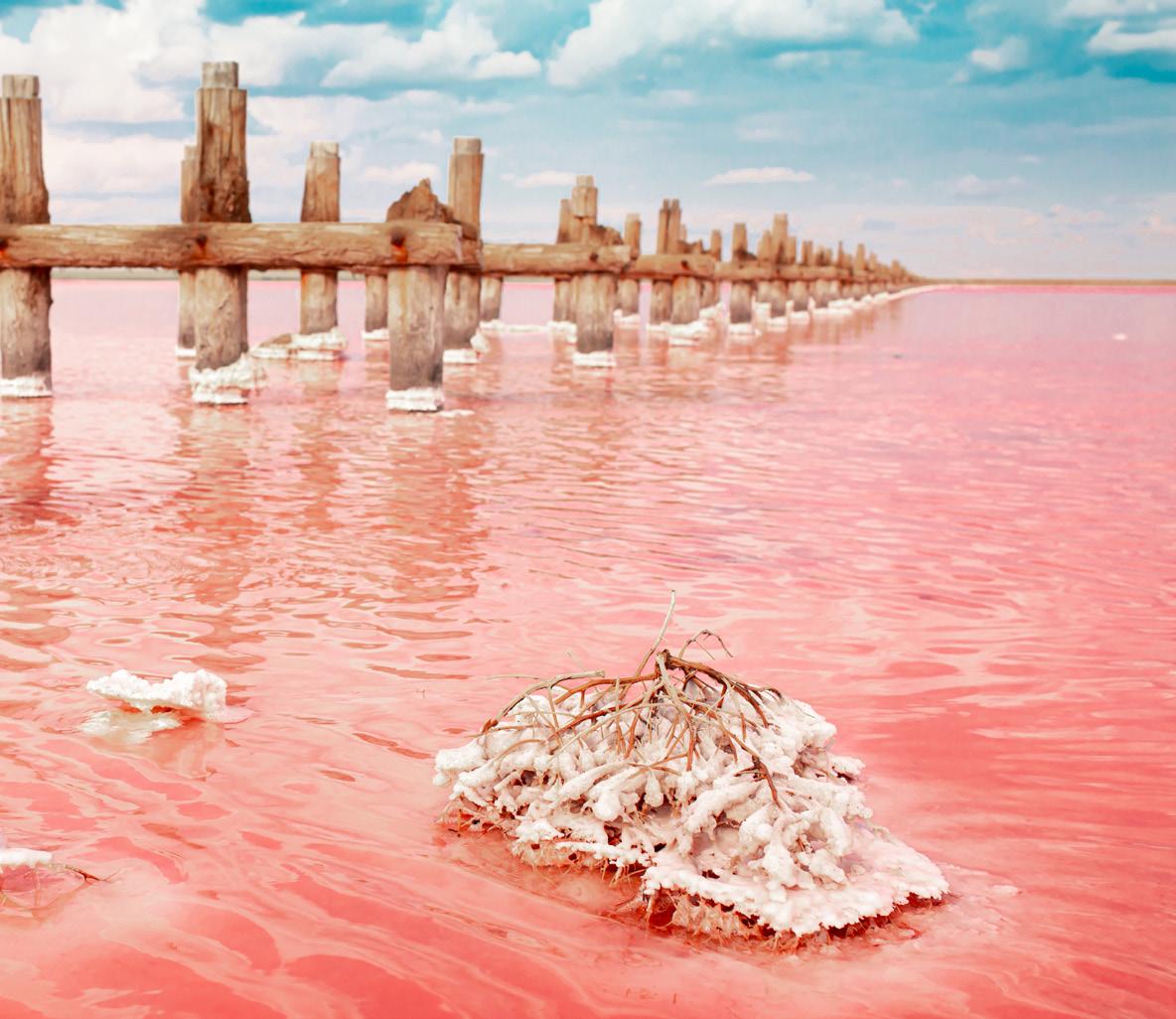
causation of the coloration is still up for debate. However, it is likely that the pink hue of Lake Hillier is due to microalgae that live in the river – known as dunaliella salina. These microalgae produce red pigments called carotenoids that may be altering the water. A bacteria named bacterioruberin may also be a culprit of the colour. Dunaliella salina and bacterioruberin are actually the only living organisms inhabiting the lake. The tremendously high salt content in the water makes the water uninhabitable for the animals that you commonly expect to find in lakes such as fish, amphibians, and certain mammals. It is so impressive that these organisms live in a lake with ten times more salt content than the sea, even more impressive to think that these kinds of animals are known as extremophiles! And although it may not be a suitable lake for traditional aquatic animals to inhabit, it is in fact safe to swim in the rosy waters, regardless of the salt content. Unfortunately, just like trips to the island, you are very unlikely to be able to go there and take a dip, plus it would require a permit from the local conservation department anyway.
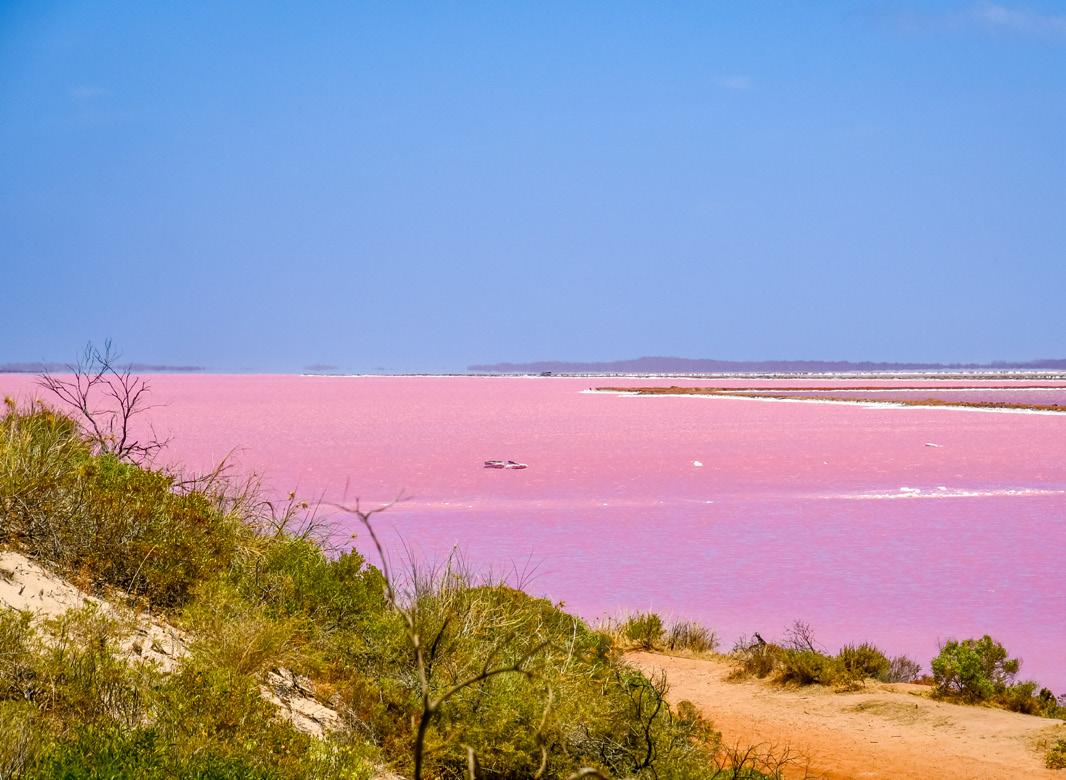
Despite its perceived uniqueness, Lake Hillier is not the only pink lake as are others scattered
across the globe. Many of these lakes are also based in Australia, particularly in the South-Westerly regions. Notable pink lakes outside of Australasia include Lake Retba in Senegal, Lake Sasyk-Sivash in the Crimean Peninsula currently occupied by Russia, and Lake Suwaih in Oman. There are approximately 50 pink lakes on the globe, some of these are only temporary as their colour changes seasonally and some lakes are more vibrant in colour. If you took a glass of water from the lake, it maintains its strawberry hue, unlike water from other pink lakes.
So, albeit one of many, Lake Hillier is most definitely the most visually stunning of the pink lake phenomena. Consequently, this stunning and rare beauty on Middle Island coast will thrive for centuries to come and remind everybody of the magic of natural world wonders that are left completely uninterrupted in rosy bliss.
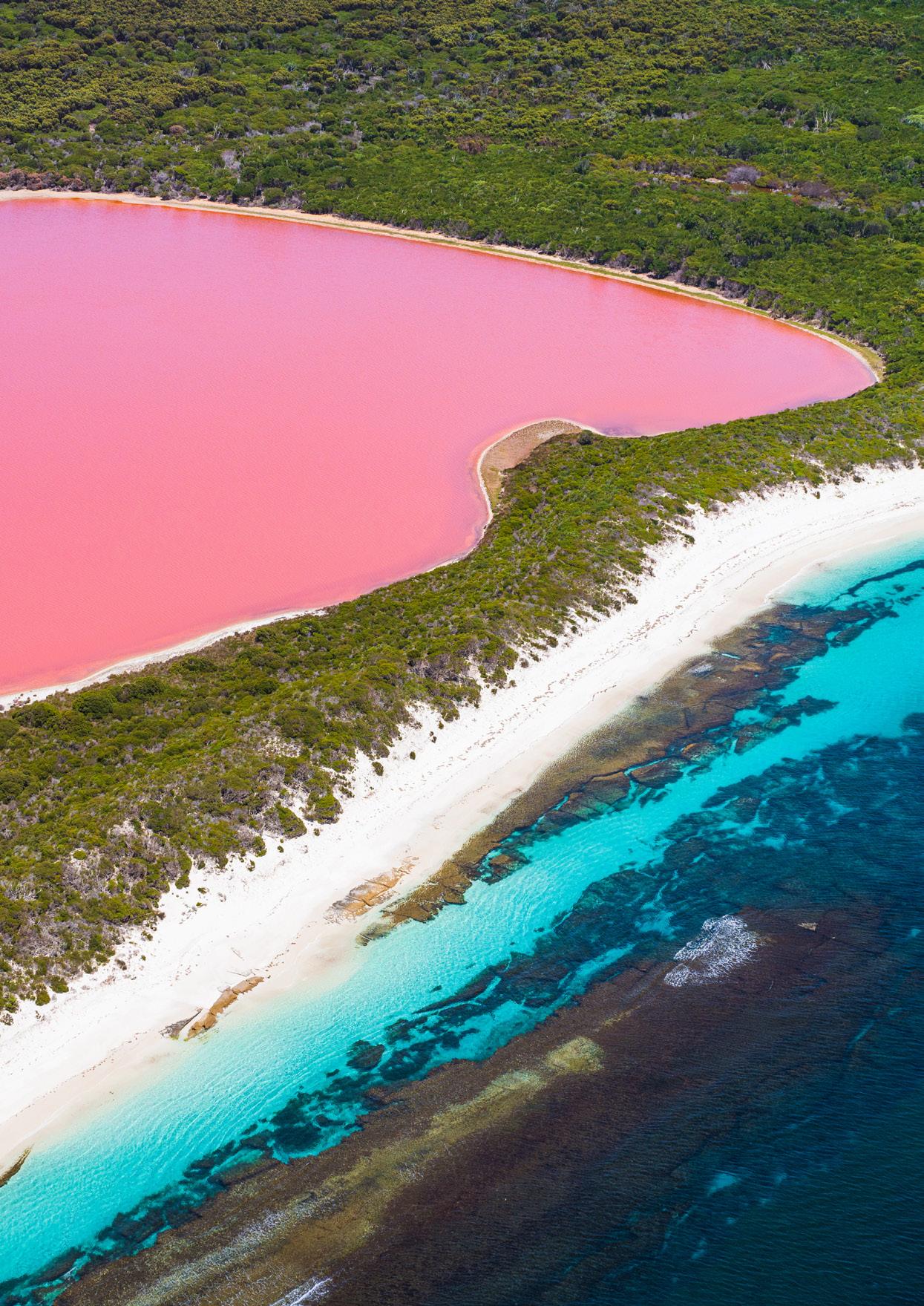




Tailor-made


and

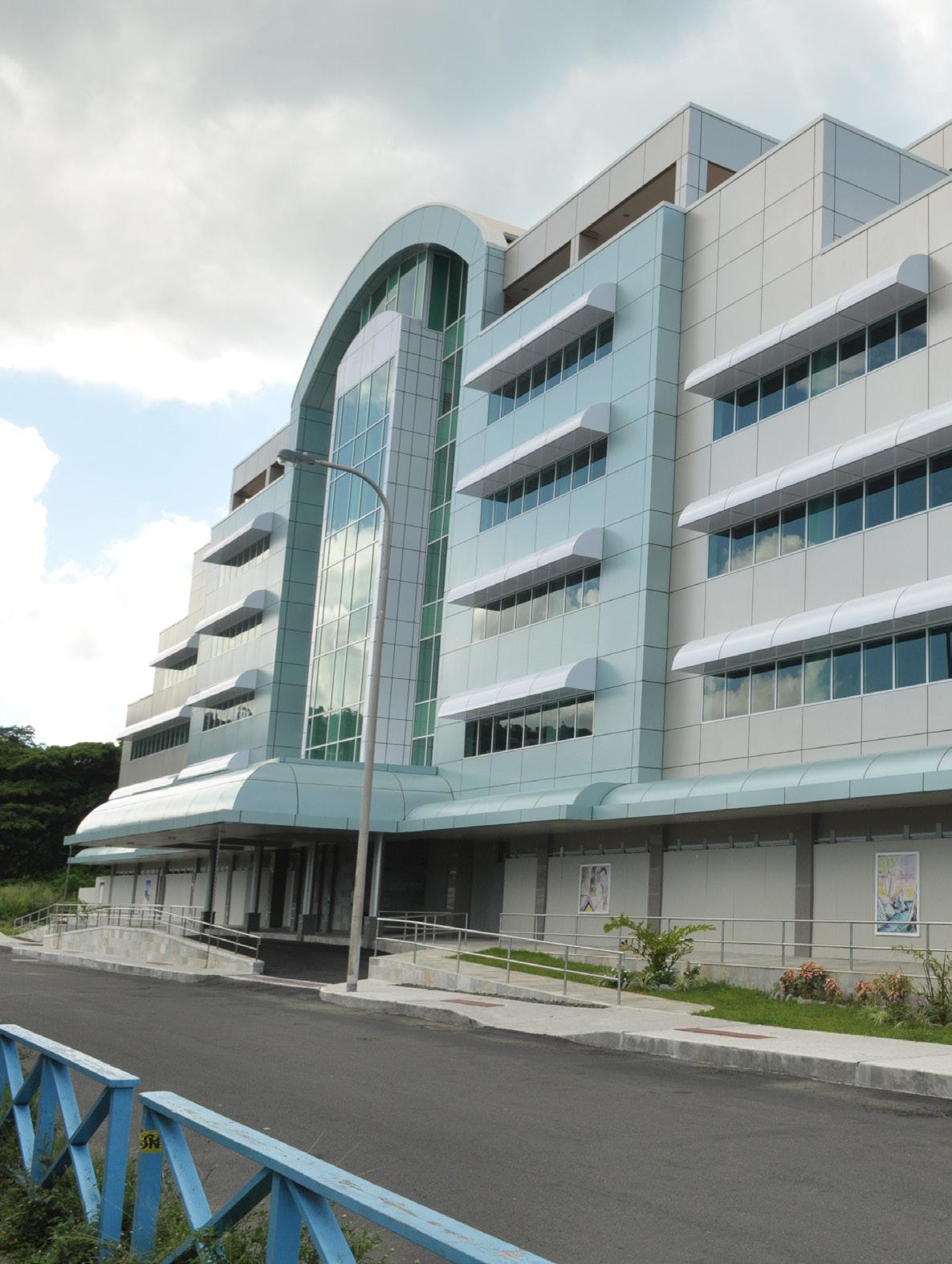 Written by Alice Instone-Brewer
Written by Alice Instone-Brewer
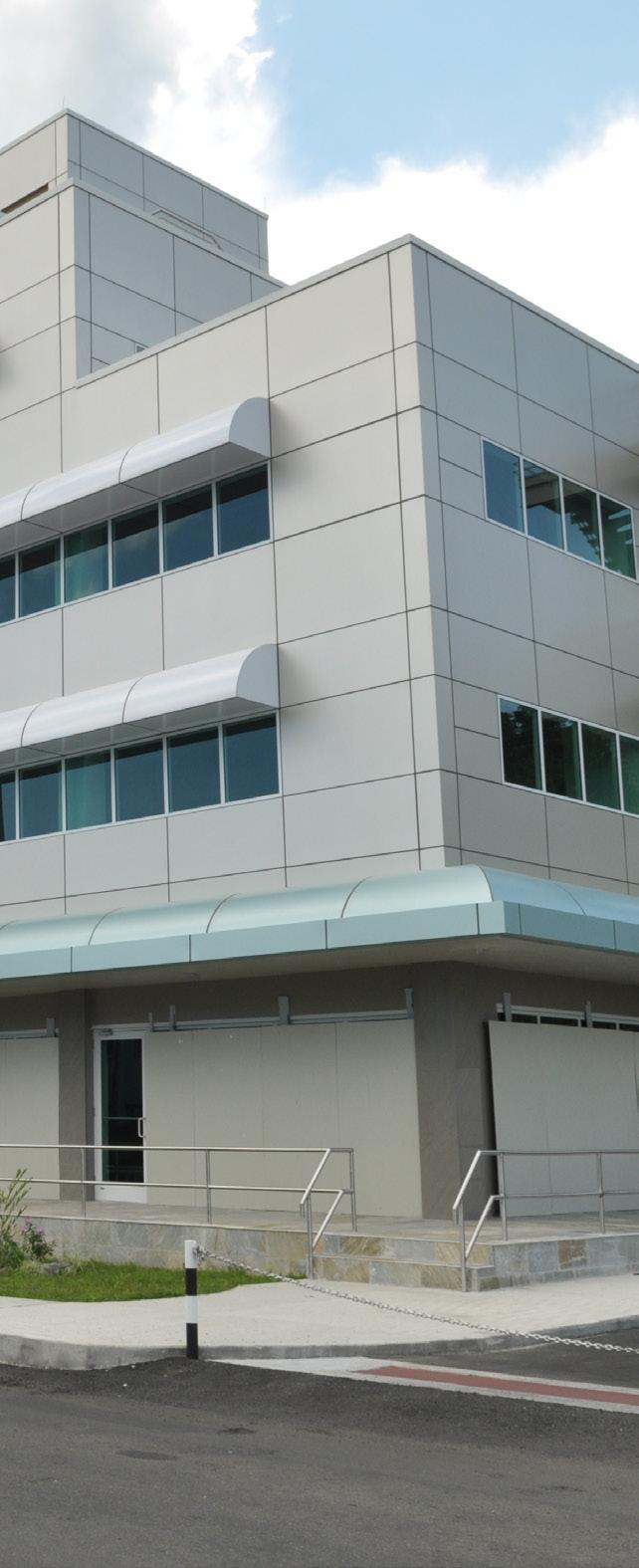
A spacious office building in the sundrenched city of St James, Trinidad, is the picturesque hub of operations for one of the Caribbean’s most trusted construction companies. This building is the nerve centre of NH International Caribbean Ltd: from here, their sphere of operations spreads out to over a dozen countries across the Caribbean region, stretching from the Bahamas in the north to Trinidad and Tobago in the south; from Barbados in the east all the way to Jamaica in the west.
NH International has built its reputation from the ground up. Initially founded 28 years ago as an alliance between Emile Elias & Co Ltd and Northwest Holst International Ltd, the company came about in its present form in 1995, when the Emile Elias Group – a long-established company which celebrated its Golden Jubilee in 2015undertook a strategic buyout of the Caribbean operations of its partner business. NH was thus born as an industry leader, proudly acclaimed as a flagship company by its parent group, and, in the 25 years since, has cemented its reputation as a respected constructor and financer of vital large-scale private developments and social infrastructure projects that frequently transform the local and national communities in the areas in which they are built.
Refusing to allow itself to be pigeonholed, NH has enthusiastically embraced the challenge of project diversity and gone on to undertake construction and development projects across a broad slate, from small-scale specialist projects such as the complete furnishing of four orthopaedic wards in San Fernando Hospital, to the creation of entire city square areas such as the Government Campus Plaza in Port of Spain. They have even provided the full infrastructure for new residential estates, such as the still-in-progress Bon Air North Housing Project in Arouca.
Although their greatest concentration of projects is found in St Lucia and Trinidad and Tobago, NH has undertaken building works and developments all across the region. Clients have included not only government departments and local authorities in Anguilla, the Bahamas, Barbados, Grenada, Jamaica, Montserrat, St Kitts and Nevis, St Lucia, St Vincent, and Trinidad and Tobago, but international institutions such as the BAA, for whom one of the fledgling company’s first projects, Hewanorra Airport, was built in 1993.
In addition to their public works, the company has also produced more than $1 billion US dollars’ worth of construction for private developers in the Caribbean area, tackling projects such as commercial resorts, office buildings and residential building developments, providing infrastructure that has boosted tourism and commercial revenue as well as attractive but affordable housing stock across the region.
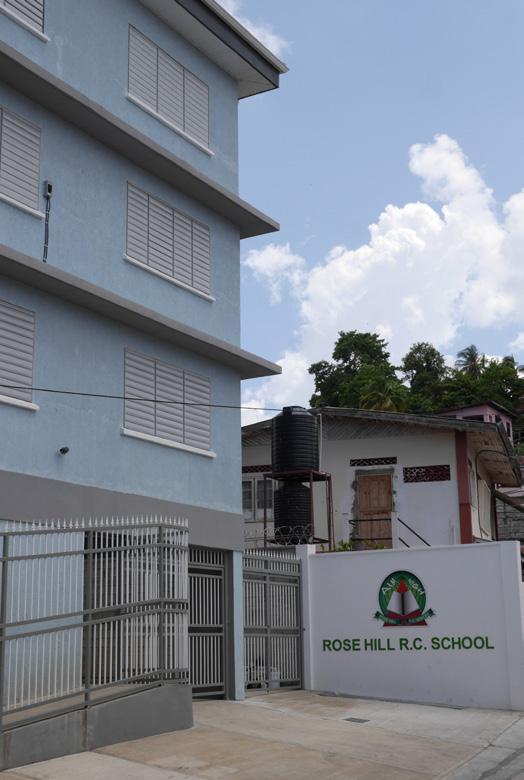
Executive Chairman Emile Elias speaks with great pride of the company’s record in building vital infrastructure and expanding social and commercial development in the region’s many young countries: “We encourage innovation to achieve our goals, making sure our staff has the skills, information and the latest technology required to meet client specifications. We take pride in consistently exceeding our clients’ expectations.”
The company’s governing philosophy emphasises a strong ethos of corporate responsibility, sustainability, cost-effectiveness, willingness to innovate, and service, both directly to clients and indirectly to the wider community of the region. Elias made these beliefs clear, stating that “Throughout NH, there is the belief that we must all be good stewards of the resources that are available to us. We see ourselves as nation builders, and we will continue to be governed by transparency, accountability and fair practice.”
This respect is returned by their clients in the region. A particular mark of the esteem in which NH is held in Trinidad and Tobago is that they are
seven-time recipients of the Trinidad and Tobago Contractors’ Association’s Contractor of the Year Award, but there are many others.

The sheer number of public contracts NH has been granted by the different governments and departments across the region speaks for itself, as does the massive number of repeat contracts they continue to win from both government and private clients. Their name has become a byword for trustworthiness and value for money in the region, while their range of recent projects show that this need not preclude the use of innovative methods and techniques, or of unusual designs made to fit the specific needs of a project’s local area and their proposed users and residents.
This passion for quality and cost-effectiveness in their actual construction work is matched in their banking and insurance facilities. NH are known for their strong ethic of financial responsibility and for keeping in close contact with funders and financial
officers at all stages of a project. They have earned a great deal of respect in the region by offering to meet with clients’ financiers when important projects have run into financial difficulty, seeking to find ways to keep them moving forward. They are also well known to have always met or exceeded requirements for insurance coverage and bonding in their projects, and have a long-term relationship with their insurance broker that has gone from strength to strength since the inception of the company.
Even a brief pass across a few of their recent projects shows the range and scope of NH’s operations. In December 2016, they completed worked on the Besson Street Police Station in Port of Spain - a modern three-storey police station constructed from reinforced concrete using the FORSA aluminium formwork system, housed on a post-tensioned slab.
In November 2016, they completed the Fairfield Housing Project, for which NH fully designed and constructed nearly 550 family homes, using cast-in-place reinforced concrete superstructures and the FORSA formwork system atop reinforced concrete columns on augured piles. However, one of their most impressive projects remains the Rosemont Roman Catholic Primary School, which was not only constructed on a very limited space due to site restrictions, but also in a very limited time period, with the FORSA aluminium framework and superstructure constructed in only fifteen weeks. Available space was so limited that it proved impossible to locate suitable playground space for the pupils at ground level; the NH teams showed their creative flair by creating innovative play areas within and on the roof area instead.

However influential their creations are in transforming the landscape, they are not the full story of NH in the Caribbean. NH’s parent company, Emile Elias & Company, and its Executive Chairman Elias himself, have a record of community service and engagement in the region extending as far back as the 1960s, when they became involved with planning, team building and advocacy work for the family planning movement, and then expanded to other local social movements and NGOs. Keen to extend the benefits of his experience as a selfmade builder to the community at large, Elias himself founded the National Commission for Self-
Help, offering training and partnership opportunities to a variety of development projects, and served as Chairman until 1996. He was installed as the first lifetime member of the Executive Committee of the Family Planning Association of Trinidad and Tobago, and later went on to found the Cancer Society of Trinidad and Tobago, and co-found the Beryl McBernie Foundation for the Arts.
Within the construction sphere specifically, Elias co-founded the Joint Consultative Council for the Construction Industry (JCC) in 1978, and, while Executive Chair of NH, has served on it to represent the Trinidad and Tobago Contractors’ Association from 1996 onwards. During this period, he also played a substantial part in founding the Trinidad and Tobago Transparency Institute. He continues to lead NH forward in offering time, expertise and resources to many local community and campaigning organisations, NGOs and development projects across the Caribbean region, while remaining a major and influential voice for fairness, accountability and following best practice within the construction agency.
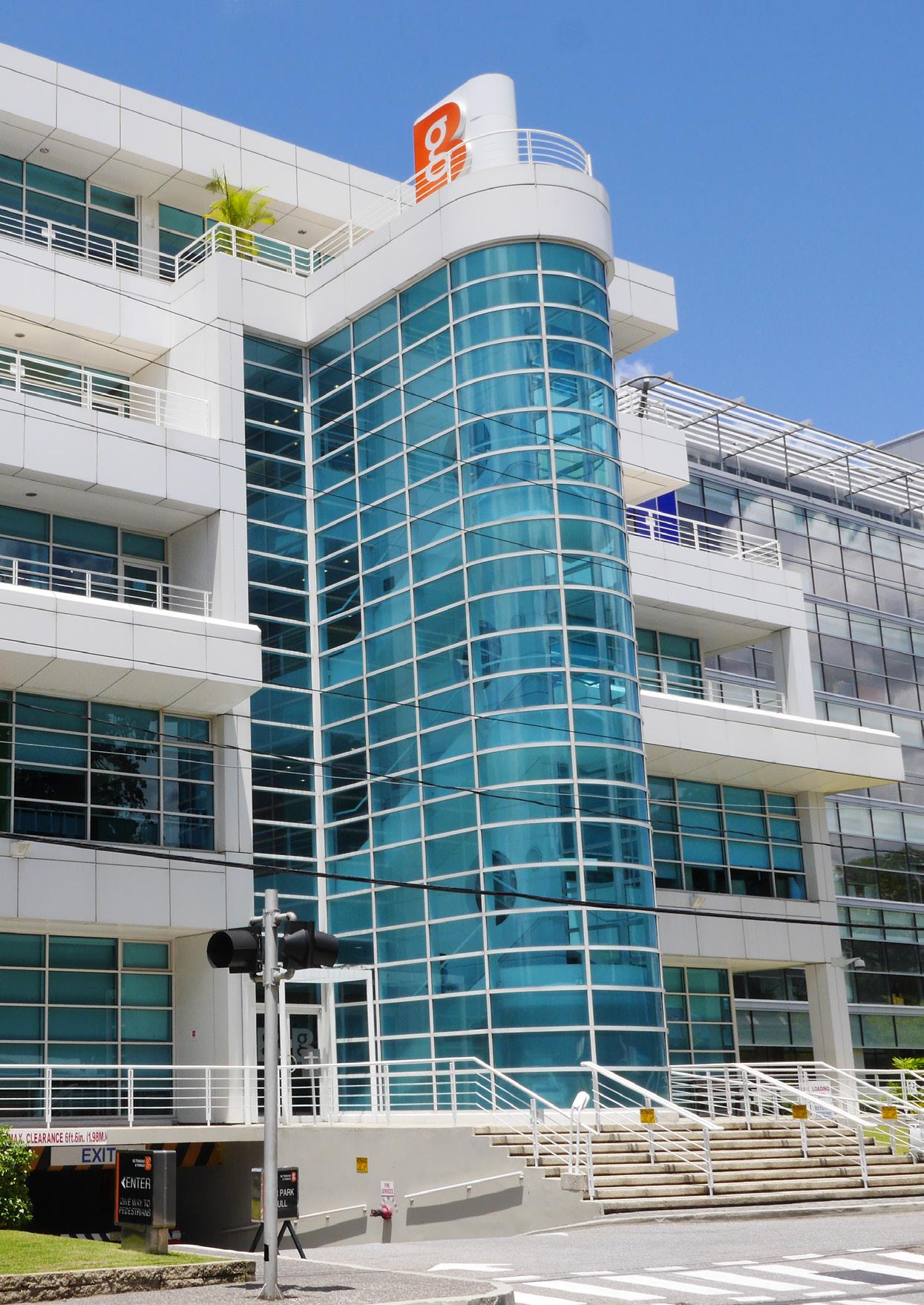
 Written by Alice Instone-Brewer
Written by Alice Instone-Brewer

Nigeria is a country currently undergoing significant growth in a number of sectors. Where growth occurs, industry is implicit, and where there is industry, there is petroleum. The Petroleum Technology Association of Nigeria (PETAN) represents and assists companies that offer technical services to the oil and gas industry – the many sources of supply and support needed in order for big-name oil and gas companies to operate. In doing so, the association protects and promotes local talent and strive to ensure that this big-money industry is of benefit to Nigeria and its people, rather than such services being sought overseas. Some of these companies have small voices in the grand industrial scheme, and uniting under an advocate with the right platforms and access to the right ears can make all the difference.
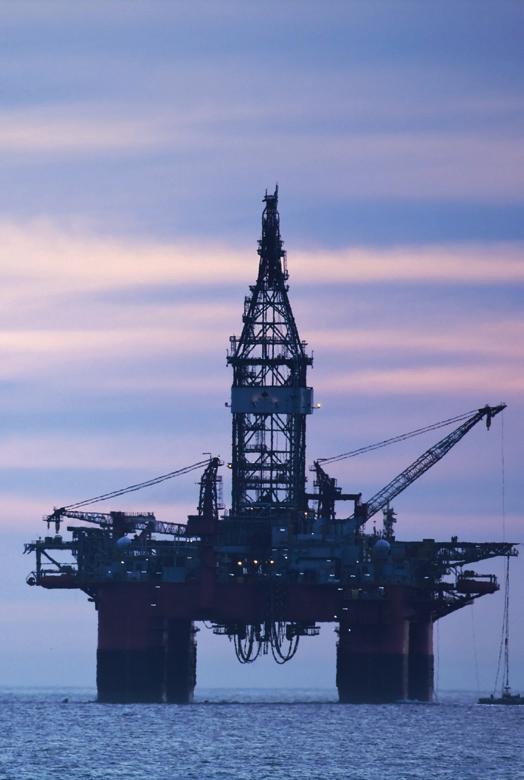
Industry is not merely about companies or profits, but about people. Beyond that, whilst contest is healthy in a market, people are stronger together than apart. As we know now better than ever before, representation is important, as is the ability to have a voice. Providing this is the aim of associations like PETAN. This association represents, in its own words, “Nigerian indigenous technical oilfield service companies”, from both the upstream and downstream sectors. In short, it represents the Nigerian oil and gas industry, and was formed the with the specific aim to bring together Nigerian entrepreneurs in this sector, to create a hub of communication and support. PETAN is a platform upon which these entrepreneurs can exchange ideas, both with each other and, through the association, with other relevant companies and, most significantly, policymakers that can impact their business.
PETAN is involved in far more than just petroleum – it is involved in the Nigerian way of life. In April 2022 alone, a few of its head executives represented the association at the Womanhood and Grand Okobong Celebration of Lady Bio Esther Ikuru, and it was also present at the Charkin Maritime Academy’s induction of its new Merchants Navy Cadets. Its interest and involvement in supporting these endevaours and causes are just some of the ways that PETAN is integrated with the country around it, caring about the people and the nation as well as its industry of focus.
There is rising pressure to correctly regulate the operations within the oil and gas sector, and rightly so, in order to reduce pollution and protect our planet. Whilst this is extremely important, the process is not helped if the policymakers in question do not understand the technical side of the industry they’re regulating, what is and isn’t possible, and have no-one to consult. Through groups like PETAN, instead of being at odds, both sides can, in an ideal world, work together in a way that functions for everyone. This process protects the interests on both sides and protects against issues such as hits to the economy if the industry is given restrictions that aren’t functional. However, PETAN’S activities are just as active when it comes to supporting its members with their activities on the ground. One of the projects the association’s members are involved in is the Oilserv

Ltd Tours AKK Gas Piepline project; a project for an indigenous EPC company in charge of the Ajaokuta, Kaduna and Kano pipeline. Worth $2.6 billion, the project reports that it will be completed in a timely manner, with one-third of the project having been completed by April this year. This was confirmed by an inspection from the Nigeria National Petroleum Commission. Projects of this importance are plentiful amongst the works carried out by PETAN’s members, making the association involved with all of them in the manner of a consultant and source of support. Providing information, contacts and, where needed, advocacy is all a high-value resource and service whilst such projects are in development – especially when high investment figures are in play. Assisting its members in becoming involved in such a project is another key part of PETAN’s work, connecting tenders with members who could fulfil it, and in many cases, providing an avenue for that company to grow.

It has also been a positive and uplifting time of change for PETAN on an organisation level; the association has been able to enjoy a redesign of its headquarters, giving the buildings a brighter, cleaner and more modern look. A working environment is
important for the morale of employees, and this reworking of the association HQ means for happier staff and a more enjoyable and efficient workday. PETAN is led by a Board of Executives that is, in turn, advised by a Board of Trustees that is selected from ex-executives and other senior industry leaders in the field. The association says of itself, “We are initiators of local content in Nigeria and have been championing the quest for increased local participation in the Nigerian Oil & Gas industry.” It’s true: as well as their back and forth between companies and third parties, PETAN also provides other benefits to its members. For example, it arranges for Nigerian companies to have access to global platforms upon which to showcase themselves and represent what the country is capable of.
These opportunities are usually at international conferences and exhibitions, including the Offshore Technology Conference (OTC). This conference was set up to showcase the latest technology in the oil and gas sector –more specifically, the latest in offshore drilling, exploration, production, and environmental protection. Access to this sort of event, which is held in Houston, Texas and is the world’s leading conference of its kind, is a fantastic opportunity for Nigerian companies who want to put their name on the global stage. PETAN has been solely responsible for getting Nigerian companies into the OTC, which it first made possible in 2005. PETAN also arranges Nigerian involvement in seminars and workshops, and other opportunities for its local entrepreneurs to exchange ideas with global experts, all with the aim of furthering local industry.
Furthering Nigerian professionals is the aim of every PETAN company, too. Between them and their contractors, they collectively employ over 20,000 Nigerians, 60% of whom are graduates. Currently, PETAN has 80 member companies within Nigeria. These members make an average annual revenue of $500 million, which goes to show that PETAN’s efforts are working. Its protection isn’t just towards local businesses, though, but towards Nigeria in general – to this end, it emphasises CSR and environmental responsibility to its members – especially initiatives that help the local community in the same ways PETAN seeks to help local businesses.
PETAN membership is open to all indigenous companies in the technical oil and gas services who meet the criteria, which are as follows: a company’s staff must be 95% Nigerian; the majority of technical management must be Nigerian; the company must have a Nigerian citizen as its MD or CEO; and the company’s equity holding must be 100% Nigerian, or must be at least 60%, with a three-year plan for the acquisition of the rest to take place.
As the association says, “We wish to promote the domestication of petroleum technology by striving for fair and extensive patronage of efficient and competitive indigenous Nigerian Oilfield Service companies.” Currently, the oil and gas industry is dominated by international players, which leaves less room in this space for local companies to rise up and make the most of the natural resources in their country. When equipment companies from Europe, and oil and gas moguls from America and
the Middle East, come in and fill the space in the market, it reduces the opportunities available to local businesspeople: this is why there is such emphasis on the words “Nigerian” and “entrepreneur” in everything PETAN does. Its focus on local skills and local business is to protect, foster and nurture the industry for the country hosting it. The natural resources are Nigerian, so it’s only right that Nigerians are able to form successful service companies to support this industry and feed back into the country’s economy through it.
When people think about the oil and gas industry, the inclination can sometimes be to only look at the top of the chain, but PETAN cares about those that make it possible. There may be great wealth at the top, but within the chain are companies that are still growing and establishing themselves, and PETAN guards these suppliers and service providers, making them best equipped to prove themselves against international competition. This is as important in this industry as it is in any other, and PETAN is here to provide it.
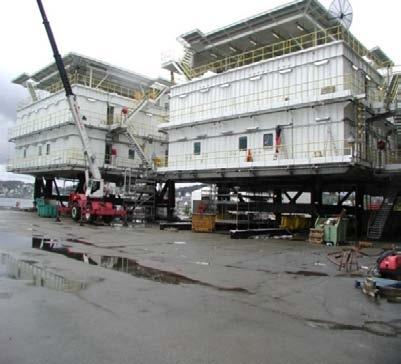
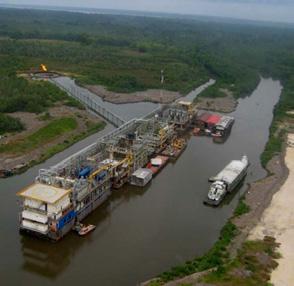
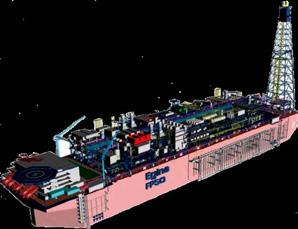
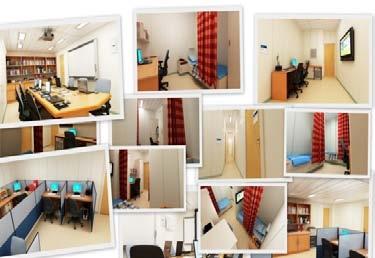

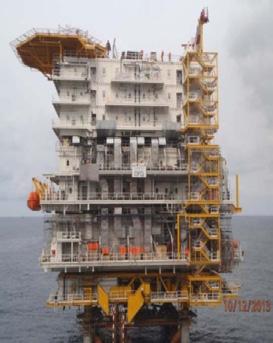
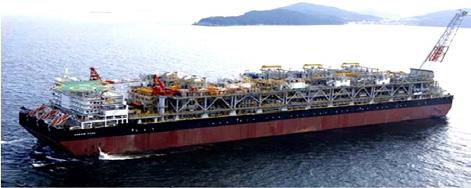

“We believe in adopting responsible business practices that create positive change in society. We wish to contribute to the community in which we operate in a meaningful and positive way.”
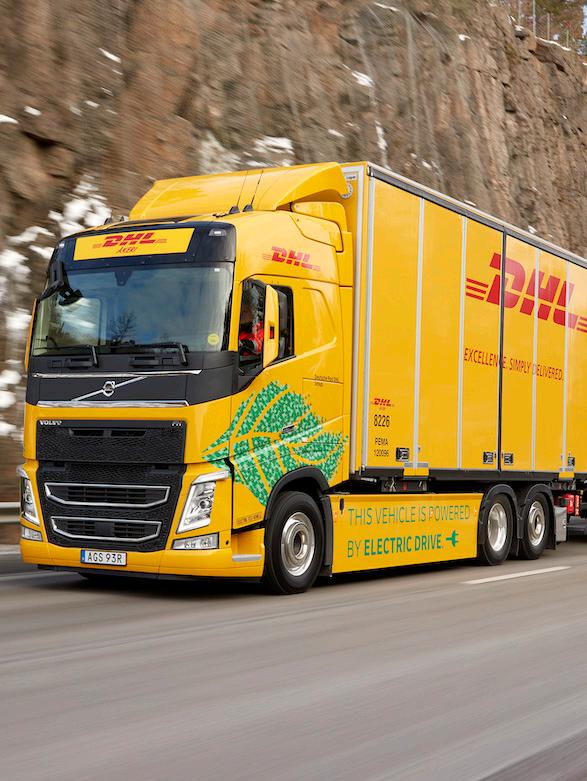 Written by Alice Instone-Brewer
Written by Alice Instone-Brewer

Logistics companies are essential cogs in the world’s machine, and of the logistics companies out there, perhaps one of the best-known names is DHL. We spoke with DHL’s West Africa CEO, Serigne Ndanck Mbaye, to learn about this global entity in more detail, and in particular, to focus in on one of the areas of his supervisionDHL Ghana.
We imagine you’ve already heard of DHL, but just in case, we asked Serigne to describe the company in his own words: “We are a multinational company that provides logistics in all the elements of the international supply chain. We enable global trade while we are highly active in our local markets operating through our stations to be closer to our customers. We think global but act local!”
Words to live by; no matter the business, having one eye on the global market whilst keeping one hand in involvement with local communities, activities and needs ensures that a company will always strike the right balance, be it small or large.
DHL Global Forwarding belongs to the Deutsche Post DHL group, the global leader in logistics. Deutsche Post DHL Group is home to two strong brands: Deutsche Post, Europe’s leading postal service provider, and DHL, which offers a comprehensive range of international express, freight, and supply chain management services, as well as e-commerce logistics solutions. Deutsche Post DHL Group employs over 570,000 people in 220plus countries and territories worldwide.
In Ghana, the company has two separate entities: DHL Express and DHL Global Forwarding. DHL Global Forwarding specialises in freight forwarding, providing air, ocean, road and warehousing, industrial projects, customs, and value-added services. The Global Forwarding Division was established in 2008 as an autonomous entity in Ghana and the major African countries.
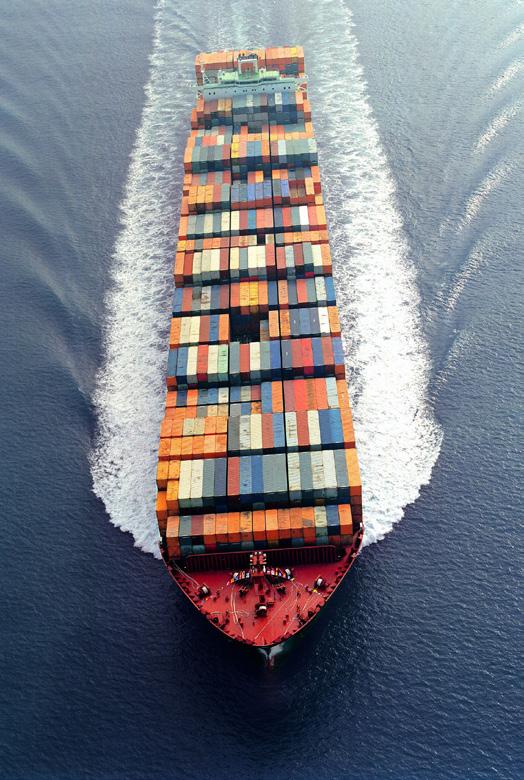
“We are present at all stages of the international supply chain,” Serigne told us, “Including contract logistics and administrative formalities for all transport modes. We also have expertise in various sectors. For example, in mining, DHL Global Forwarding provides an end-to-end supply chain for machines, spare parts, or equipment that require integrated solutions from multiple vendors (buyers consolidations) into Ghana or other destination countries. Our solutions are driven by speed and efficiency and may require additional transport and even multimodal solutions.”
All that being said, DHL Global Forwarding is not only involved in the physical act of moving goods. There is a technological side of the company: an expert in this area itself, it offers a digital service
Our

Prince

using tailored technology that gives its customers a real-time view and control over their own cargo. This doesn’t just mean letting an individual track their personal parcel – this system allows companies to monitor, track, organise and strategise their own, large scale logistics operations.

Whilst the company is a household name, commonly utilised by small and large companies alike, it is not without competition. Both independent companies and fellow global giants exist, but Serigne isn’t concerned. “It’s great,” he told us confidently, “Because it keeps us at the forefront of innovation.” Complacency can be the death of business, because whilst one may be tempted to stand still, the world never does. Being kept on one’s toes, always pushing to be better than those in your same market, in the way to maintain quality, and DHL embraces it.
This positive was also a silver lining to be found in the pandemic. In the two years where the world was first affected by Covid-19, border restrictions and other precautions caused a number of challenges for both DHL and their fellow logistics companies. Whilst many sectors simply closed, or worked at reduced capacity, logistics was an area that needed to keep going, with all else hanging on its ability to do so. Whilst the levels of product traffic went down, they far from stopped. “DHL Global Forwarding in Ghana innovated in many ways,” Serigne told us. “Our top priority was keeping our people safe, which meant adhering to the Covid protocol and activating our Business Contingency Plan to work from home. Other related challenges were virtually managing a network of people working from home and pushing our digitization agenda further. We were fortunate that in 2019, we rolled out our new Transport Management System (CW1), which was able to digitize our processes and integrate different collaborative platforms, enabling us to work from home but still perform for our customers. Managing virtual teams was new to us, but we were already confident that the ‘command and control’ management approach had been outdated for many years; we trusted our people.”
A strong team that is committed to the company, and is met with trust and empowerment in return, is a key to success even in the best of times, but especially when adapting to a crisis. However, human flexibility alone was not all that was needed – as well as the Transport Management System that had already come into existence, other digital solutions were needed:
“To interact with our customers, we also needed a state-of-the-art frontline tool. MyDHLi (my DHL Interactive) was promoted for our customers, allowing them to book their shipments from the comfort of their homes, customise and automate their reporting, and have complete visibility and control over their shipments.
“Another equation was our suppliers. Although we do e-bookings for road freight with air and ocean carriers, we have been manually engaging transporters. Saloodo!, our digital freight platform that allows transporters to find cargo and avoid empty runs, was deployed in the middle of the pandemic.”
The pandemic has also created air capacity issues. For example, belly capacity went down to 80%. Meanwhile, an equipment shortage was causing issues in ocean freight. “We created Ubuntu to keep serving African countries last year, with additional freighters to close demand and supply gaps. Now that belly capacity is improving, we optimize its usage and carefully track trends to react with specific solutions.”
Despite the pandemic, DHL Global Forwarding kept on investing. The company set up a new operating base at West Park Ghana, one of the biggest industrial parks in West Africa. It also set up a new location in Takoradi and a station in Kumasi. These developments show the company’s confidence that it would be able to continue on despite the shortterm setbacks of Covid, and meant it emerged from that period of time all the stronger, and ready to hit the ground running. In fact, the running had never stopped!
As well as working to improve the experience for their customers, DHL Ghana also invests in improving the quality of life for its local community, as well as working to protect the environment and limit the damage of its activities.
In terms of its green practises, the company runs various programs such as GoHelp and GoGreen, run by the DHL Group as a whole. DHL Ghana also has a zero-emission target for 2050, and has already succeeded in decarbonizing its LCL business at no extra cost for our customers by using biofuel.
As for its CSR initiatives, the overarching Group’s GoTeach supports children and young people who find themselves in need as a result of poverty, loss
of family or being forced to flee their country. The program provides boot camps for youth and young adults from SOS Village Ghana to help them acquire the essential skills and knowledge necessary to find stable employment. Operation Smile is a nonprofit medical organisation that DHL Ghana works with to help it to provide better access to safe surgical care for those with cleft lip and cleft palate. The company provides free logistics solutions to transport the charity’s mobile surgical units across the country.
These are just some of many CSR operations within Ghana that the company is involved in. Between this, making lives easier for their customers and protecting their staff, through a pandemic period and beyond, DHL Ghana understands that logistics is about more than moving items from A to B – it’s about doing so with care.
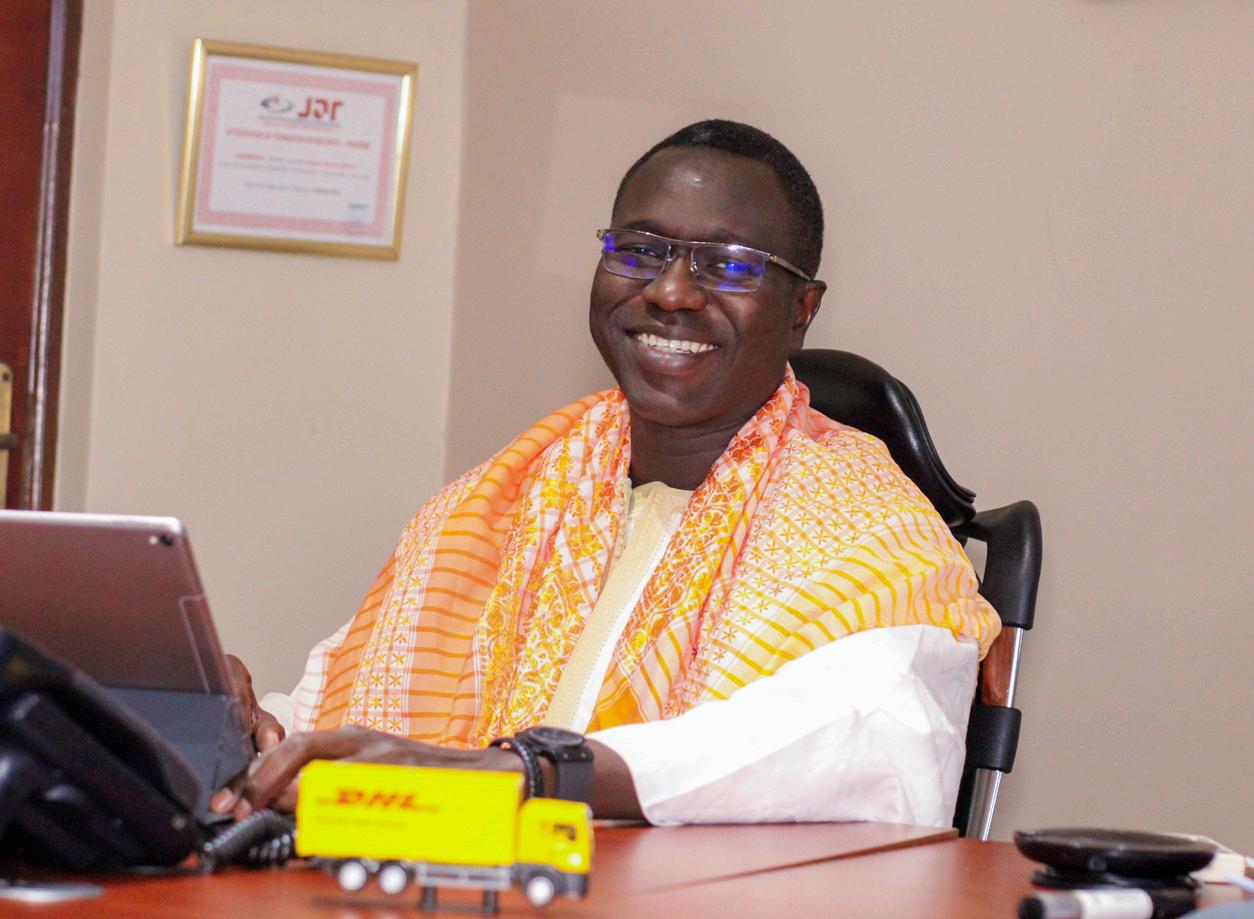
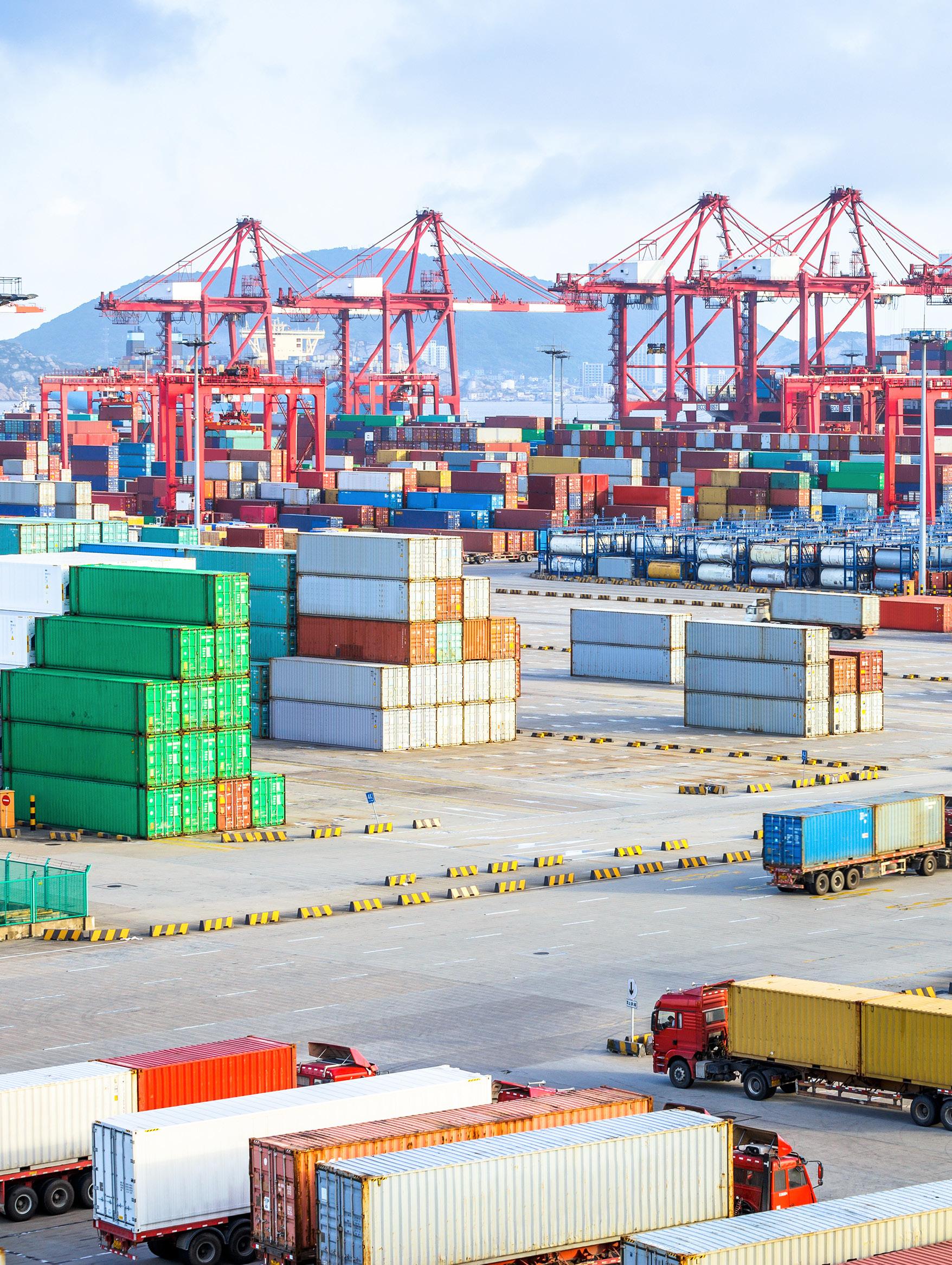 Written by Alice Instone-Brewer
Written by Alice Instone-Brewer
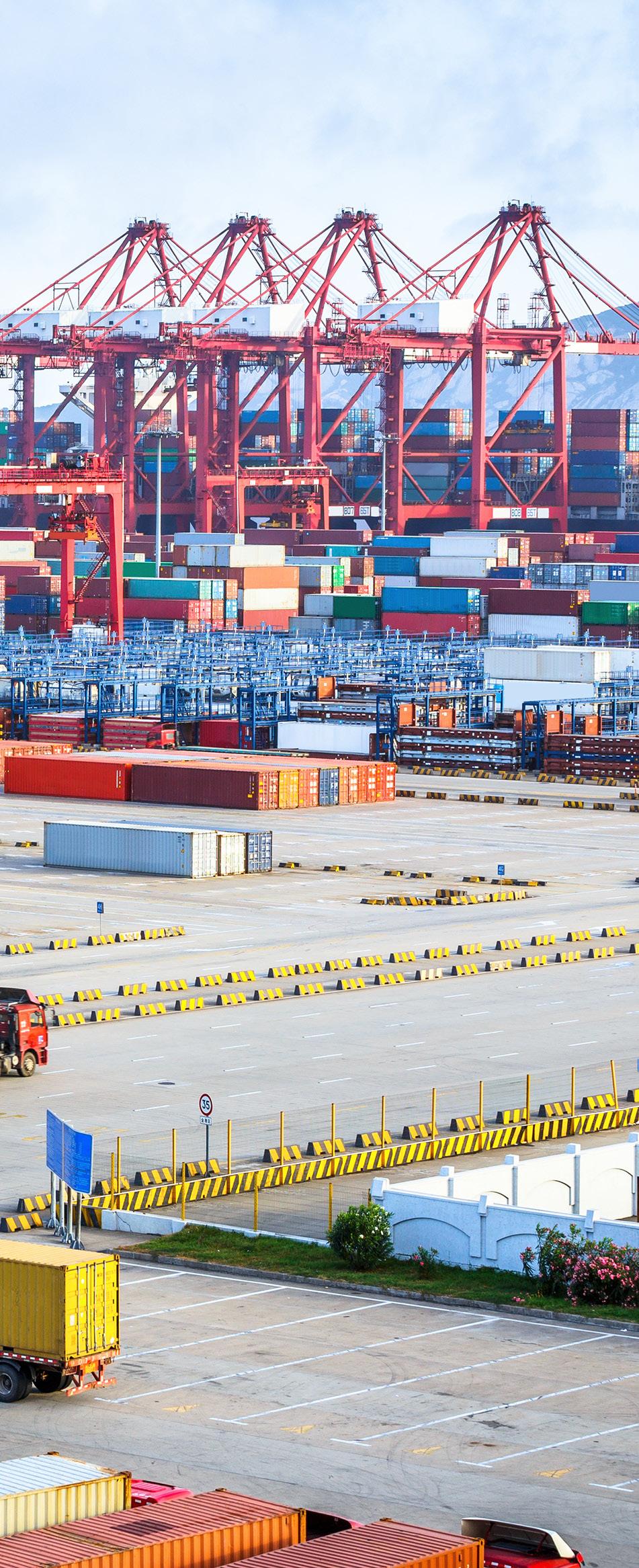
When talking about Trinidad and Tobago, and in particular, the islands’ industrial activity, Point Lisas tends to come up. The Point Lisas Industrial Estate, close to the famous Point Lisas port, is an essential element in the nation’s economy-carrying petrochemical sector. The estate is a world-class facility, representing an investment of over US $2 billion. Who maintains it? PLIPDECO – the Point Lisas Industrial Port Development Corporation. But the real story isn’t in this management, but in how the development first came to be.
The Port of Point Lisas is one of two major ports in Trinidad and Tobago and consists of six general cargo and container berths. The facility handles a variety of cargo, including containerised, breakbulk, lumber, paper, consumables, dry bulk and steel. In total, the estate is home to over a hundred companies; whilst the petrochemical sector has a dominant presence, there are many other many multi-national production plants also operating there.
It is up to PLIPDECO to oversee and maintain this important epicentre. As the company states; “Our mission is to develop, market and operate port, logistics and industrial estate infrastructure for optimal economic growth, alongside our vision of becoming a global leader in port and estate management by consistently providing superior, innovative service. We will act with honesty, without compromising the truth and be personally accountable for the highest standards of behaviour and we will convert knowledge and ideas to new approaches that will revolutionise the way we work.” Largely, its work these days centres around the preservation of the site’s essential infrastructure, but it was the construction of this infrastructure, and the long and arduous path that led to this construction, that tells PLIPDECO’s real story.
The history of the Point Lisas Industrial Port Development Corporation Limited is a long and involved one, filled with foresight and determination on the part of Trinidad and Tobago’s South Chambre – the body that would one day form the PLIPDECO board. Until the late 1930s, cargo vessels headed for Trinidad would anchor offshore and the cargo would be split into lighter loads to be taken to the Port of Spain or San Fernando. This allowed San Fernando, Trinidad’s second city, to benefit from the same level of business as the Port of Spain. However, in 1937, the Port of Spain was dredged and converted into a deep-water operation, which left San Fernando out to dry. This led to years of campaigning from the business owners of San Fernando for the islands of Trinidad and Tobago to build a new industrial port that could draw back this business – campaigning that continued until 1966,
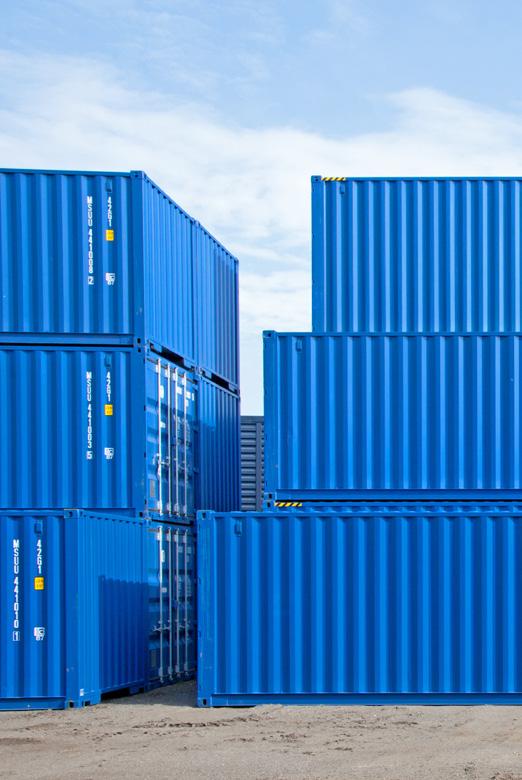
when the project was finally approved and greenlit. From here, PLIPDECO was born.
In order to reach this point, many studies were carried out to prove the need for a deep-water port, and these studies would not have persisted if the business owners pushing for them had given up or fallen quiet. As it was, after many years, it was at long last acknowledged by the islands’ government that not only was a commercial port development the way forward, but that an insightful and trustworthy team was needed to oversee and manage it. This job was entrusted to the members of the South Chamber who had lobbied long and hard for the development, allowing them to bring their shrewd business sense to the project.
When the company came into being on September 16th 1966, there wasn’t a port to develop, let alone an industrial estate to manage. In this lay one of the challenges: the land upon which it made sense for the port and surrounding estate to be built was, at the time, well-established sugar land. Whilst the land was marginal, it still bore sugarcane – a main staple of Trinidad and Tobago’s economy

at the time. These days, petrochemical and other heavy-industry undertakings are definitive for the islands, but this would never have become the case if the battle for this port had fallen to this traditional reliance on the sugar trade. It was a gamble, but one that was taken. As the company describes: “Sugar, the commodity of the old economy, gave way to the high technology of the new: cane to wire rods. Point Lisas was Trinidad and Tobago’s way of making a break with the past and turning its natural resources into steady revenue.”
It took over thirty years, but finally, this ambitious project was realised, and both the project and the Chambre that had championed it finally got their recognition: in 1967, soon after the construction was complete, thenPrime Minister Dr Eric Williams declared the South Chambre a “vigorous body dedicated to the economic development not only of the south but of the entire country.”
Continuing to innovate even after construction had been achieved, PLIPDECO led the way again by being one of the first companies in Trinidad and Tobago to offer shares. Today, the government maintains 51% of these shares, whilst the other 49% are held by private companies. This leading cut of the shares for the government was awarded in recognition of the funding that had made construction possible: however, once again proving their shrewd business sense, the members of the South Chamber created a way to make sure that they maintained control of the project itself: to do this, they created ‘Subscriber’ shares – nine in total – which were only valued at TT$1, but which gave the owner the right to appoint 12 of the 15 board members. The Chamber held these nine shares, and thus, it did not lose control of its brain-child.
With these developments now built and longestablished, what does their maintenance require of PLIPDECO? As well as managing the operations

of the port itself, it answers to the needs of the Estate’s tenants – the 100+ companies that include a mix of world-class methanol, ammonia and urea plants, three steel plants, a power plant and smaller light manufacturing and service companies.
In maintaining these, PLIPDECO maintains more than the companies and facilities themselves – it maintains the beating heart of Trinidad & Tobago’s industry, and through that, the entirety of the twin islands. Every key piece of a nation’s activities has an important role like this to play, and in PLIPDECO’s case, that importance is clear to see.

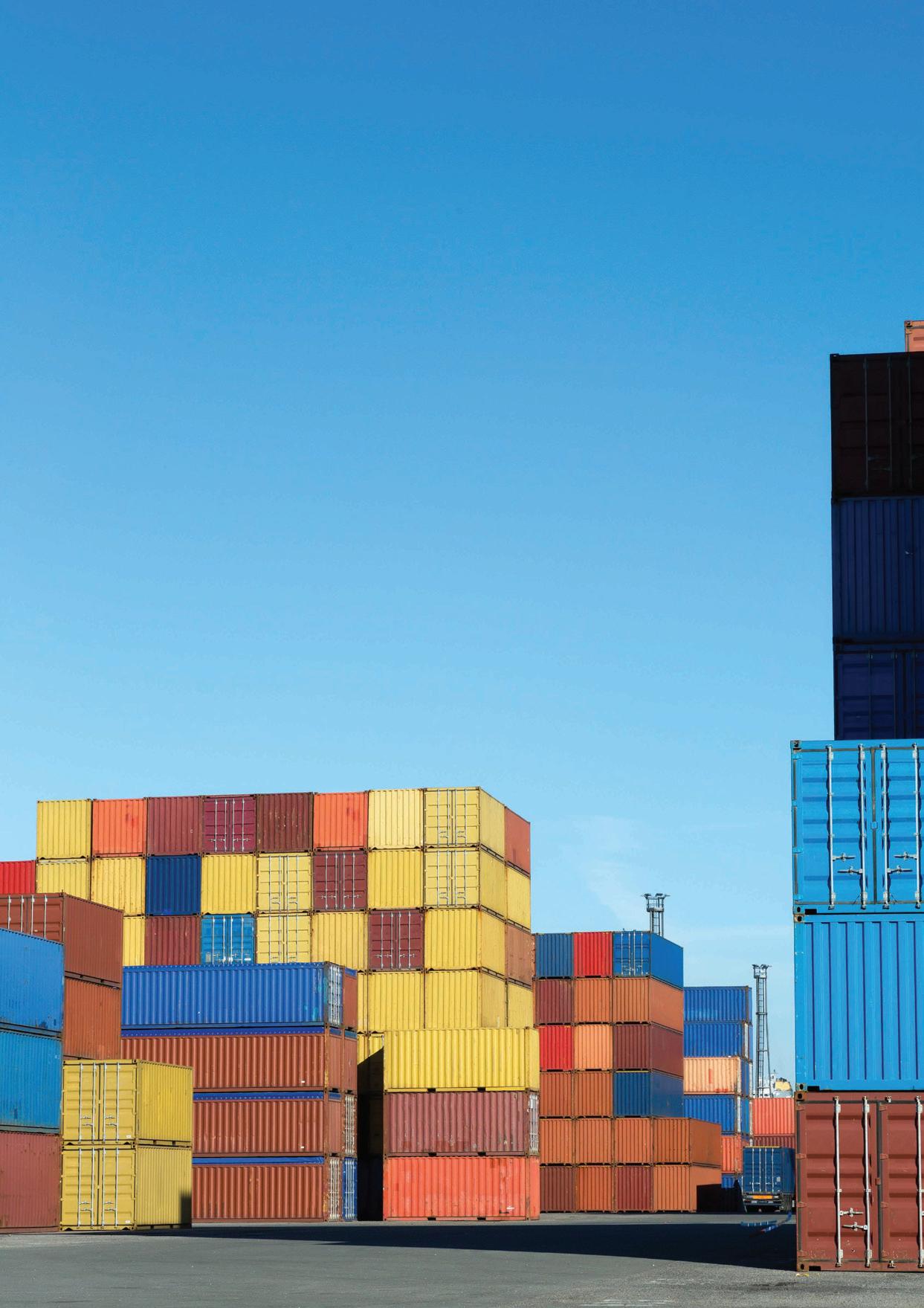
 Written by Lucy Pilgrim
Written by Lucy Pilgrim
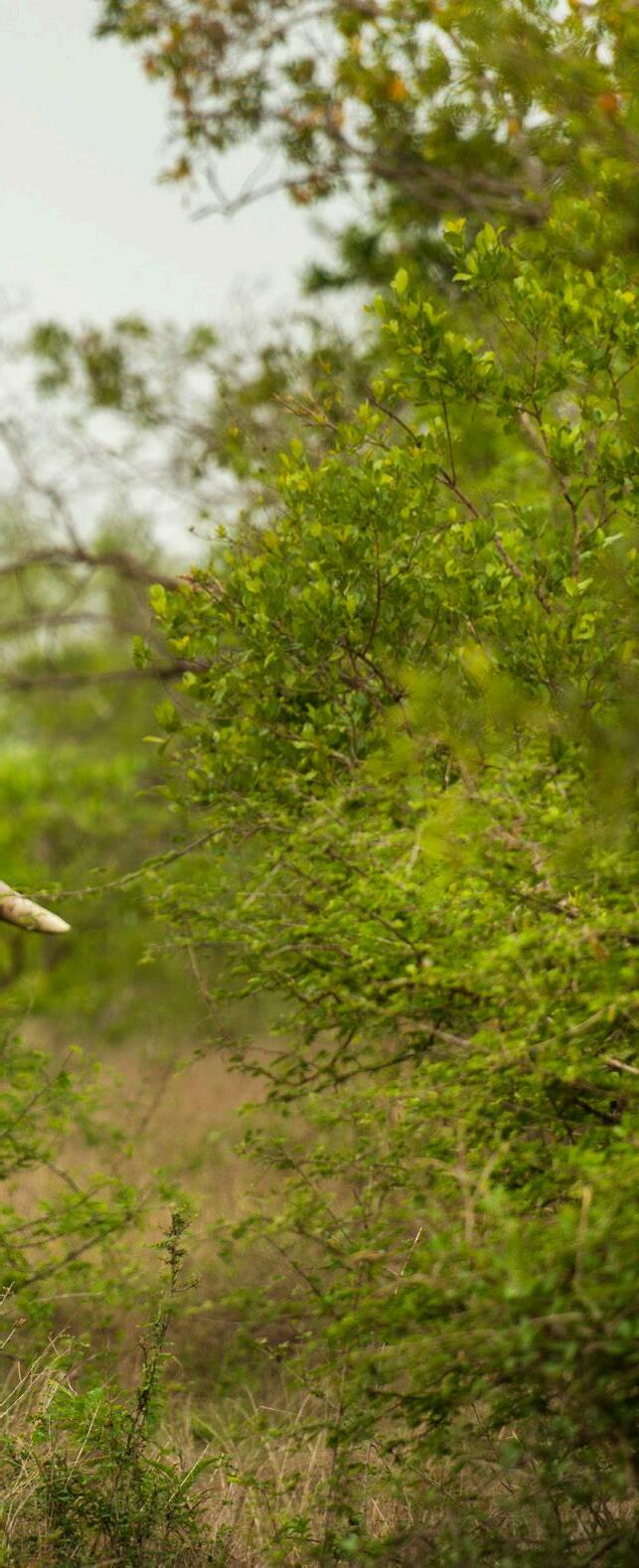
The last time we spoke to Nomad Tours, the travel company were combatting the impacts of the pandemic, which had a detrimental effect on the travel and tourism industry across the world. Founder of Nomad Tours, Alex Rutherford, told us almost 12 months ago how they went from “running 1000 clients across 5060 tours a month – to zero. It was devastating.” Thankfully, now the world has largely come through the negative impacts of covid, it’s nice to see how Nomad Tours has been restored back to its former glory, bustling with activity from visitors across the world.
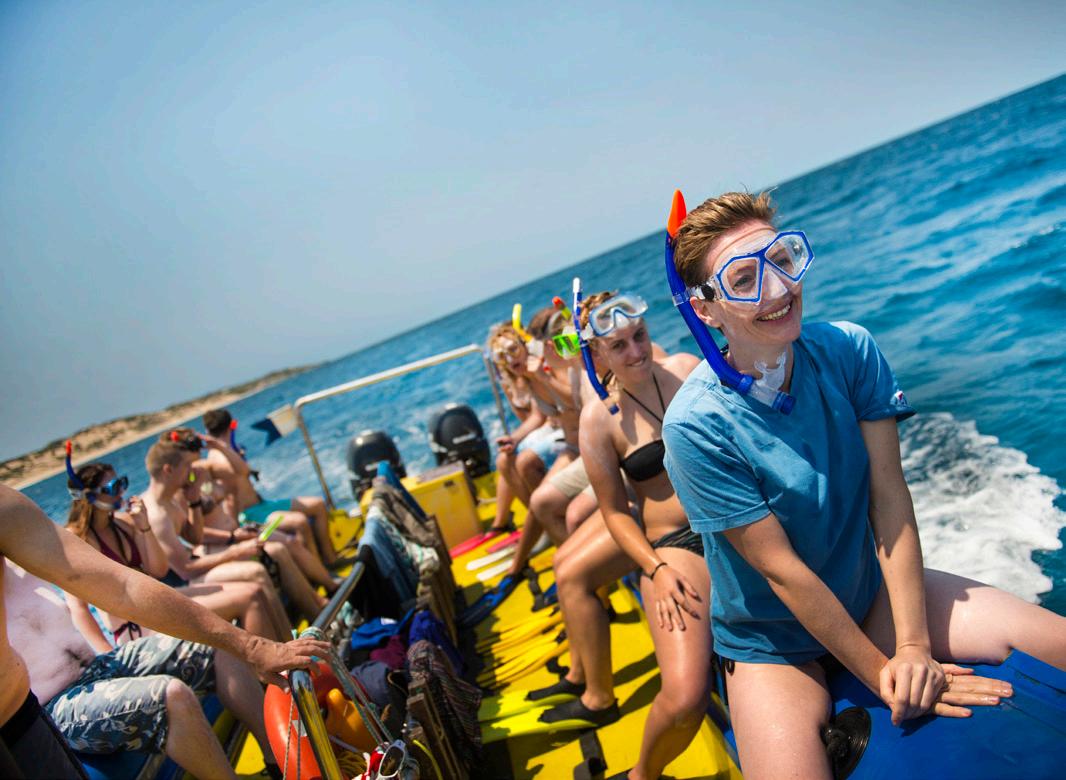
In Nomad Tours Infancy, it offered tours to small groups, combining bus and jeep travel with the more traditional forms of camping. Alex had a key vision for Nomad Tours: a friendly and fun holiday destination that offered beautiful landscapes, a friendly community, local history, and a vivid array of animals for all to see.
Nomad Tours offers a variety of tours across Southern and East Africa. Their key goal is to ensure the customers get the best sites Africa has to offer. As such, they have specially designed tours to ensure that their tourists witness outstanding beauty, rare and spectacular wildlife, with a rich cultural history. This is most greatly shown by their best-selling tours, including a wonderful trip from Cape Town to Victoria Falls. Alternatively, you can take part in an adventure through Delta, Chobe, and Kruger, alongside many more appealing trips across Africa. Therefore, we can see how Nomad Tours has returned stronger than ever from the hardship it endured throughout 2020 and 2021, restoring the exciting opportunities for travel and tourism across Africa.
Nomad’s adventure began in 1997 when Alex Rutherford, founder and owner of Nomad, conducted a trans-Africa expedition lasting also a year. This life-changing trip inspired Alex to fill the gap within the travel and tourism industry in Africa. He soon realised that there was a disparity between strictly budgeted tours and their more sophisticated operations. It was through this sudden realisation that the founding principle of Nomad was formed: Do it better and do it for less!
Nomad Tours can boast that it is one of the largest adventure tour companies in Africa. Nomad prides itself on being able to offer hundreds of tours across a wide region of the country, covering more than 23 kilometres. Additionally averaging two million metres covered and 650 tours per year, its experience and range are unmatched within the industry. Nomad can further boast that it has run more than 7150 tours to date. This is particularly impressive when you consider the difficulty of the
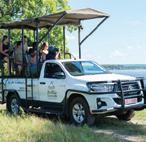

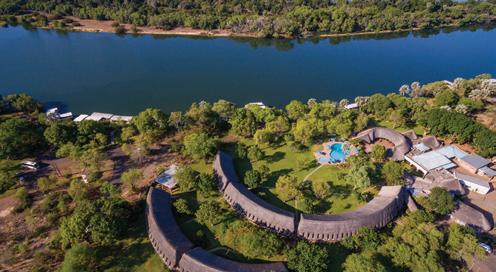
last two years in the travel and tourism industry. Even though they did have to let some staff go due to the pandemic, they can now proudly say that they have 150 loyal and dedicated members of staff. This is particularly important to Alex, as it ensures that the company is big enough to be successful and reliable, but still small enough to care and appreciate each client that travels with them. Nomad also highlights how they offer up-to-date and exciting new materials and equipment for their tours, providing high-quality, guides, trucks, and equipment, to make sure that each adventurer has an unforgettable time.
This is further emphasised in Nomad’s mission statement, which it places as a top priority in the business. Firstly, Nomad Tours ensures that it provides a quality product and value for money. This demonstrates how they put customer care and satisfaction as key priorities. Furthermore, Nomad believes in responsibility and accountability, making sure that it is a professional and efficient business, further shown by its clear integrity and honesty. As Alex has emphasised in earlier chats






Dream.

Your

with us, he views employment and opportunity as highly significant. This is due to the idea of family and community that is at the heart of the business. Most importantly, however, is the mission of fun and adventure, and providing excellent quality service.

Nomad places wildlife and the environment, as not only a passion but an integral component in today’s society. Consequently, in 2008 the Nomad African Trust was established by Alex, to try and combat the environmental problems facing Africa. In response to such concepts, they created a set of guiding principles, in what they call their Green Seats initiative. Firstly, they are a greatly eco-conscious business, shown by the fact that the Nomad Trust wants to give back to Africa.
They clearly emphasise that the idea behind the non-profit initiative is to preserve and uplift the people, places, and animals of the continent. Therefore, their continual objective is to receive funding from the key actors within the industry, as well as other related industries, with the aim of helping and protecting the very people, places, and animals that these sectors earn their living from. This initiative has clearly paid off, as they have been able to see the positive effects of their efforts and research. This enables the Nomad African Trust the ability to provide focused and special help to their main three objectives of people, places, and animals.
Nomad believes that its people are of utmost importance, therefore having a key focus on job creation and job development. Furthermore, they really want to give back to the local communities that they are travelling through, therefore succeeding in supporting and uplifting the rural communities across Southern and Eastern Africa. This is due to their belief that many of the problems that Africa faces are most acutely seen within these rural areas. In order to combat such challenges, they create long-term employment in the local communities of the planting sites.
Moreover, the Nomad Trust’s focus is not only on remote wild lands of Africa but also on the more urban areas and the immediate surroundings. Although more profitable areas of tourism are already protected by their high-end position, the lesser-known places of Africa are in greater need of guidance and exposure. Accordingly, Nomad strives to promote diversity, as one of the most treasured characteristics of the planet.
Finally, Nomad’s third focus is on the promotion of animal safety. They recognise that there is already a lot of interest in the small range of animals that garner a lot of attention. Therefore, once again Nomad wants to do its bit by assisting the lesserknown animals in the regions, that are in need of dire help. This is conducted through detailed attention to breeding programmes and relocation of certain species to natural habitats, thus restoring them to the beautiful landscapes they once were.
With such a plethora of activities, it is easy to see how Nomad Tours passion for the bond of a small group, as well as taking great care of the staff and guides, shines through. Adventure and fun is not the only key focus, shown through their impactful green initiative. This eco-conscious practice vitally protects highly desirable animals across Africa, as well as restoring the lives of lesser-known animals and communities to promote diversity and enjoyment for all.

 Written by Alice Instone-Brewer
Written by Alice Instone-Brewer
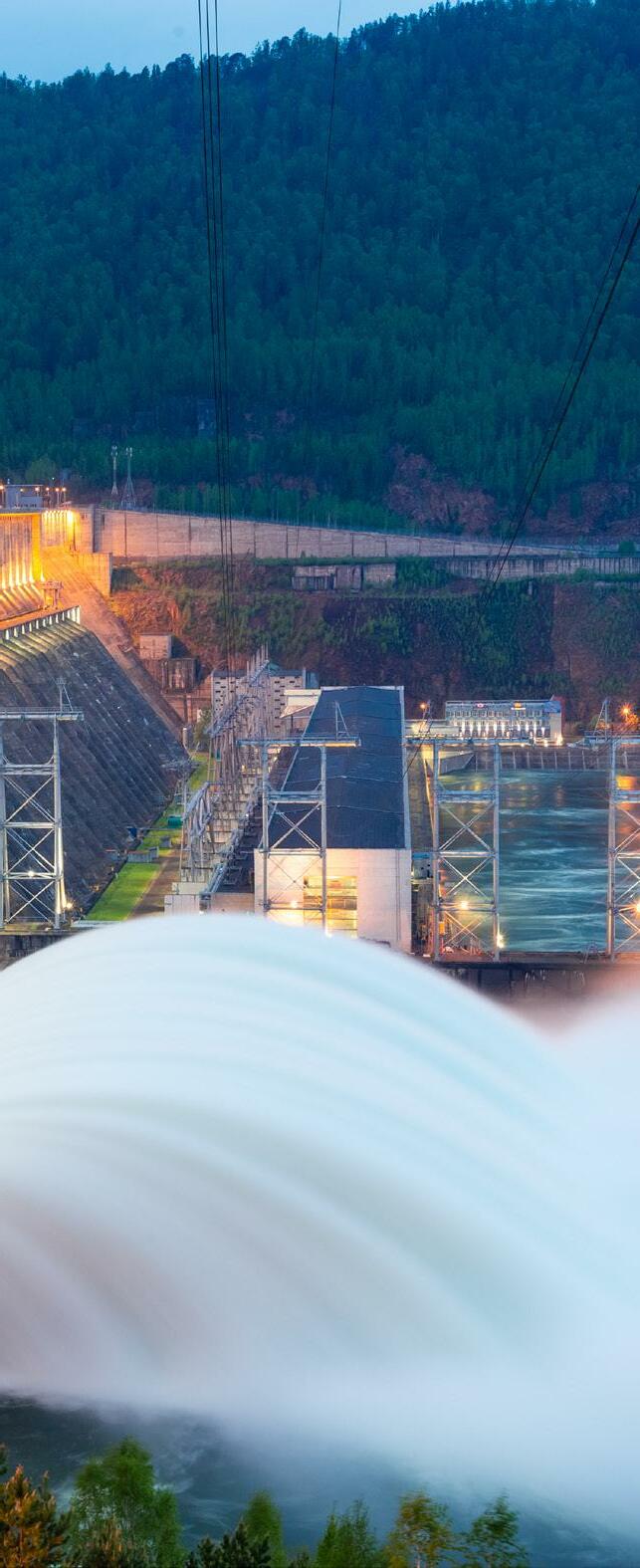
As climate change becomes an everincreasing problem plaguing our society, we must find new and innovative ways to create renewable energy. Proconics, a South African-based Engineering Company, may have the answer! With a clear focus on sustainability, it specialises in engineering, procurement, and construction. But what is sustainable engineering? Sustainable engineering, in its most simple form, means that the processes of designing and operating are conducted in a way that uses the least amount of energy possible. Sustainable engineering also dictates that you use resources at a rate that does not damage the natural environment, or the ability of future generations to also live in a safe environment. At Proconics they take such issues very seriously, to create a safer and more sustainable world for later generations.
Sustainable engineering, as a relatively modern concept, allows engineers to conduct operations in a way that allows factories and various industries to be more eco-conscious. Such objectives are clearly shown through Proconics work across the globe. Established in 1995, Proconics is one of the leading engineering companies in sustainable operations. The company achieves its aims through responsive and effective multi-disciplinary engineering projects, for clients with critical infrastructure and industries needing change. With a typical lifespan of 12 to 18 months, Proconics projects consist of key modifications done on existing factories, as well as other areas like Greenfields and renewable projects. As such, they have a greatly versatile nature that allows them to adapt depending on their clientele. Their adaptability is shown in the range of project executions, which range from pure design, up to total EPC (Engineering, Procurement and Construction). Therefore, making them the perfect guide to any infrastructure wanting to adapt to the changing face of climate change.
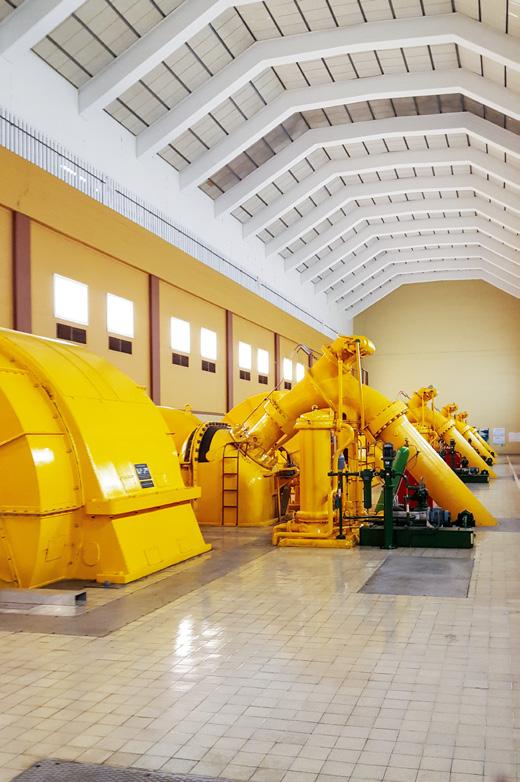
An equally important part of Proconics is its dedicated workforce of engineers. Proconics embrace their employee’s wide range of specialisations and talents, therefore greatly encouraging personal growth and diversification. To date, Proconics have 42 ECSA (Engineering Council of South Africa) registered professional engineers. Furthermore, they are connected to various professional bodies, such as SAIEE, SaiMechE, SAIMC, SAGA and SABS Workgroups. This means that you can be assured that Proconics is highly professional and backed by many South African institutions of engineering. This assures a high-quality performance, whatever the need may be.
In recent years, there has been a huge push within the engineering industry to be more inclusive of minorities, projecting the key aim of diversifying a very male-orientated industry. This, however, is not a problem that can be found at Proconics. Evidently, 51% of Proconics is black-owned, whilst 30% is black-female-owned. This intersectional aspect of the company means that it is up to date with the changing face of the engineering industry. This is most greatly shown in the fact that they are a BBBEE Level 1 contributor, creating a more equal industry.

Proconics’ portfolio of projects is something to behold, exhibiting 842 projects completed between 2019 and 2020, and over 400 employees across six offices in South Africa. Proconics also offer an extensive range of services. For example, their services in renewable energy include the use of drone technology. These are used to provide costeffective and dependable Electrical Balance of Plant (EBOP) services, in order to produce renewable power generation in Africa’s changing environment.

As mentioned earlier, Proconic’s exciting and innovative use of drone technology is predominantly used for safety purposes, due to the nature of the infrastructure which can occasionally be hazardous. Thus, having safety as one of their key priorities means that drone technology can perform checks on the factory without any harm being done to employees. Therefore, it can conduct excellent sweeps of large areas and excel in the execution of the tasks, whether it be inspections for auditing purposes, building 3D models, or final design integration projects.
The drone technology can also be utilised for other services offered by Proconics, such as power generation and construction projects in the petrochemical environment. The latter mainly involves the complex construction of infrastructure needed to process valuable chemical products, including coal, oil, and gas. However, Proconics are more than well-equipped and experienced in navigating the many pieces that such complex infrastructure requires, including utility blocks, electrification and distribution, and process control and instrumentation. All these vital elements combine to create a perfect storm of renewable energy, working to make Proconics execution of projects of the highest efficiency. Particular projects and support have been offered to local clients in Secunda, Sasolburg, Johannesburg, Cape Town, Lephalale, and Durban, offering nationwide guidance and procedure.
Furthermore, Proconics boast that they are 100% local, and as such, support IPPs and renewable EPCs. Therefore, it can be easy to see how one of Proconic’s core beliefs is to be relational. This has been achieved throughout the last 25 years by developing a strong professional network with local
international suppliers

As a proudly South African company, they can provide services that are unique to the customer’s needs, with efficiency and precision. Such projects include a Gas Detection Project, known as API 2350, to address overfill protection in storage tanks. Other key and innovative projects include the Tank Safety and Environmental Compliance Project. This was mainly concerned with the improvement of air quality, using a suitable vapour recovery unit. Therefore, through innovative and highly advanced technical projects, Proconics help create more sustainable energy sources, one factory at a time.

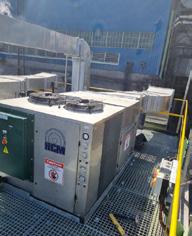
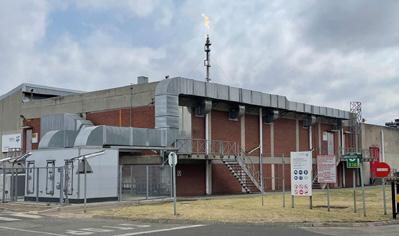
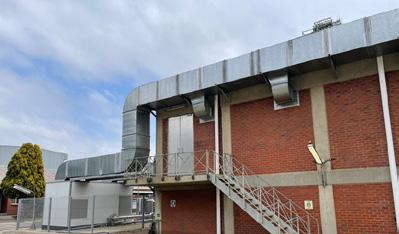
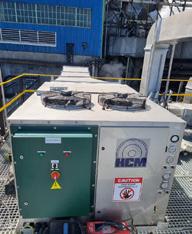
Proconics has sustainability and safety at the core of their collective mindset. Accordingly, they have a clear and inclusive mindset of how they are to achieve their goals. First and foremost, they greatly believe in inspiring from the front, to embolden others around them. As part

of this, Proconics also promotes clear ideas on accountability. Consequently, when working on a project, everybody is trusted to execute that project in a way that is safe and effective. Considering the high-pressure environments that they work in, everybody needs a clear understanding of the safest solution to a problem. However, this also means that resourcefulness and adaptability are highly regarded, utilising optimal services that ensure the most effective project execution.
As a leading business in renewable energy in South Africa, Proconics Engineering has a clear, effective, and sustainable mindset. Therefore, making a huge impact across South Africa, and other international fronts, in revolutionising factories and wider infrastructure to create an eco-friendlier world. This is vital in creating not only a safer world for future generations, but also making a huge impact on our current lives in the present.
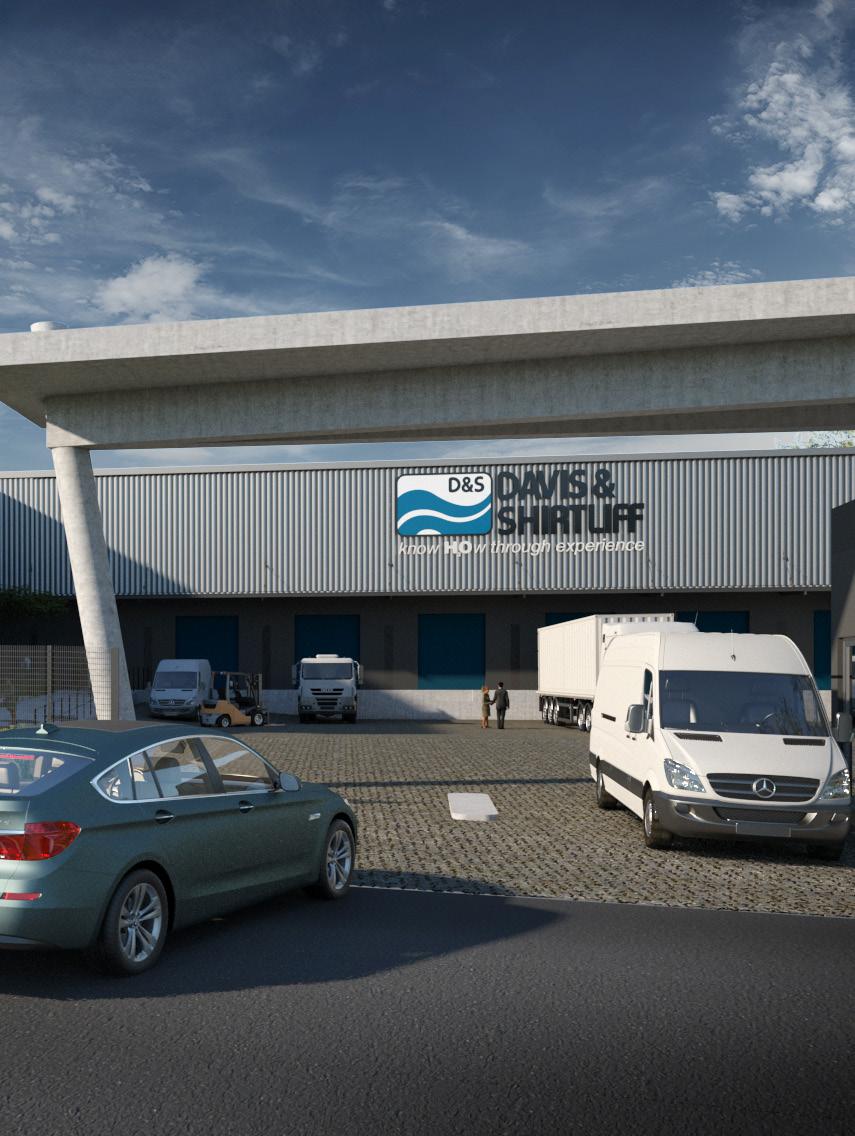 Written by Alice Instone-Brewer
Written by Alice Instone-Brewer
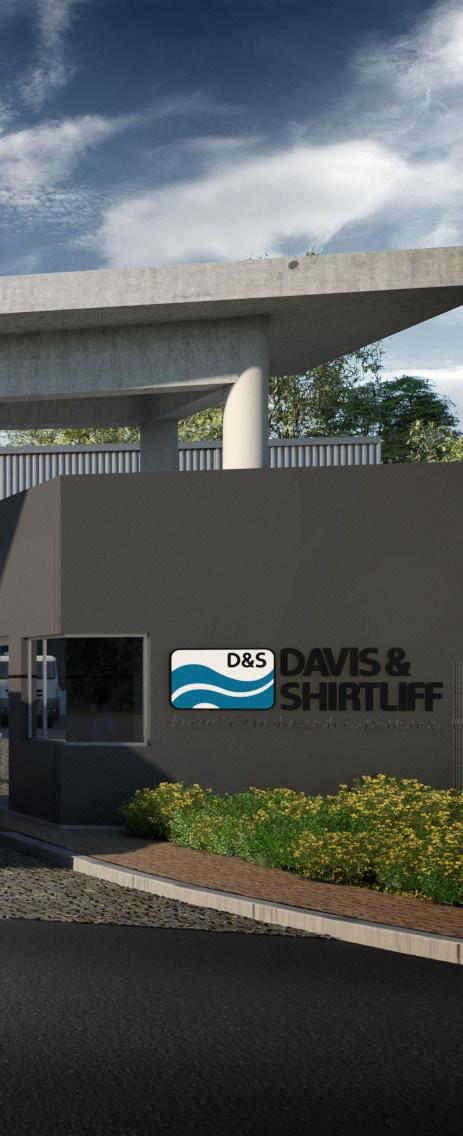
In a region as hot as East Africa, water related equipment is a key sector. From piping to drinking water to pools, Davis & Shirtliff has you covered through the provision of its pumps, tanks, and just about anything else water related. After 70+ years in the industry, the company has shown an ability to be tenacious, proving that it has the adaptability to have sticking power. From a small company to a large-reaching Group, we took a look at Davis & Shirtliff’s history, and what has brought the Group to the point it’s at today.
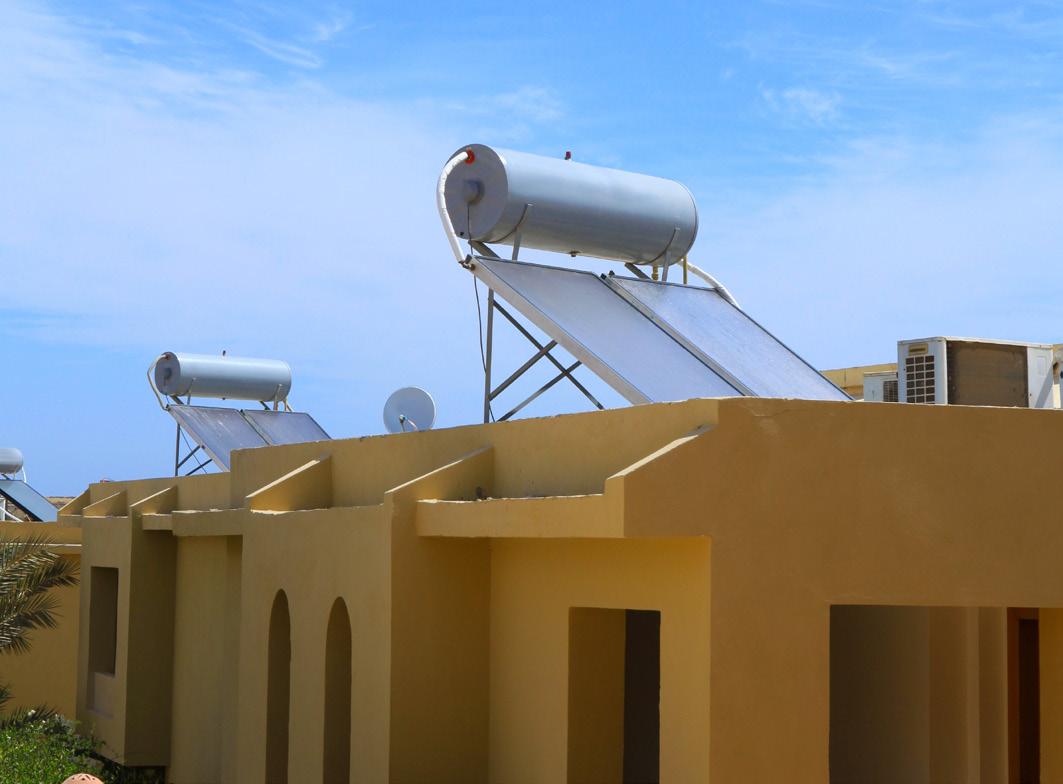
ollowing the end of World War II, in a hopeful new era of rebuilding stability, army veteran Eddie Davis purchased a small, independent local plumbing and water engineering firm in Nairobi. With this, in partnership with his friend Dick Shirtliff, the pair founded their company. Originally called RH Paige & Co, it isn’t hard to see where the company got its eventual name from! From this small start, a wide-ranging Group developed, expanding outwards as the world gradually recovered from the impact of the years that had passed.
Today, far from this small, grassroots firm, the Davis & Shirtliff Group owns a network of 70 branches in eight countries within the East Africa region: naturally, it still holds its presence in Kenya, but has expanded to also have a presence in Uganda, Tanzania, Zambia, Rwanda, South Sudan, Ethiopia and the DRC. On top of this, the Group also exports to many other regional countries including Malawi, Somalia, Somaliland, Zimbabwe and even several countries in West Africa.
This growth has not been through acquisition. Instead, it has been gradual and organic, though
this gradual’ process leapt forwards significantly in the late 1970s, by which time the number of pumps the company sold had increased 100-fold. This continuous growth has been a combination of the Group’s own successes, and also the growing economy within this region and the countries Davis & Shirtliff serves.
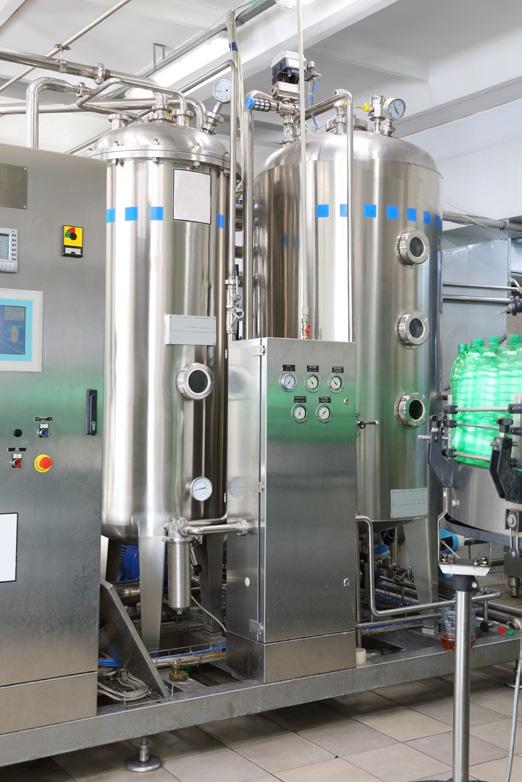
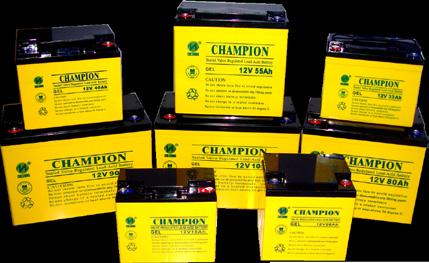
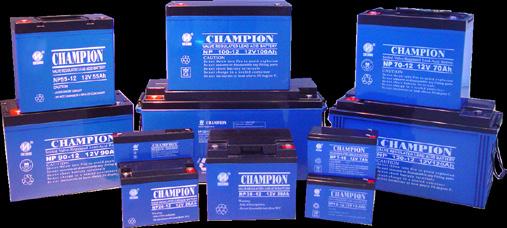
But what do they supply? This Group covers the gear you need for water and energy solutions – particularly the water solutions. This includes water pumps, boreholes, water treatment products and services, swimming pools, generators, solar equipment and irrigation – quite the list! Not only is this an impressive range, but it is a range that addresses any important needs within East Africa. Cleaner power, more readily available water and strong farming are all important elements for the hot region. The Group serves a wide customer base of private sector, NGO and government institutions across all industries and sectors, all of whom
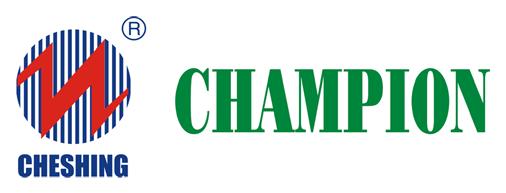
depend on the company for their essential water supplies.

It is no surprise then, that early operations for the company largely involved work with the agricultural sector and local water supplies. These areas had a growing demand at the time and are still key elements now. From here, the company moved on to expand into water pump supply, and this has remained a key area of the Group’s operations ever since. To this day, the company and Group offers a wide range of pumps for all applications, including those suitable for drinking water through to swimming pools.
Some of these pumps are the Group’s own, sold under the ‘Dayliff’ brand, whilst others are supplied by one of two major names, both of whom the Group has a long-standing relationship with. The first is Grundfos, one of the world’s largest pump industry players, and who Davis & Shirtliff have been supplied by for over 50 years. The second is Pedrollo, an Italian manufacturer of quality domestic and
commercial pumps, with whom the Group has delt for 25 years.
One of their earliest and still most important activities is the supply of a wide range of borehole equipment. In this area, the Group is the leading supplier in the region, boreholes being one of East Africa’s most important sources of water, explained, “there isn’t much surface water and there isn’t much rain, but there is ground water, and our equipment is used in many thousands of sites that capitalizes on this important resource”.
However, these products are not the entirety of the Group’s activities. As a part of its journey of growth, the Group further expanded their business by branching out into water treatment. This is now a major activity that continues to be a focus for the team, with a move taking place to look into hightech water treatment techniques such as ultrafiltration and reverse osmosis.
Another, in fact possibly one of the most important technological advances for Davis & Shirtliff, has been its move into solar

Welcome to Liquid Intelligent Technologies a business of Cassava Technologies


Liquid Intelligent Technologies, a business of Cassava Technologies, is a pan-African technology group that has established itself as the continent’s leading digital infrastructure provider. Through our partnerships with leading global players, we are redefining Network, Cloud, and Cyber Security offering in Africa. Liquid is a full one-stop shop providing tailor-made digital solutions to businesses in the public and private sectors across the continent.
Liquid Intelligent Technologies, a business of Cassava Technologies, is a pan-African technology group that has established itself as the continent’s leading digital infrastructure provider. Through our partnerships with leading global players, we are redefining Network, Cloud, and Cyber Security offering in Africa. Liquid is a full one-stop shop providing tailor-made digital solutions to businesses in the public and private sectors across the continent.
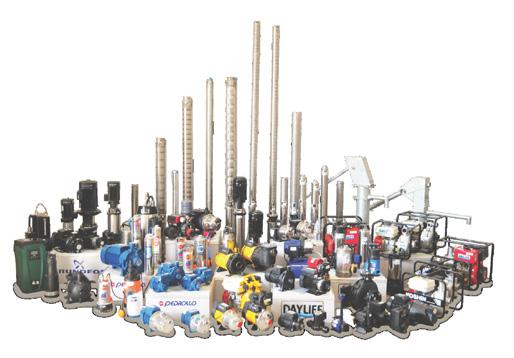
technology, specifically to power solutions in water heating, power generation and solar pumping. These technologies have been widely applied, including hundreds of solar pump installations in remote arid sites performed for organisations such as UNICEF, World Vision, Kenya Red Cross and the Ministries of Water, in countries including Uganda, Somalia, Ethiopia and the DRC. As one can imagine, technology like this both transforms and saves lives. This new technology provides reliable water supplies in areas that were previously unable to access the power to support such infrastructure, and it is this sort of innovation that continues to place Davis & Shirtliff at the front of the industry in their region.
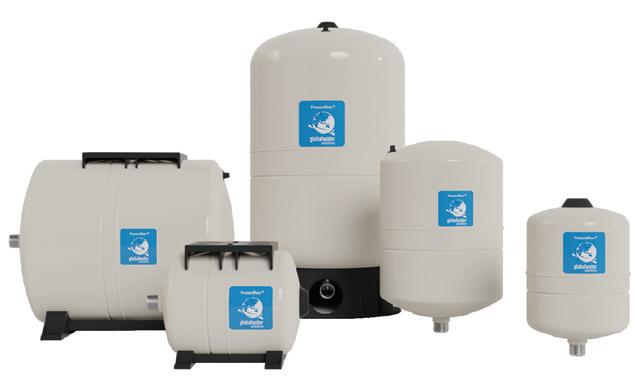
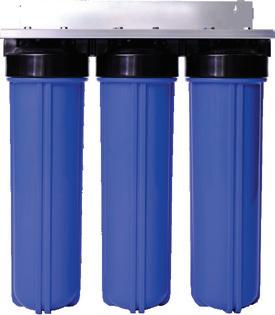
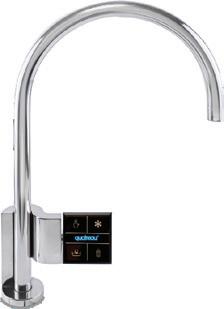
It has been over 70 years since Davis & Shirtliff went into operation, and in that time, a simple one-location operation in Kenya has ground into something vast. Not only this, but the Group has grown from being simply ‘one of the crowd’ to a known go-to for technology knowledge, standing out from its peers in its understanding of the equipment it supplies, both traditional and more cutting-edge. Water and energy are two essential resources in any country or area, and this is certainly true for East Africa. Therefore, the field this Group works in will always be an important one, and one it contributes to with excellence, experience and expertise.
Another innovation has been the in-house development of a series of Apps, including the free to download D&S FLO, which details all Davis & Shirtliff products with their specifications and performance. Adding to this line-up, the Group is frequently approached by various suppliers with new products and ideas. These products are rigorously reviewed by a Product Committee that selects and introduces those with potential and keeps a regular flow of new product initiatives.
 Written by Alice Instone-Brewer
Written by Alice Instone-Brewer
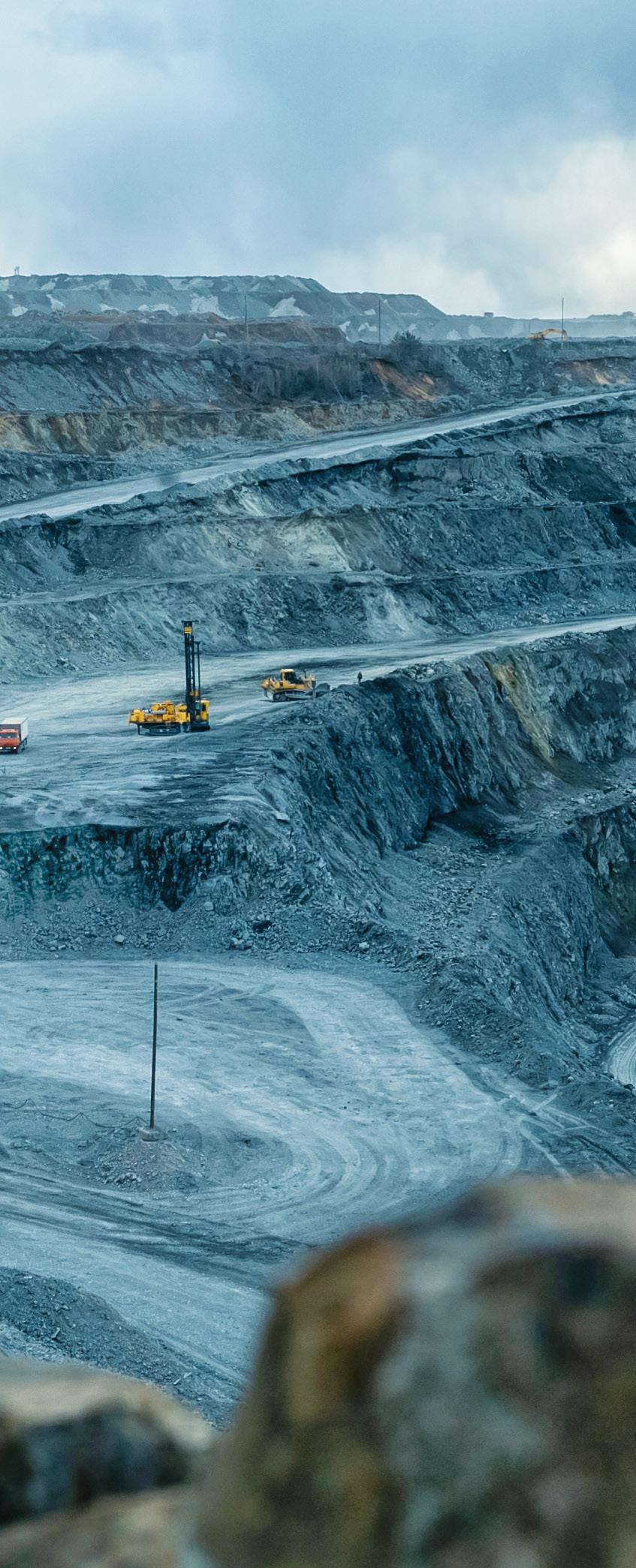
As a crucial part of Ghana’s economy, the country’s mining industry is of great interest to many. The Ghana Chamber of Mines knows this and takes great care in navigating the heavy responsibility of guiding and protecting this industry sector.
In a world where the mining industry is pushing to be greener, cleaner and more responsible, it is the GCM’s duty to direct the sector in this direction and advise accordingly, whilst at the same time supporting and protecting its members.

The Ghana Chamber of Mines (GCM) first arose as an offshoot of the West Africa Chamber of Mines, the first offices of which opened in 1903. When this initial organisation began, its goal was to protect and advance mining interests in the West African region for its shareholders – notably, the London mining companies whose directors made up its board.
Since Ghana achieved its independence from the British Commonwealth in March 1957, so too did its mining interests break free of an Anglo-centric lilt and become, as they should always have been, Ghanian. Taking the name that it still bears today, the Ghana Chamber of Mines converted into a limited company, and in 1967, its offices moved to Accra, Ghana’s capital.
From then until now, the Chamber has operated as a voluntary private sector employers’ association, representing companies and organizations engaged in the minerals and mining industry in Ghana. Its activities, programmes and services are all funded by its member companies, thus providing a structure and streamlined way for these companies to reinvest in the country’s industry as a whole.
Citing its underlying mission as being “to represent the mining industry in Ghana using the resources and capabilities of its members to deliver services that address members, government and community needs, in order to enhance development”, the Ghana Chamber of Mines has made incredible inroads into what could be seen as a competitive, noncooperative industry. It is a one-stop shop for the representation of collective interests of all reputable mineral exploration companies, in addition to those operations that produce and process mineral ores.
Naturally, there are strict covenants as to the way the chamber presents itself in the marketplace and as such, it operates in accordance with the values that are expected from all members. Honesty, transparency, good governance, good corporate citizenship, commitment and unity are the pillars which support the chamber at its very core and when we start to think about how necessary the GCM actually is, these values become all the more laudable.
Since 2010, ZEN Petroleum has grown its portfolio and established itself as the market leader in supplying Fuel and Lubricants to mines in Ghana while earning a spot among the continent’sfastest-growing businesses.
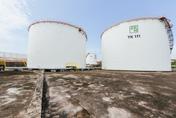



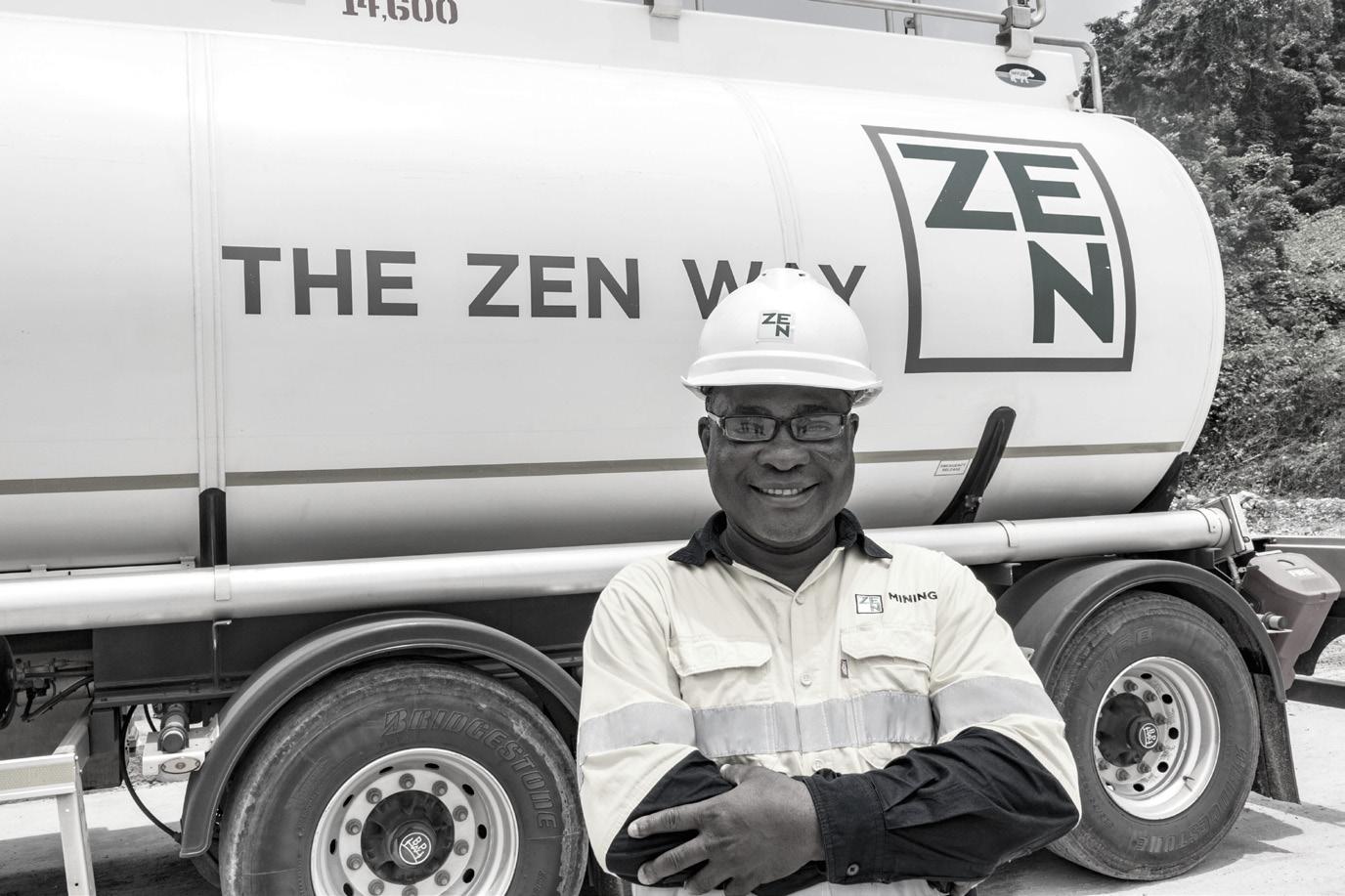

As a wholly owned Ghanaian company, we are proud of our West African heritage, having expanded our footprint as a reliable partner for mines across the region. We continue to innovate towards establishing a growing, world-class retail network in Ghana, driven by a diverse local team of passionate experts.
We remain committed to locally driven business solutions, respecting local customs and adhering to our core values, while maintaining a global outlook, international standards and the provision of quality products and services.
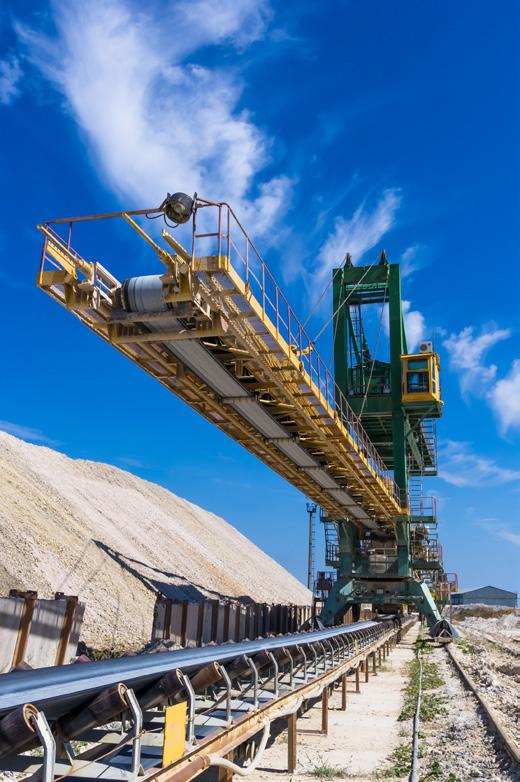
The mining industry in Ghana makes up 5% of the country’s GDP and as such, requires thorough governance, protection and development. These are only possible through open and honest communication, the sharing of ideas and information and experienced representation, all of which are promoted and encouraged by the GCM. It’s also critical that workers’ rights are protected, as the need for reliable team members is only ever going to increase, though illegal miners invading the marketplace are continually threatening this.
Aligning with none of the core values of the chamber and giving little consideration to workers’ rights or the continued economic stability of Ghana as a whole, illegal mining operations are a scourge on the otherwise immaculate landscape of the minerals exploration industry and need to be stamped out. Speaking about the influx of illegal activity, the Chamber commented that: “The country stands to lose heavily if the activities of the illegal miners are allowed to fester. There is a clear and present danger to our environment and to Ghana’s economy as illegal miners fight large-
scale mining companies for concessions the latter have obtained legally. This in itself breeds a sense of insecurity and fear among investors, which will cause a slowdown in investment in the country’s minerals sectors.”

This in itself raises a very important question: how can Ghana continue to sell itself as a promising prospect for foreign investment, therefore strengthening the wider economy, if security can’t be guaranteed? It stands to reason that the legal operations should be given more support than ever before, which is why the GCM has been conversing and working closely with the Government, to encourage change:
“Honestly, the country earns next to nothing from the activities of these illegal miners. Only a few unscrupulous individuals benefit from it. It is no secret that the Government loses significant amounts of fiscal revenue every year as a result of such illegal mining activities. Apart from projecting a bad image for the entire mining sector, the repercussions to the environment are ominous. If the activities of the illegal miners are not nipped
The Ecological Transformation for Mining means optimised water management, waste valorisation and guaranteed operational performances.
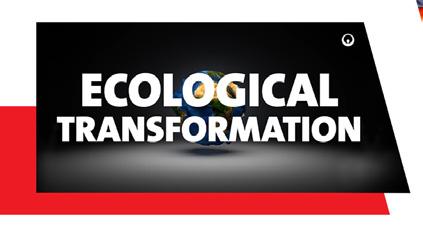
Veolia innovates to improve your acid mine drainage treatment and your overall water management. With Neolab Your Lab in a container, feasibility study and data collection is now available at your fingertips.

E & P is a wholly Indigenous Ghana ian owned mining and construction contracting company headquartered in Accra, Ghana. Since its inception in 1997, E & P has successfully com pleted world class projects including road construction, mining projects, tailings dam construction, landfill site construction , leach pads con struction land reclamation amongst others.
E&P has the capacity, experience and expertise to deliver on major hard rock mining projects. E& P has ex ecuted mining projects both in Ghana and Liberia.
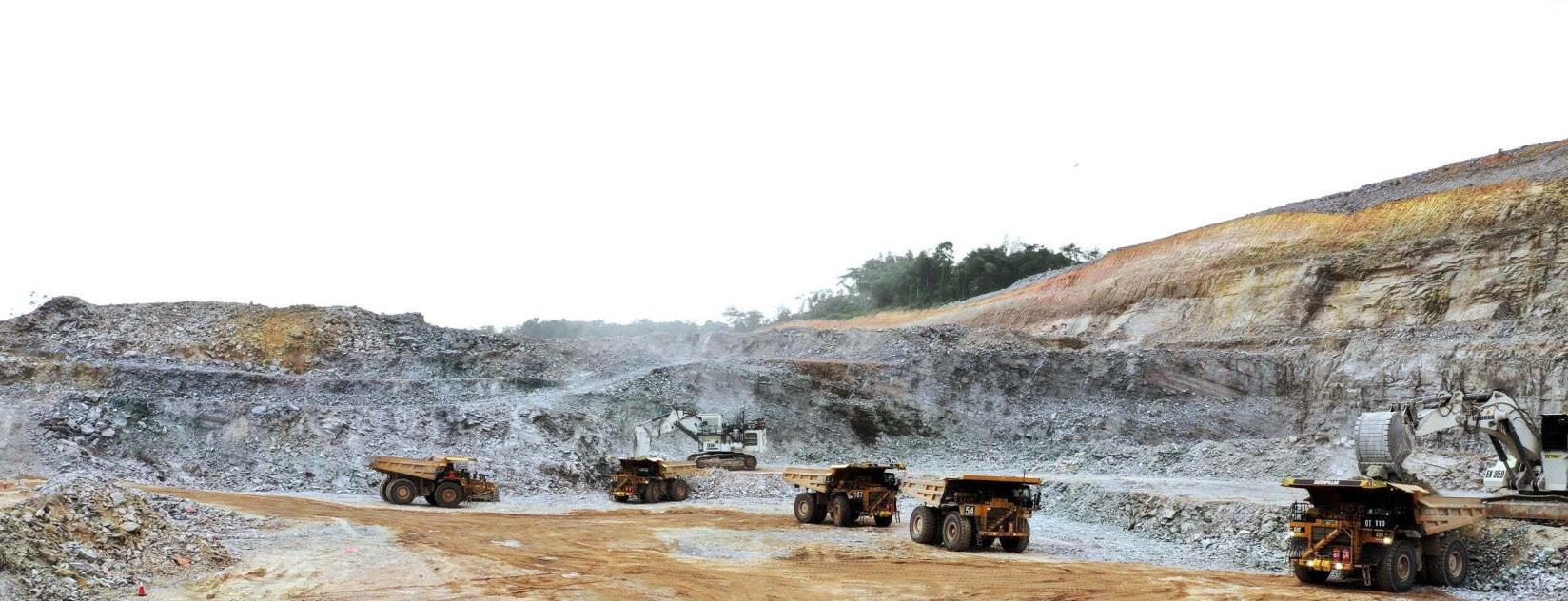
E&P is currently engaged in hard rock contract mining for Gold Fields Gha na Limited ’s world class gold mine in Tarkwa, and Abosso Goldfields Limited in Damang, Ghana.

Between January 2010 and May 2014, E&P also undertook hard rock min ing for Golden Star (Wassa) Limited in Ghana.
The most current addition to E&P’s business portfolio is an ultra-modern Cement Manufacturing plant located at Tema in the Greater Accra region known as Dzata Cement, with an an nual production capacity of 2.3 mil lion metric tons. The entire manage ment team and work force at the said cement plant is Ghanaian.

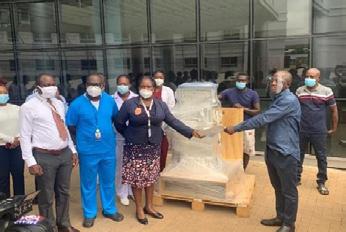
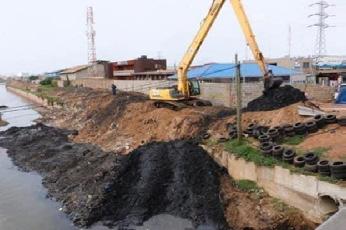
Operations at the Cement Plant commenced in July 2021.

E&P has a long history and unbeatable record in Corporate Social Responsibility (CSR), often simplistically seen as charity or philanthropy. E&P has expended hundreds of thousands of Ghana Cedis annually in Social and Environmental programs and disaster reliefs, in support of critical government health and educational programs both at the community and national levels.
Below are
in the bud it would undermine Ghana’s efforts at attracting and sustaining the much-needed investment into the mining industry.”
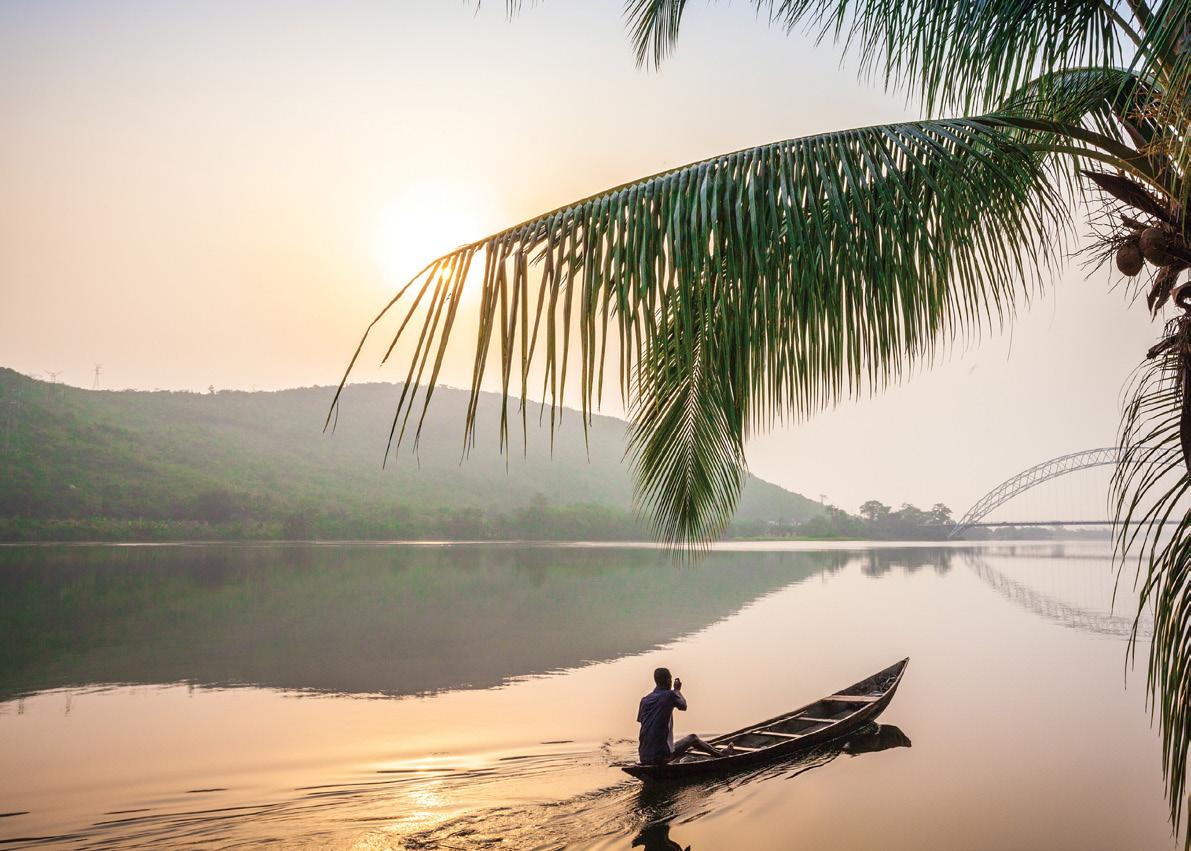
A two-pronged attack seems to be the order of the day, with the GCM protecting the rights of stand-up operations and supporting them wherever possible, with regular newsletters, conferences and educational content and the Government being called on to install military protection at legal mining sites. By working cooperatively, the unsavoury element that has been steadily creeping into the Ghana mining industry can be effectively dealt with, without any of the specialist focus points being overlooked, such as health and safety.
Demonstrating a natural gift for protecting the rights of legal miners, as well as their wellbeing, issues pertinent to safe operation are highlighted through annual health and safety competitions, as well as strategic communications. This really does give a rounded impression of how hard every
It’s no secret that education leads to development, innovation and communication, but it’s still relatively rare to discover an association that is as intrinsically committed to these endeavours as the GCM is. By stamping out illegal mining, lifting those that operate within the law and for the benefit of Ghana as a whole and seeking to invest in the local economy, the GCM is leading the charge in terms of industry support systems and maybe it’s time for others to dig a little deeper and find a similar amount of resolve and resilience.
Miwatek is an innovative advanced-technology company. We employ leading water treatment experts who are commited to delivering highly effective, "best-in-class" solutions for the rehabilitation of mine impacted water.
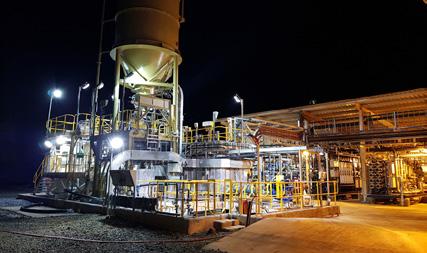
From simple sulphate reduction to zero liquid discharge, you can rely on Miwatek to develop an appropriate solution.



